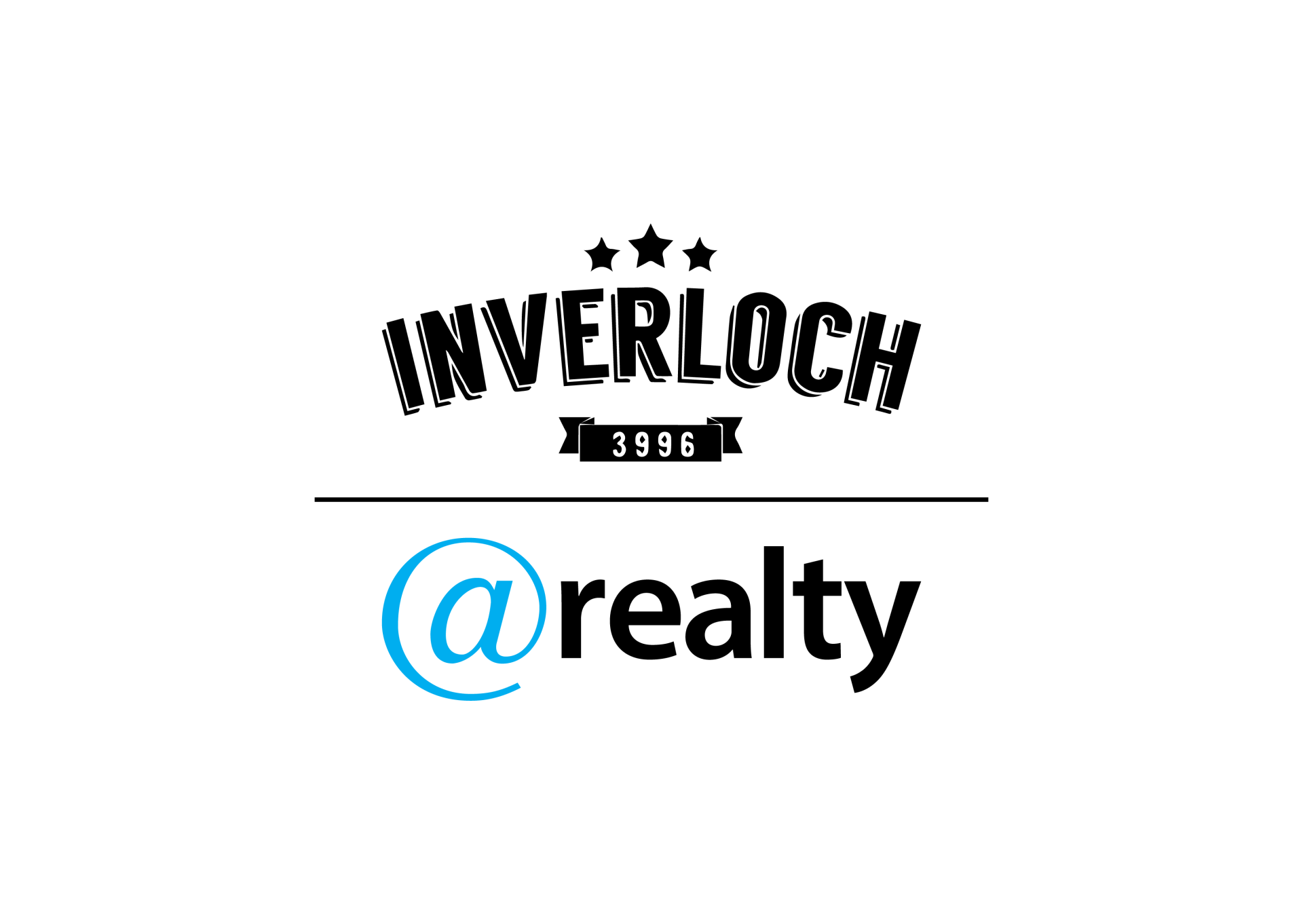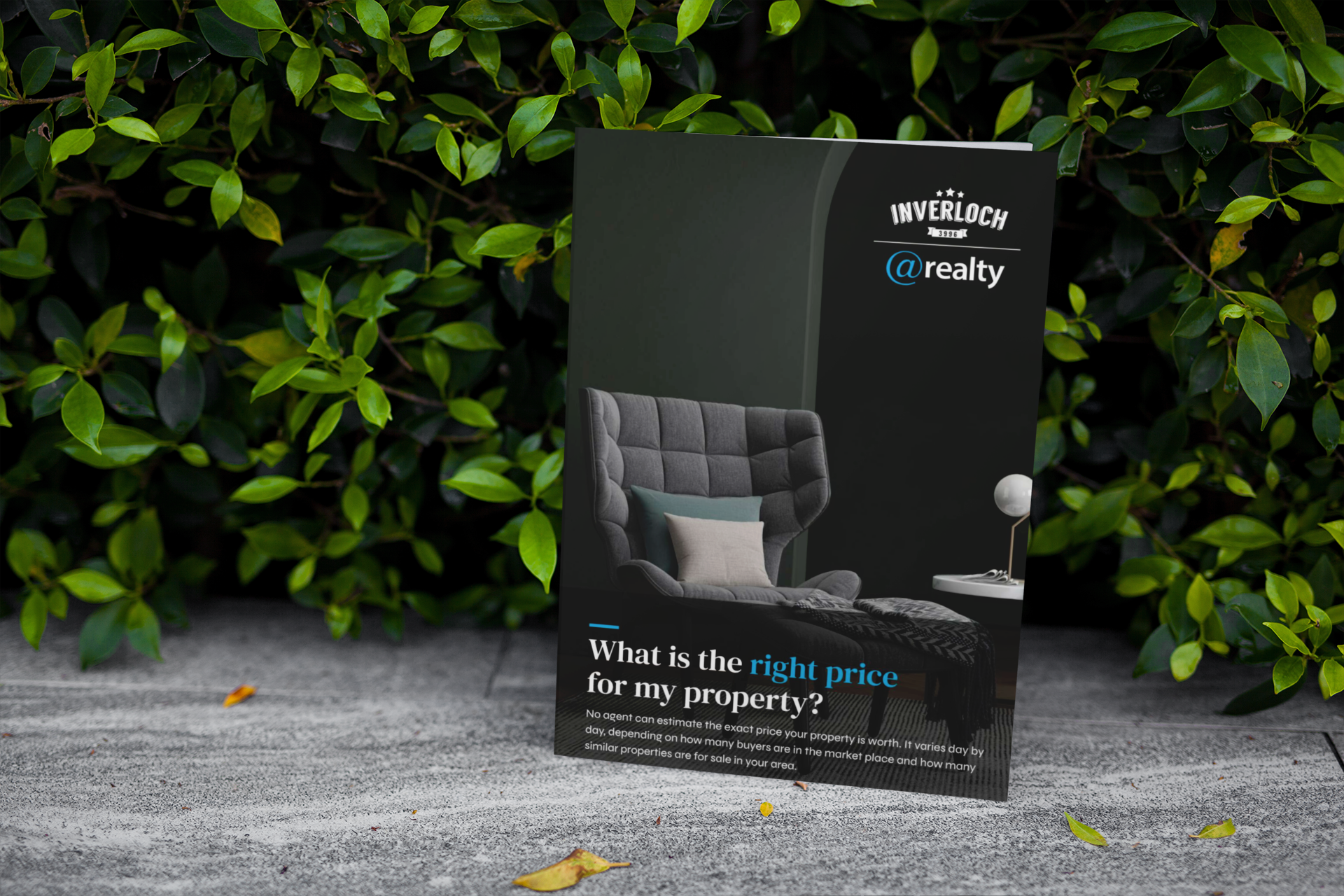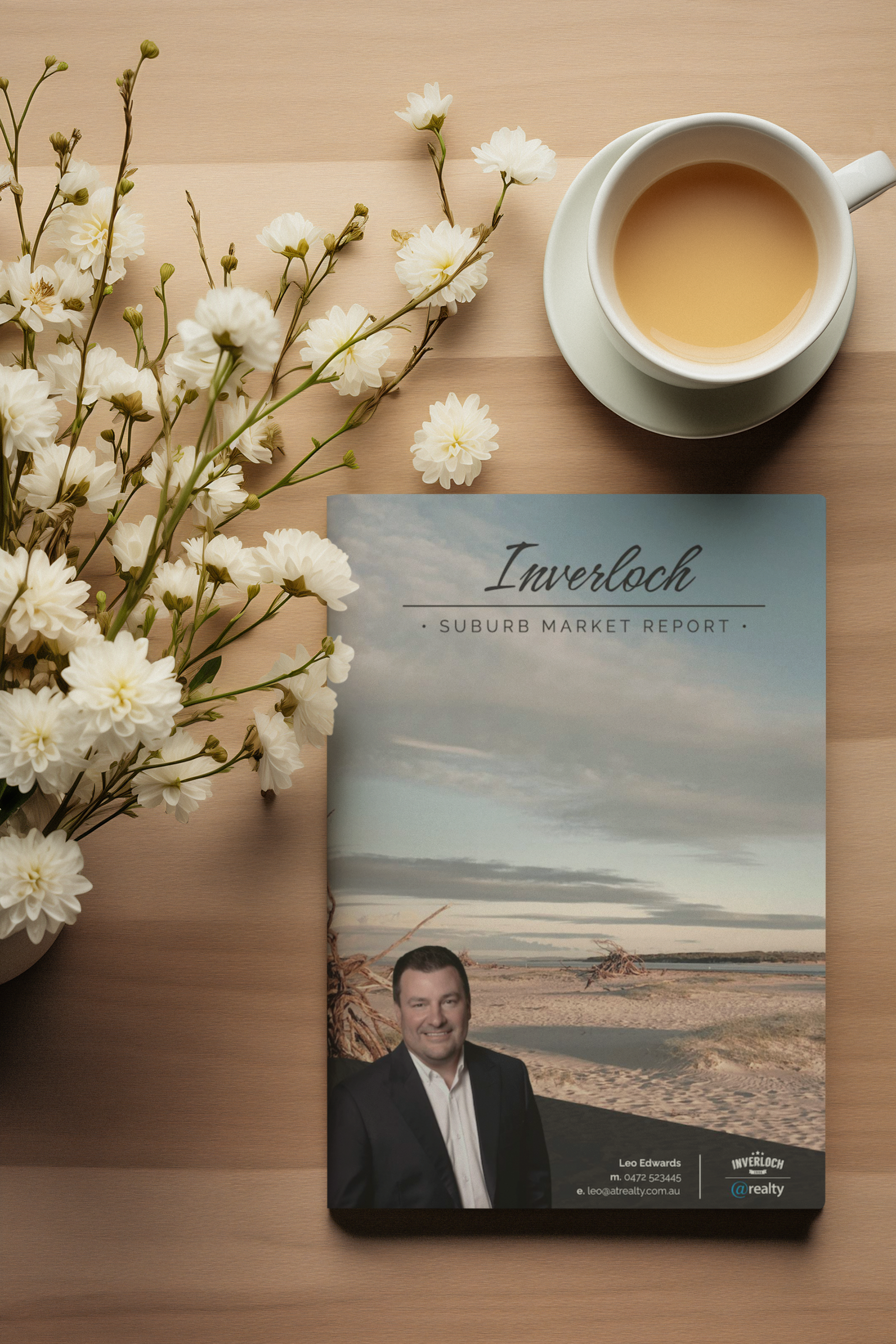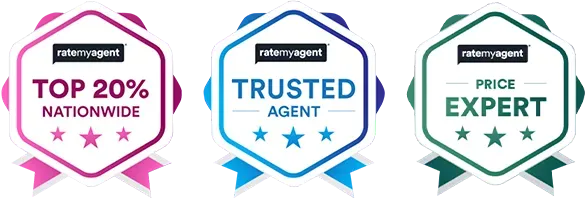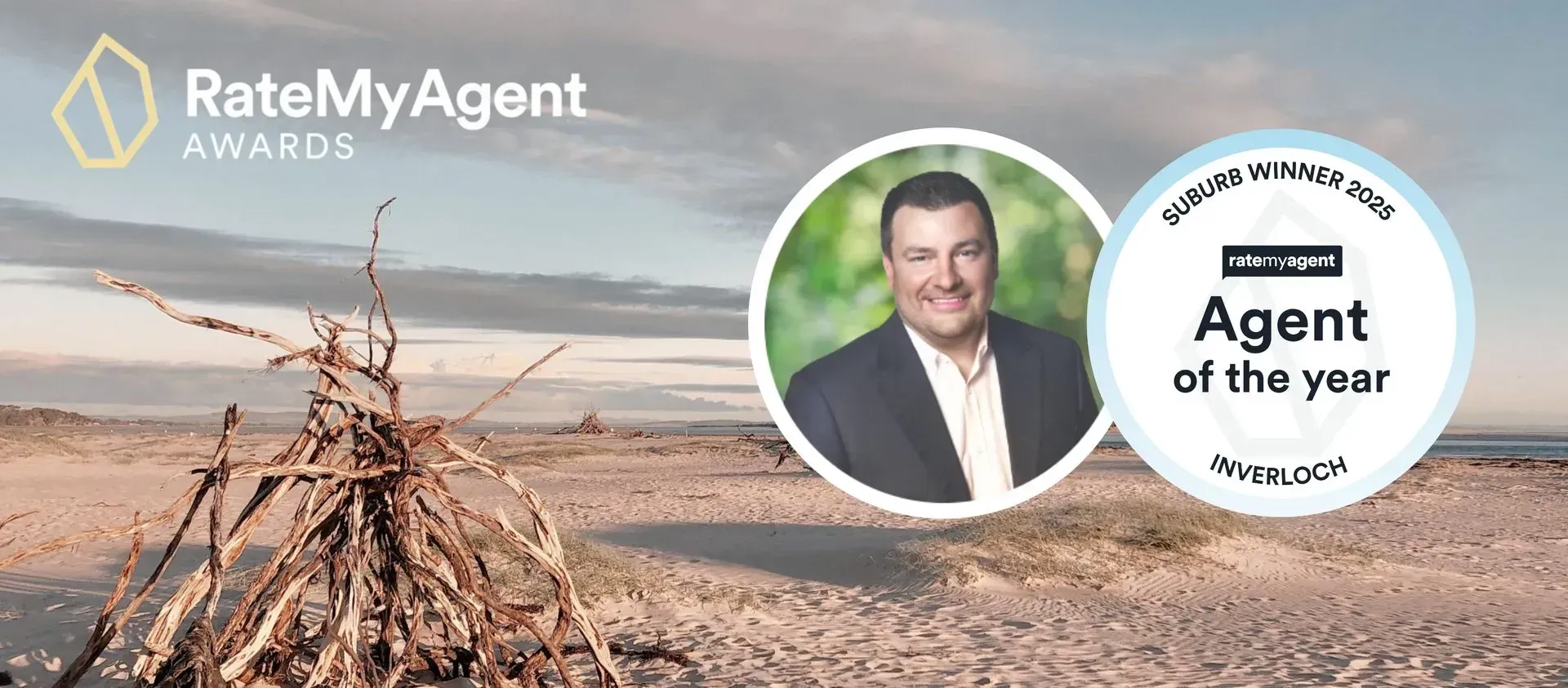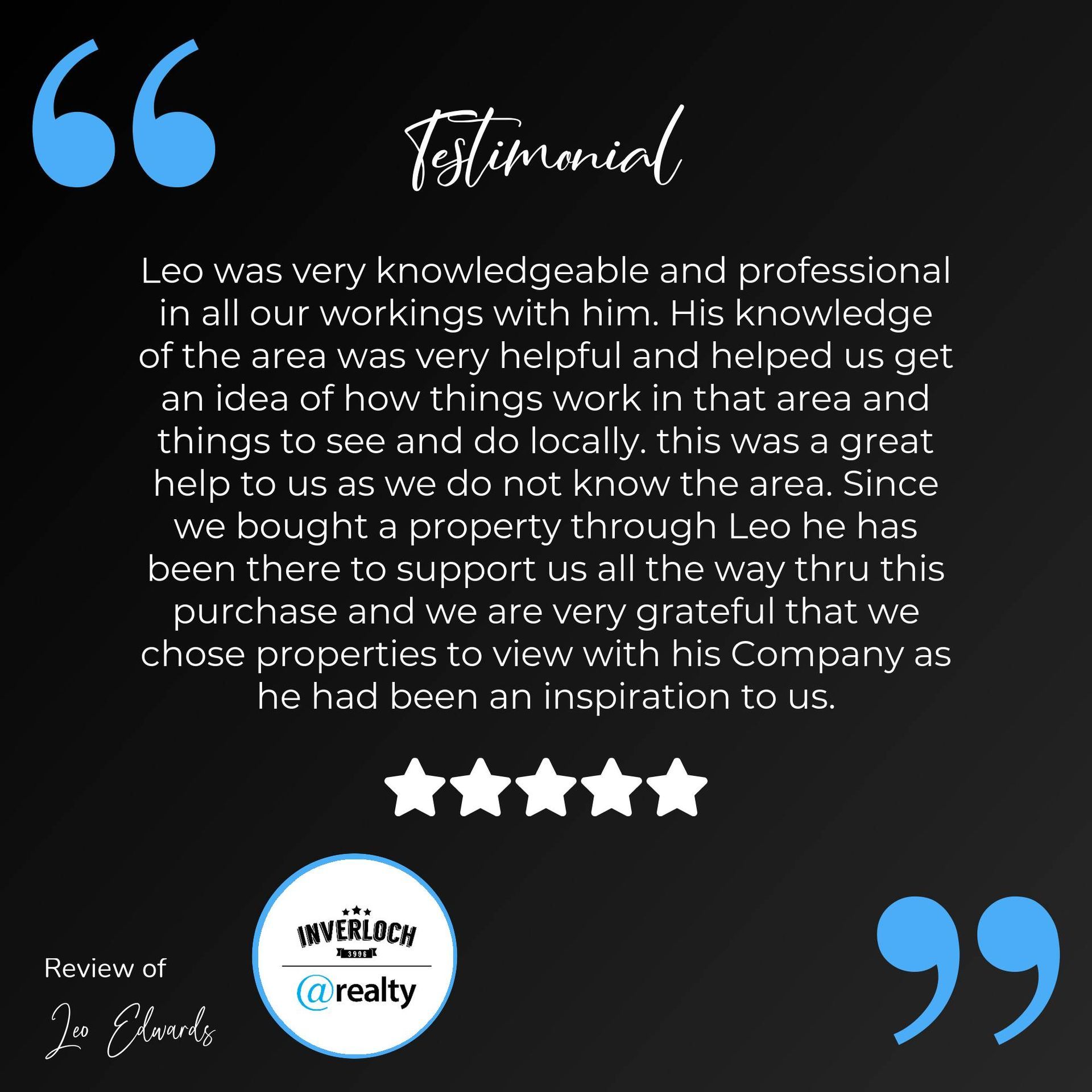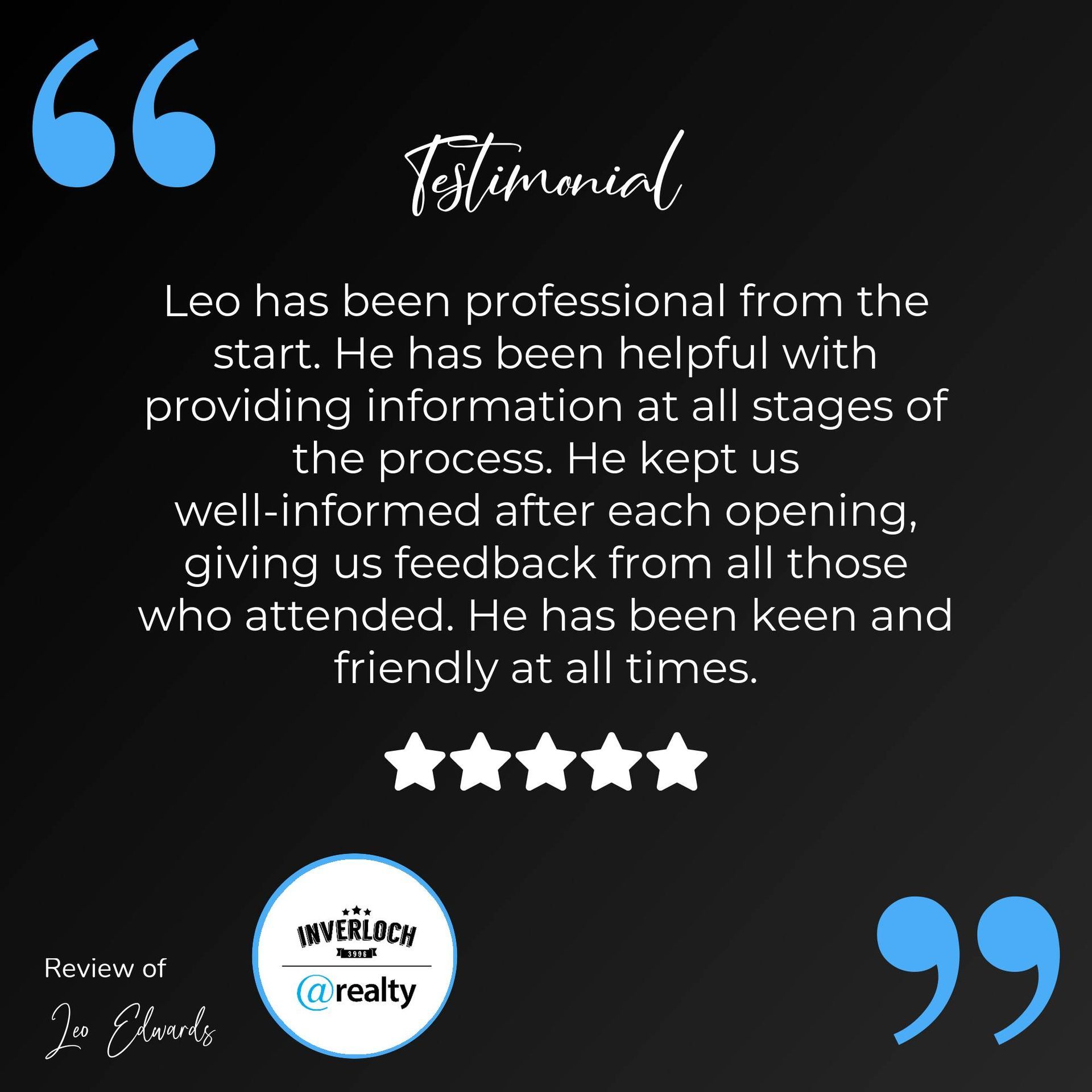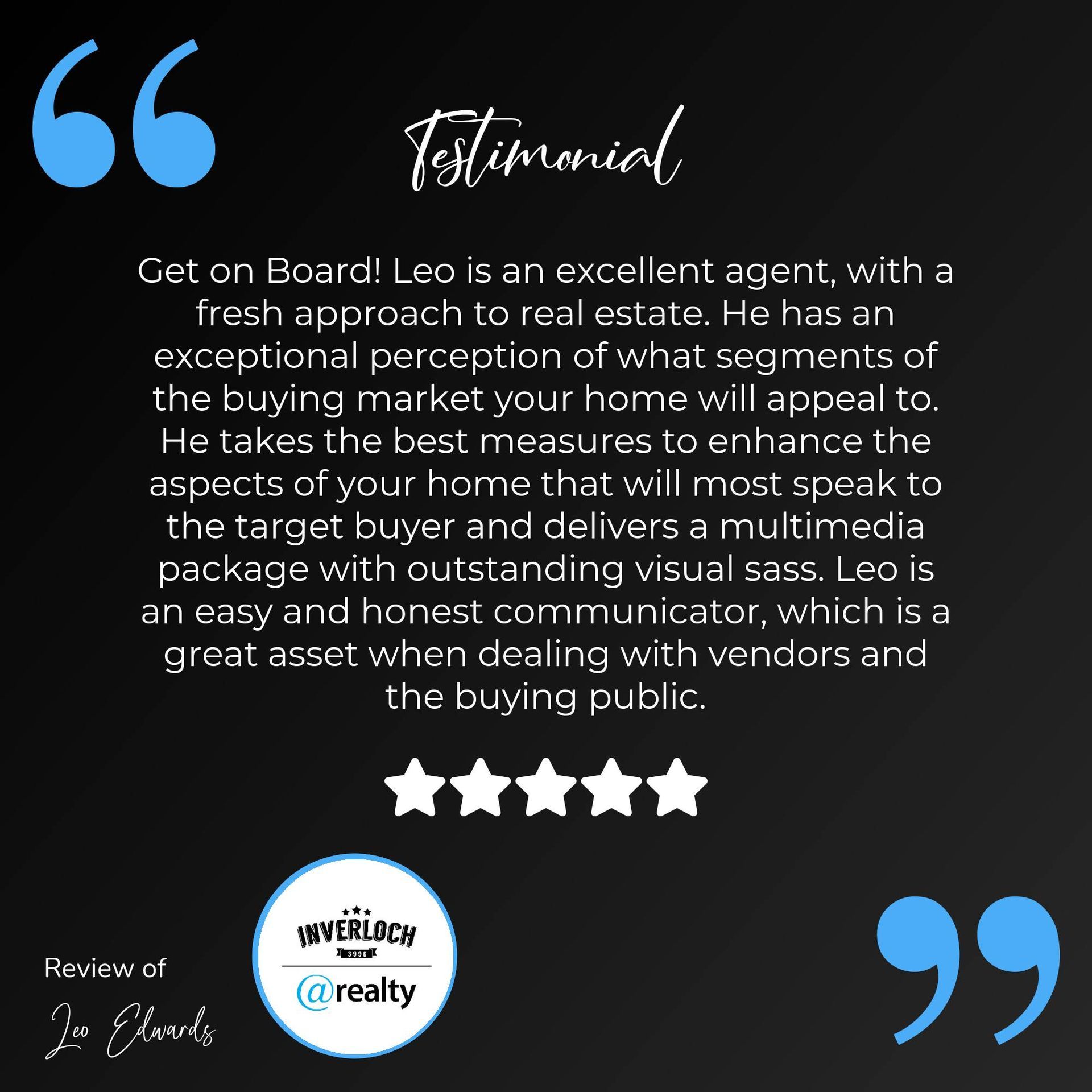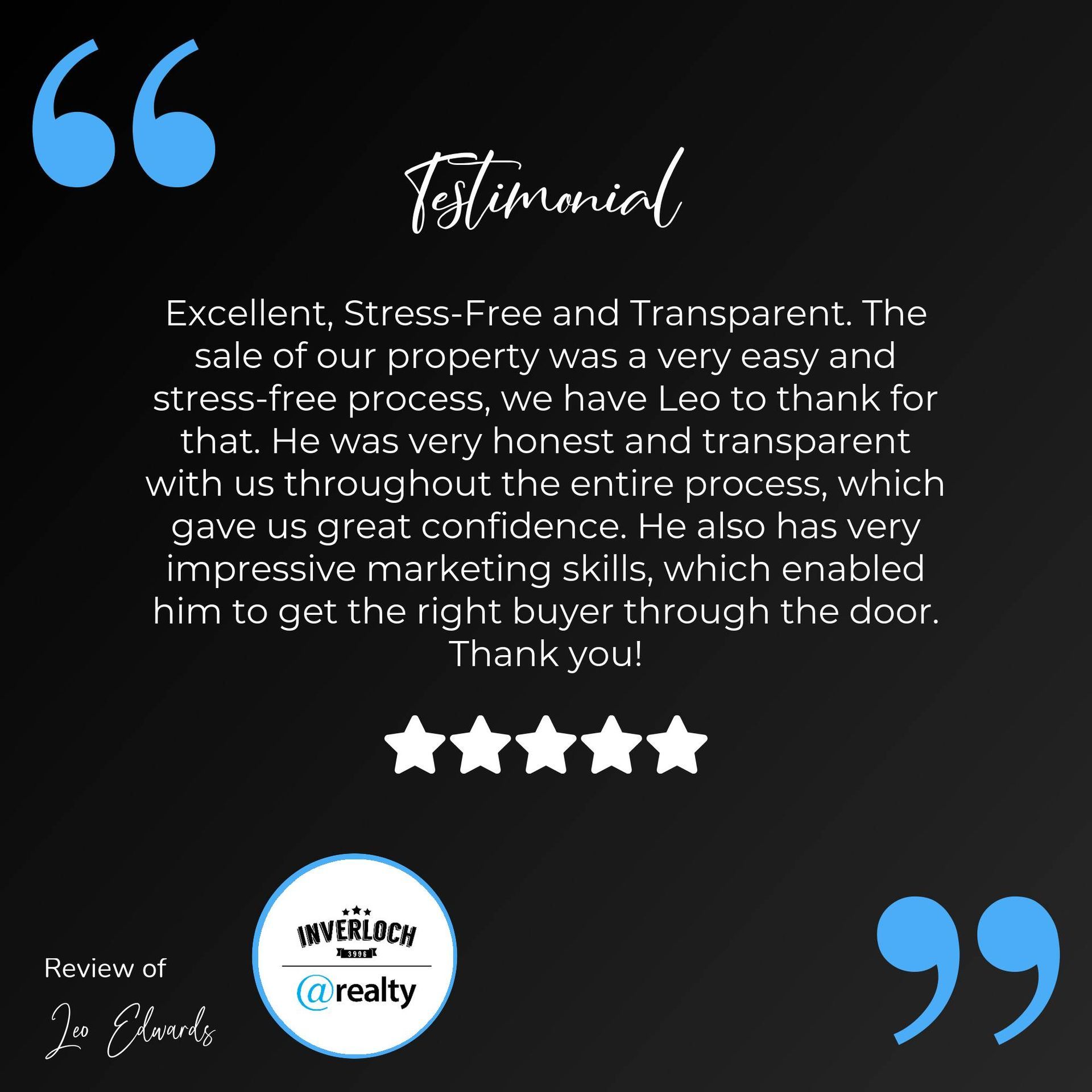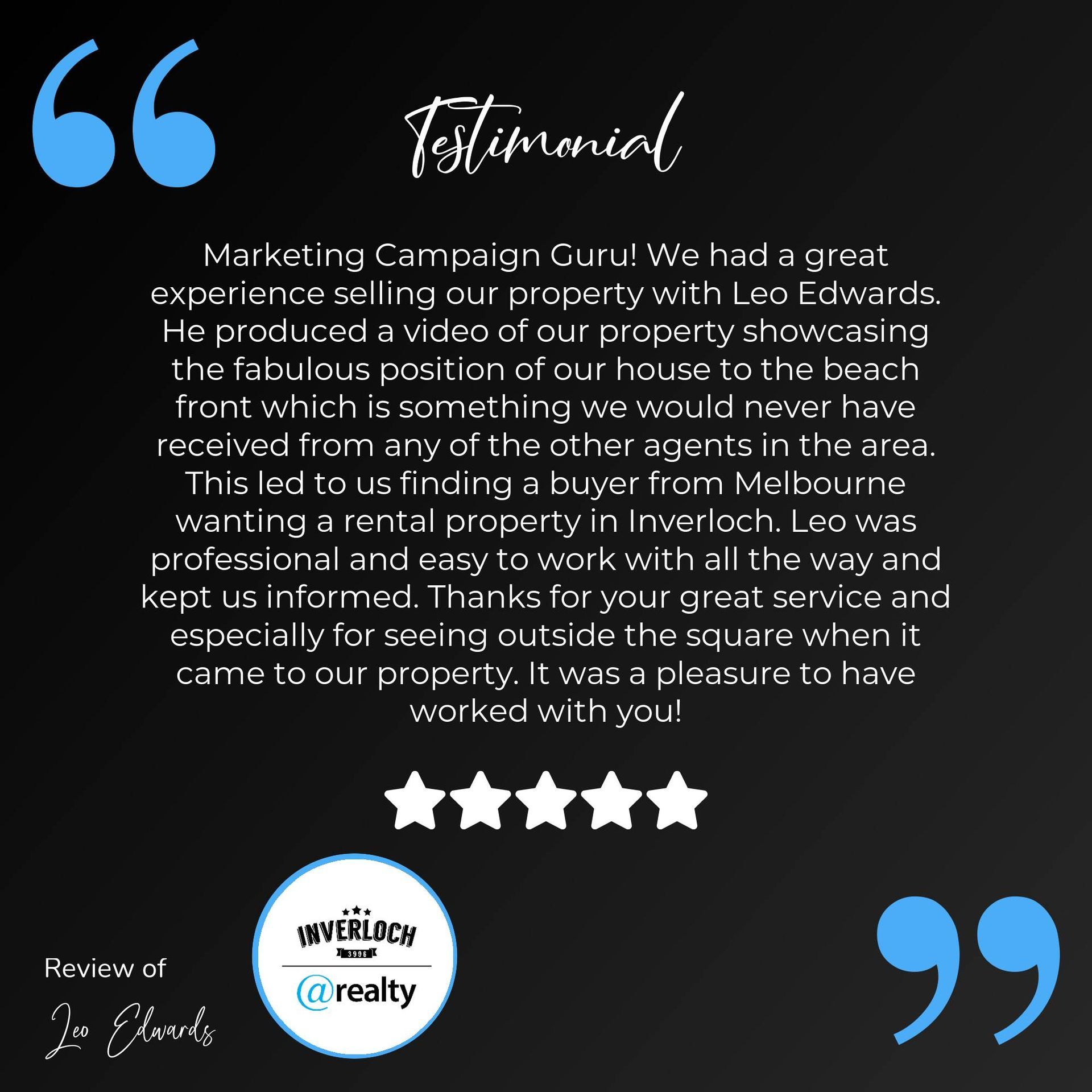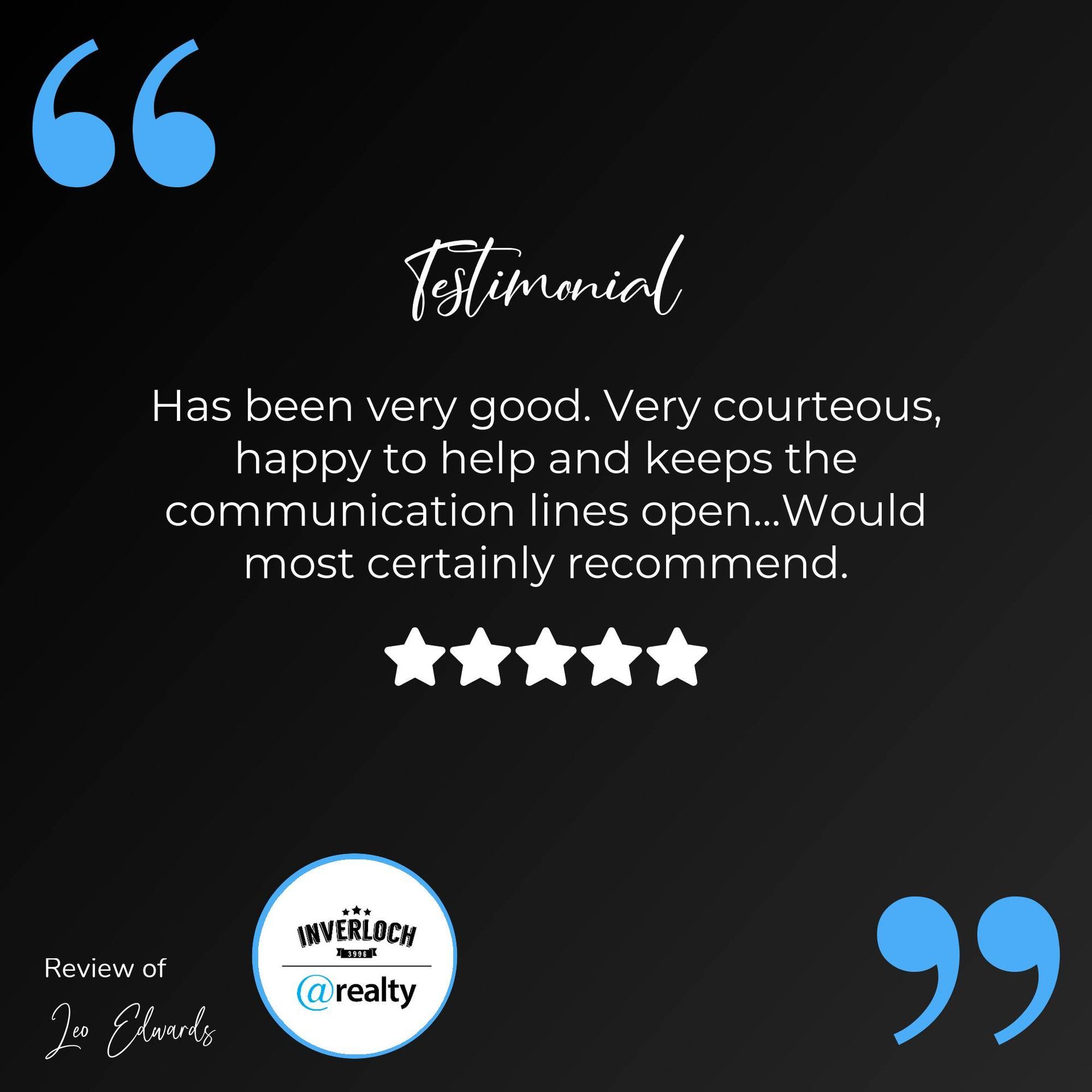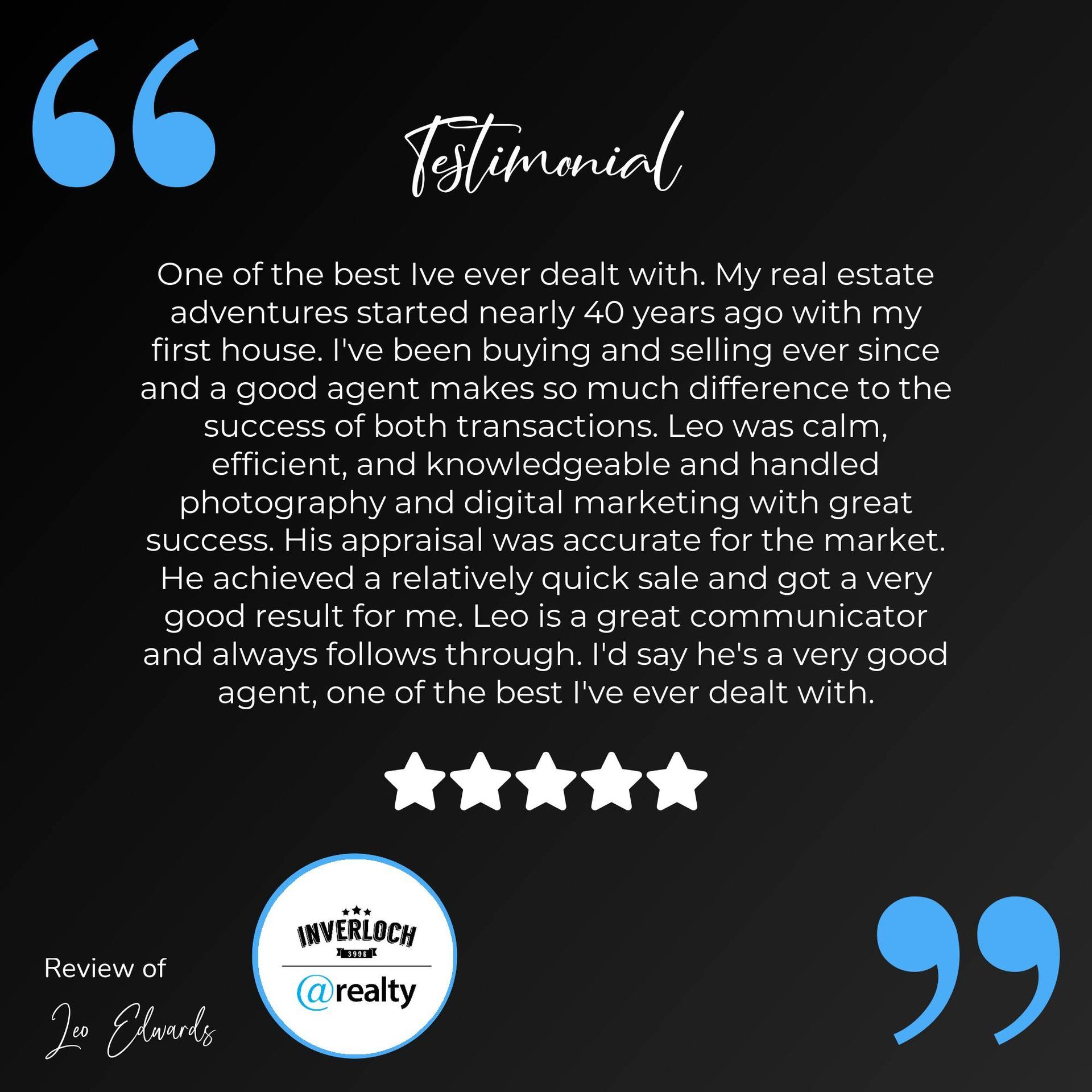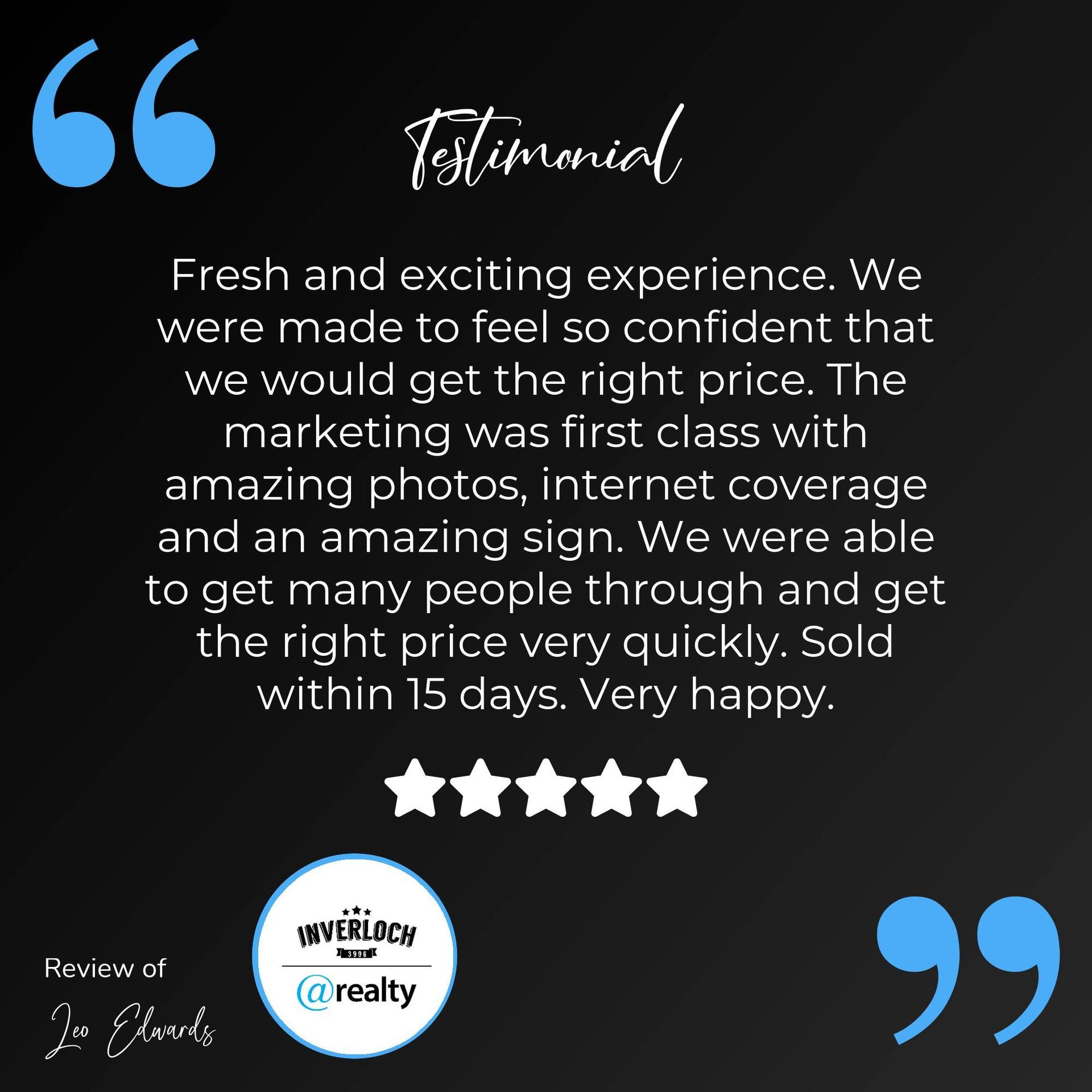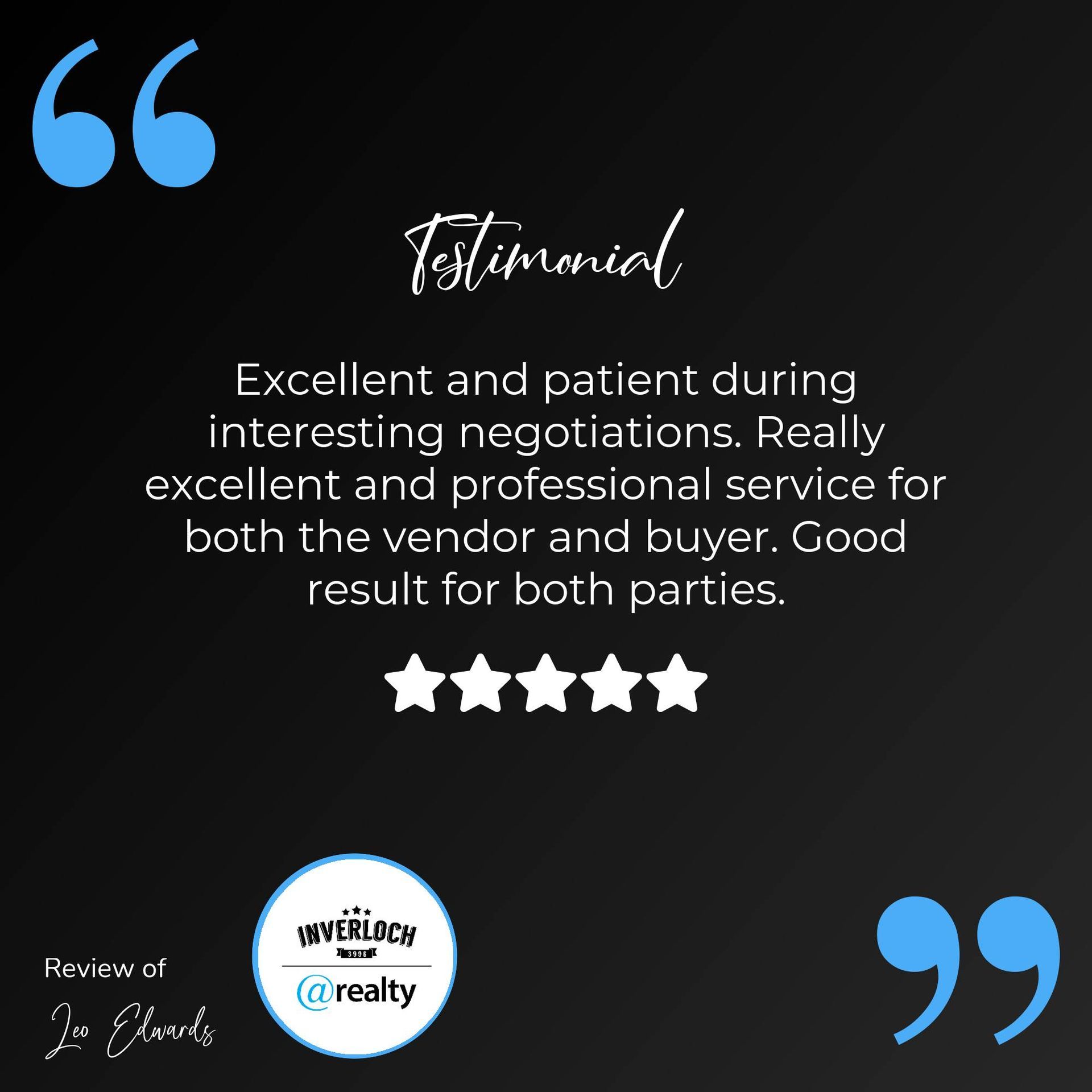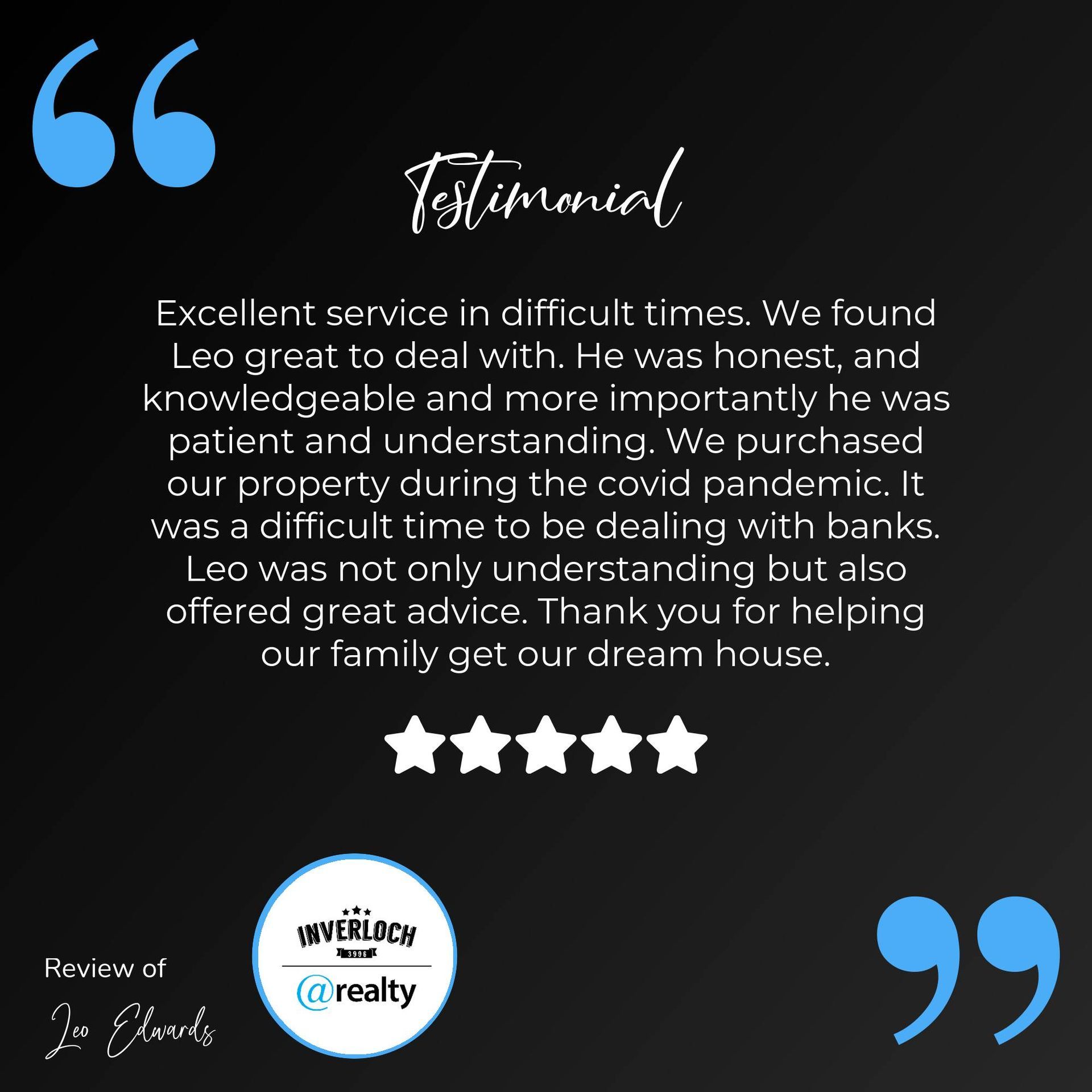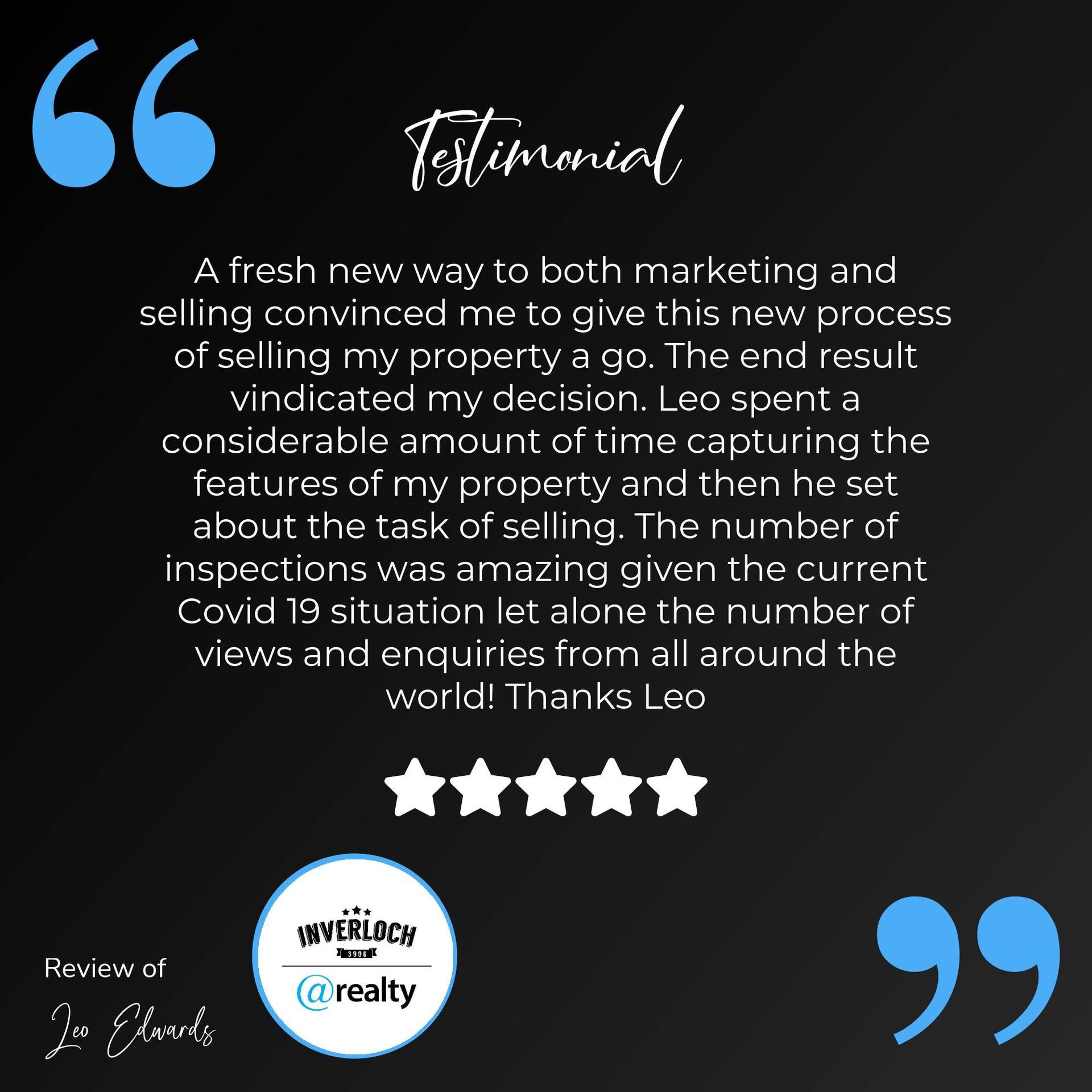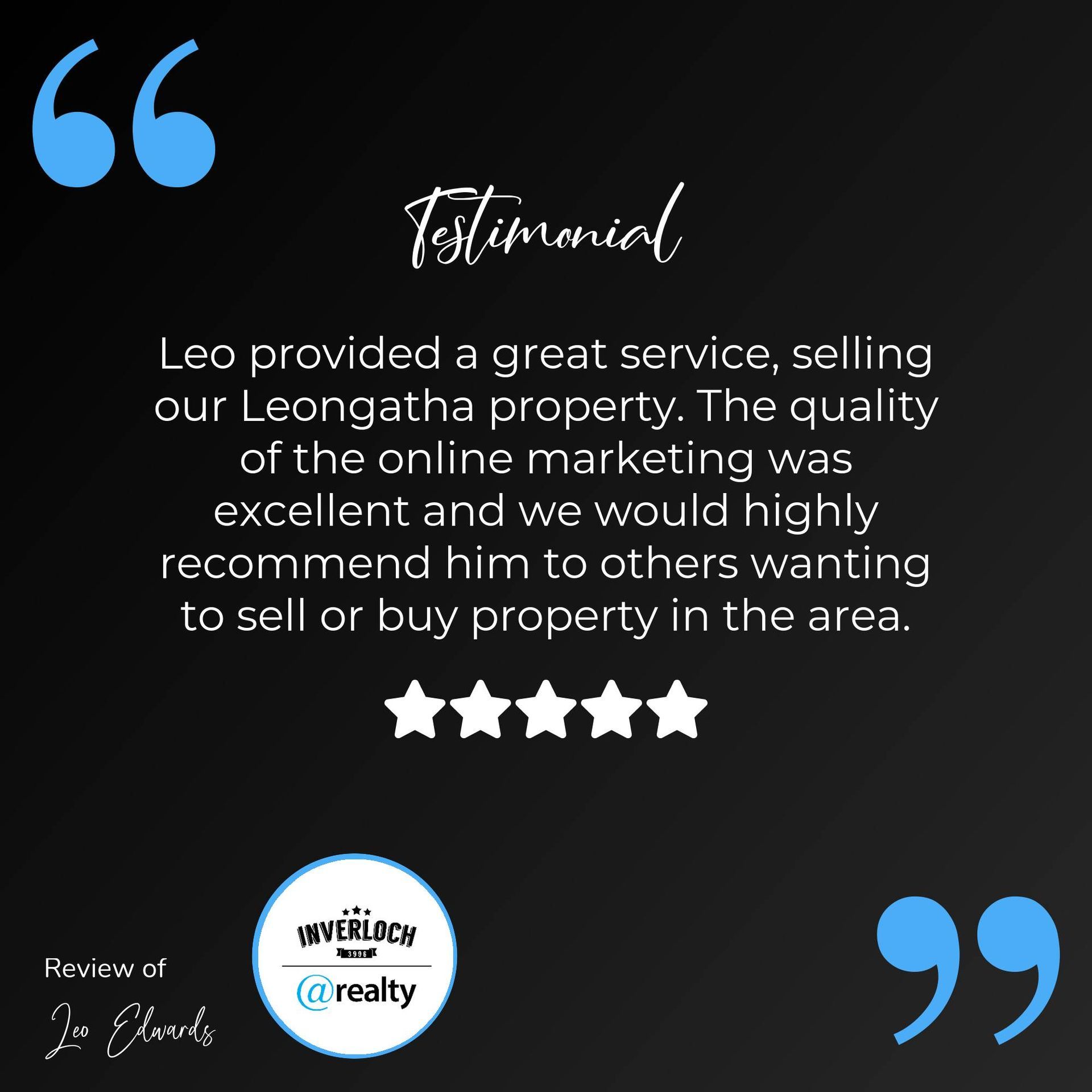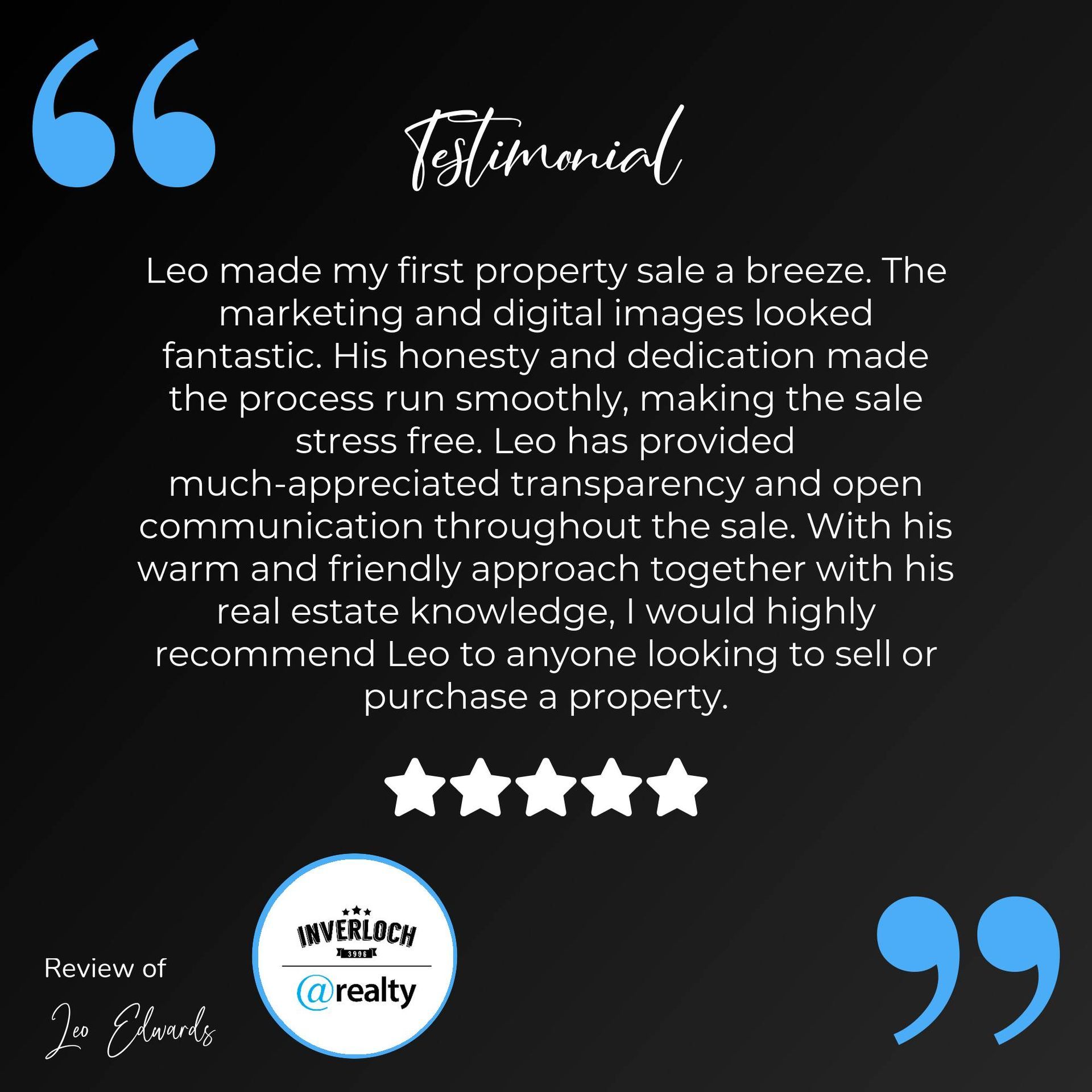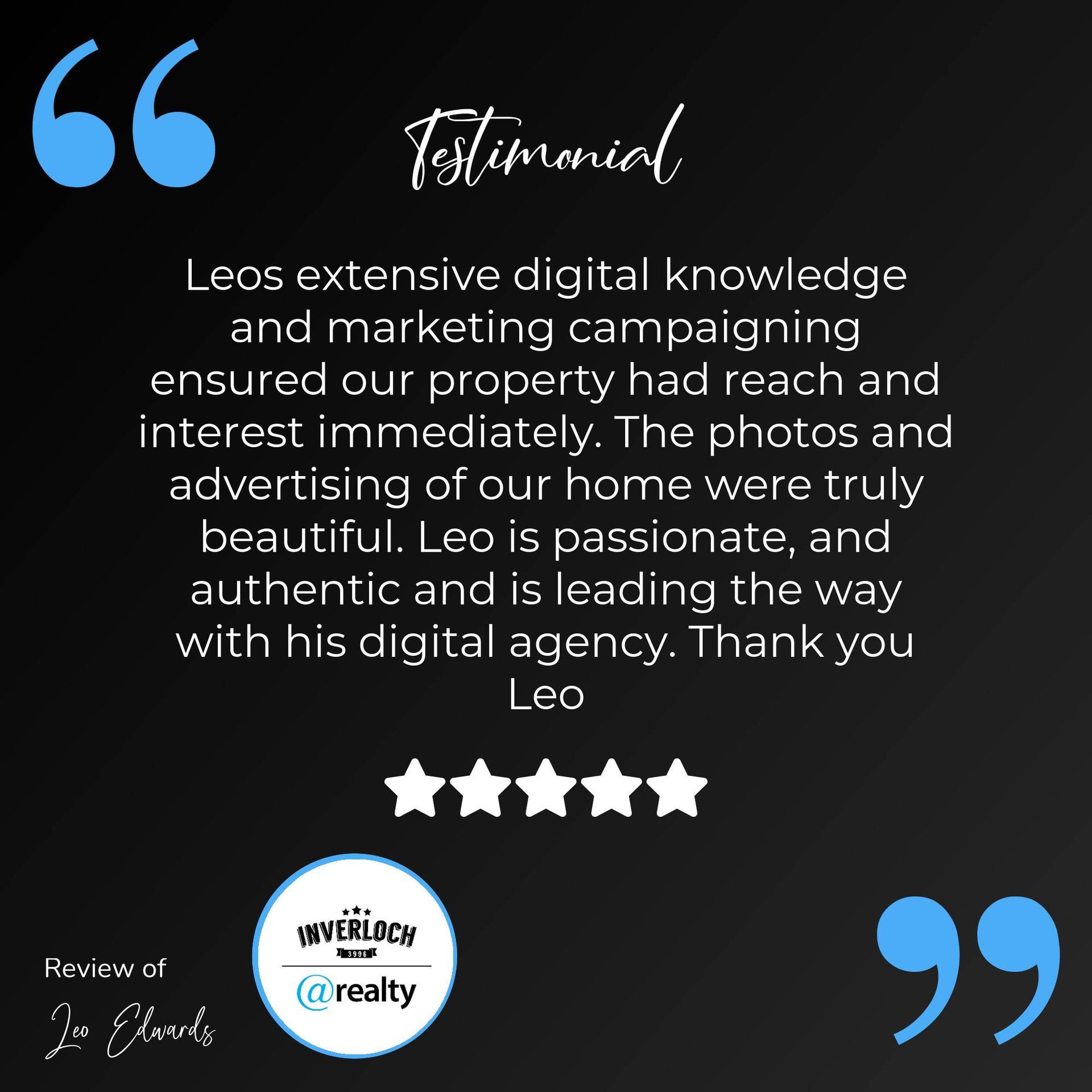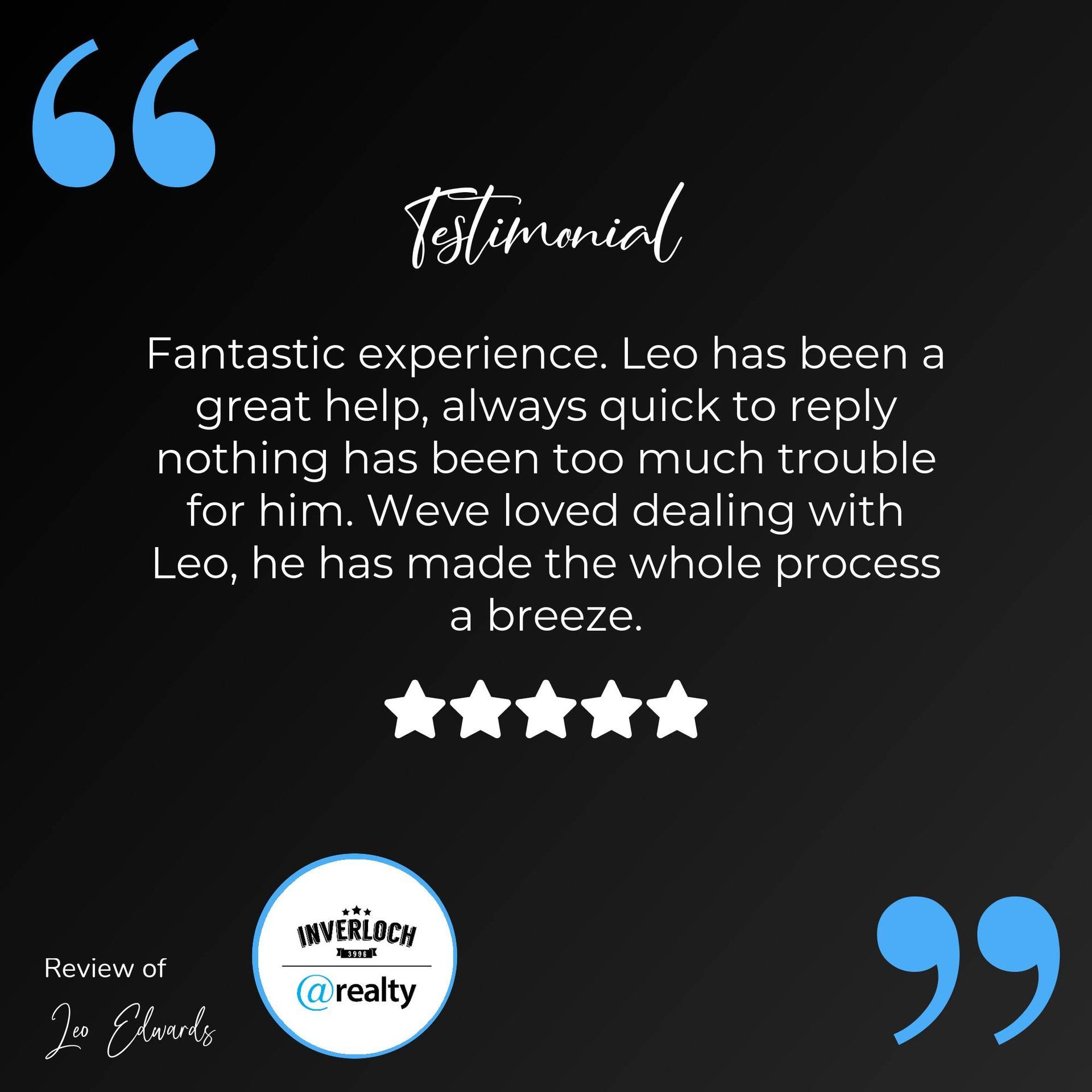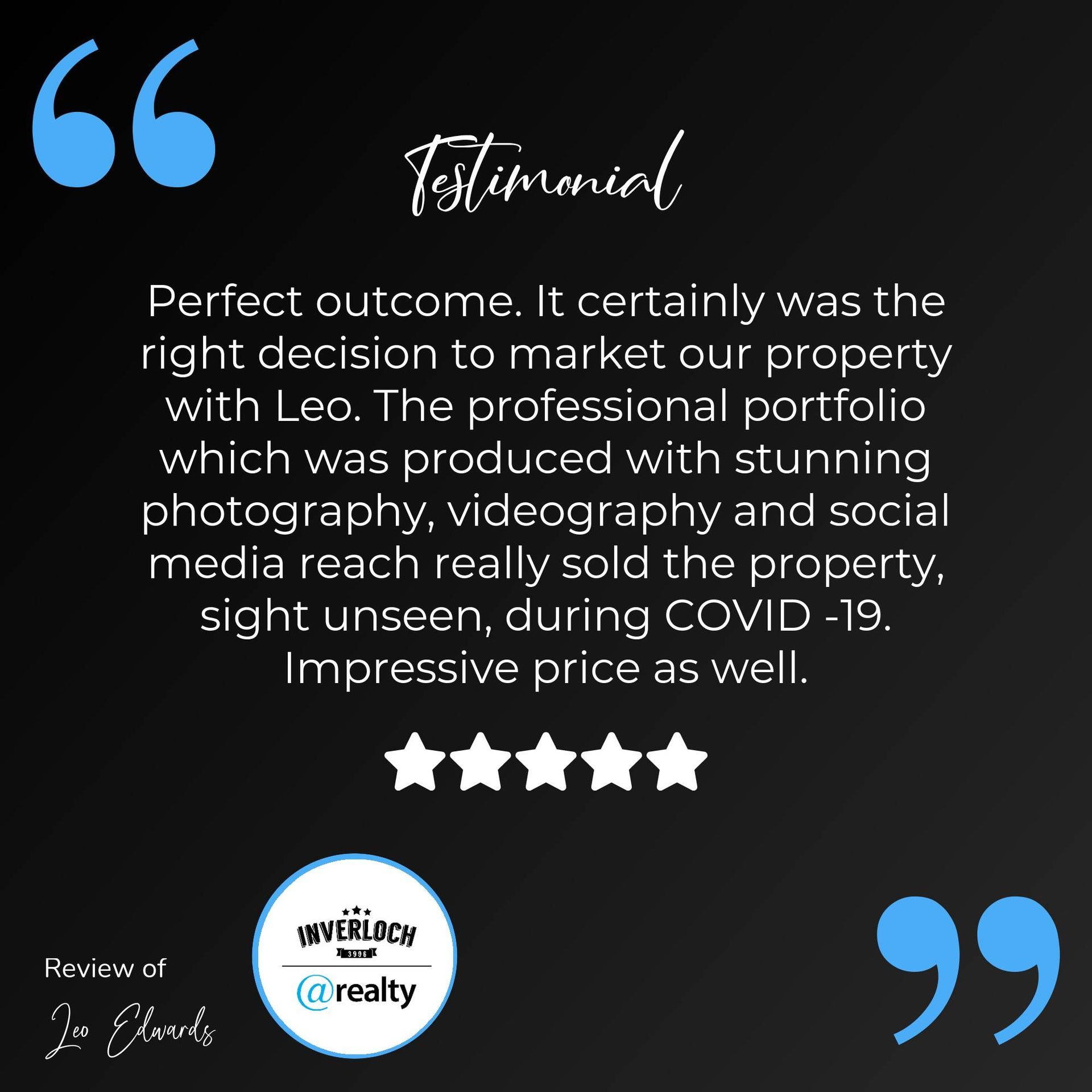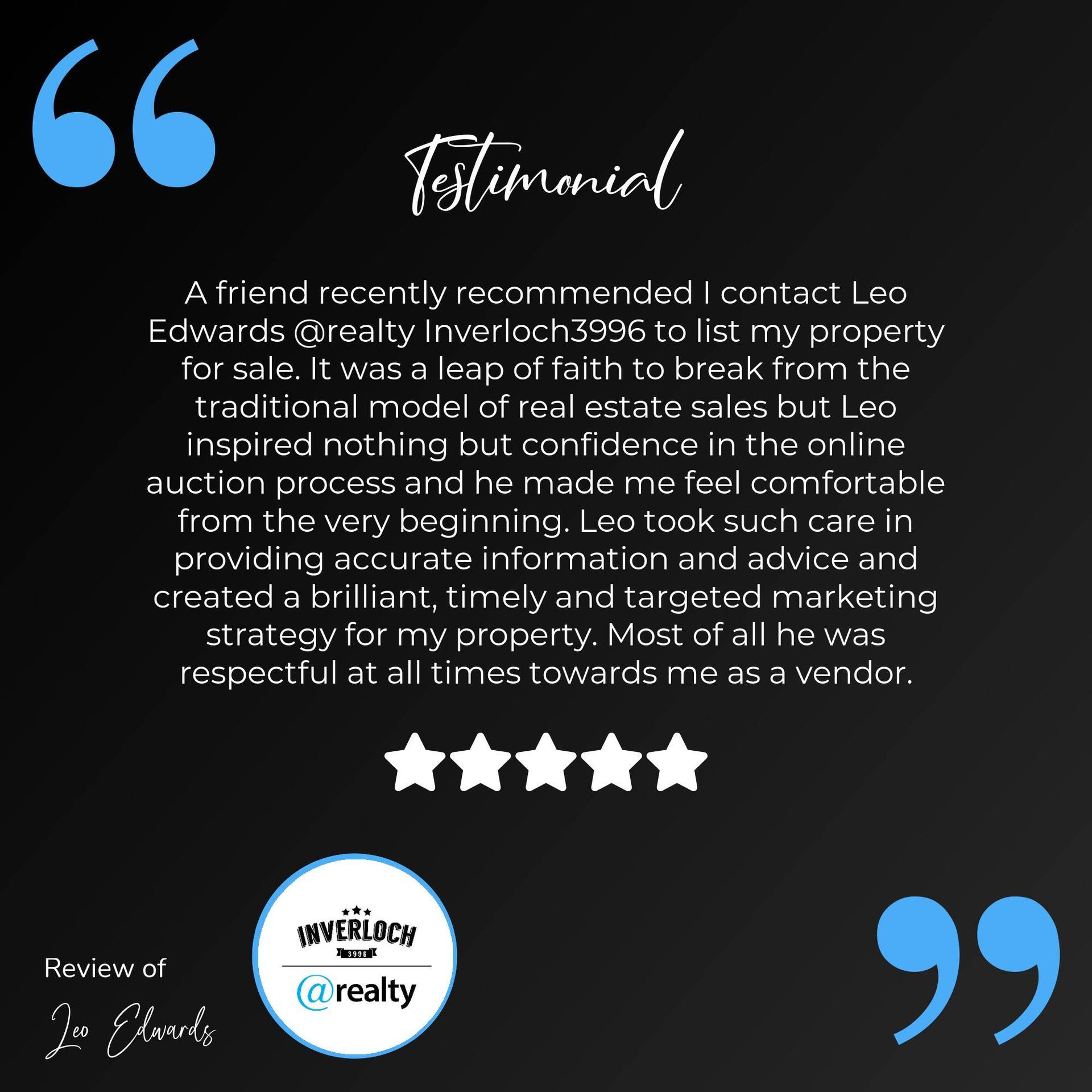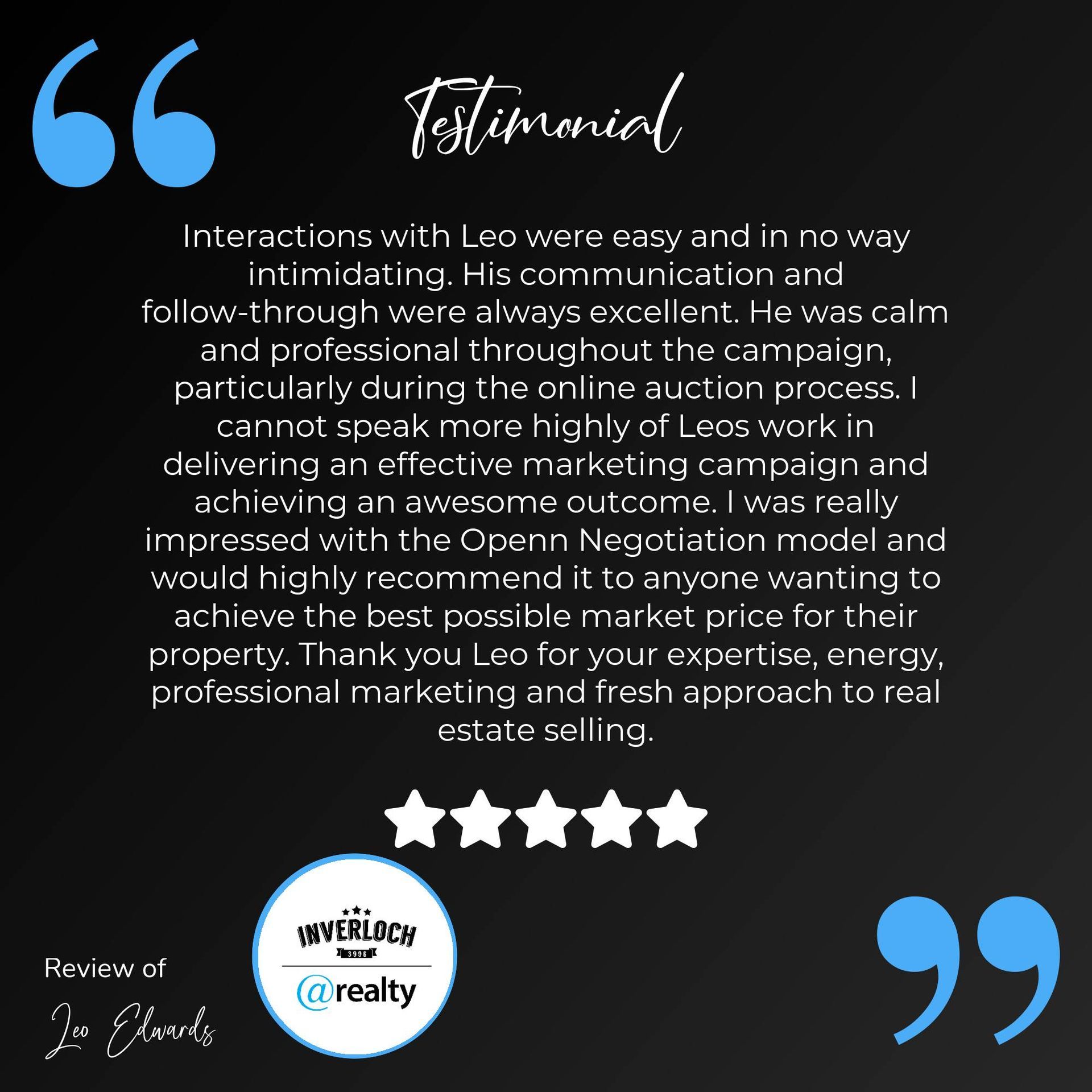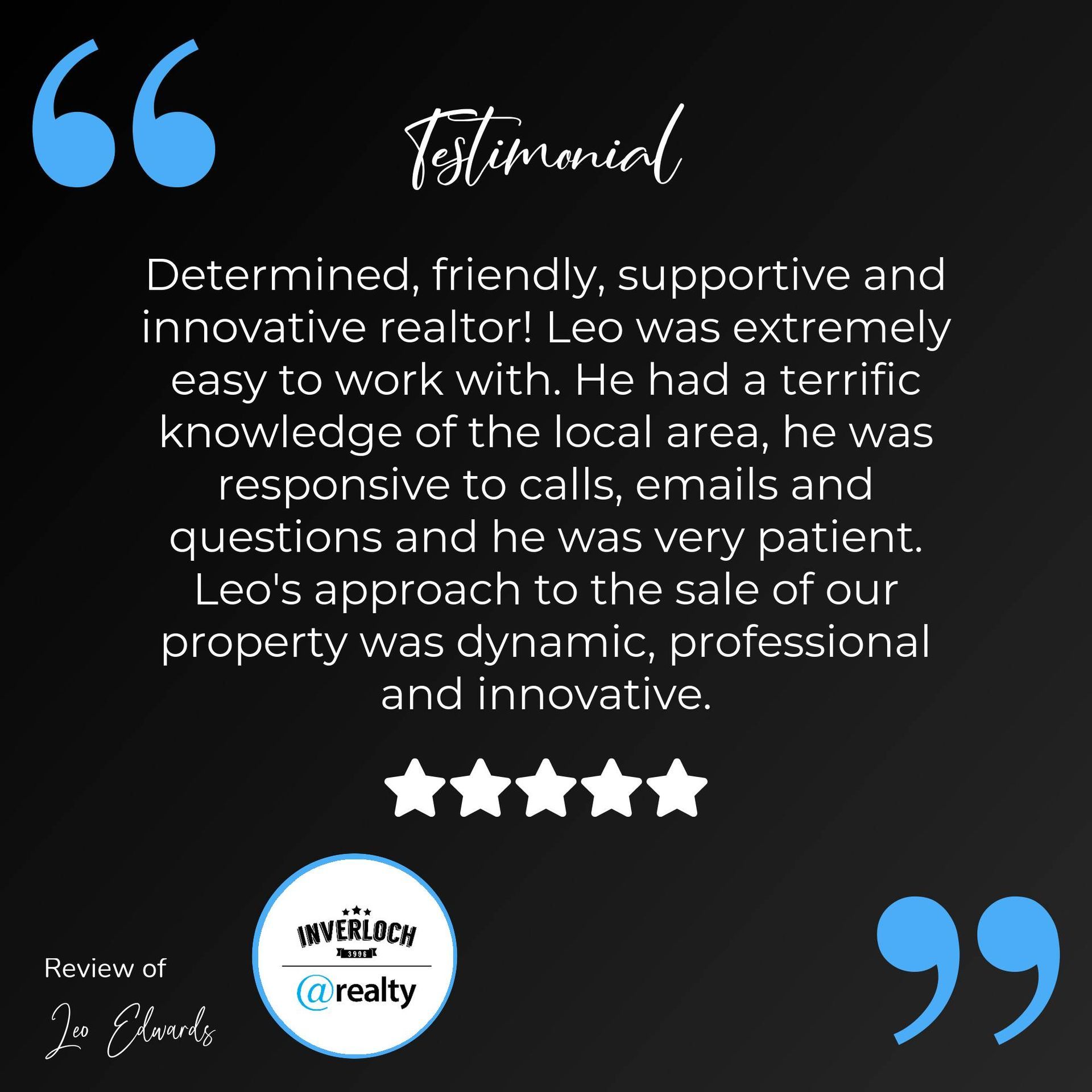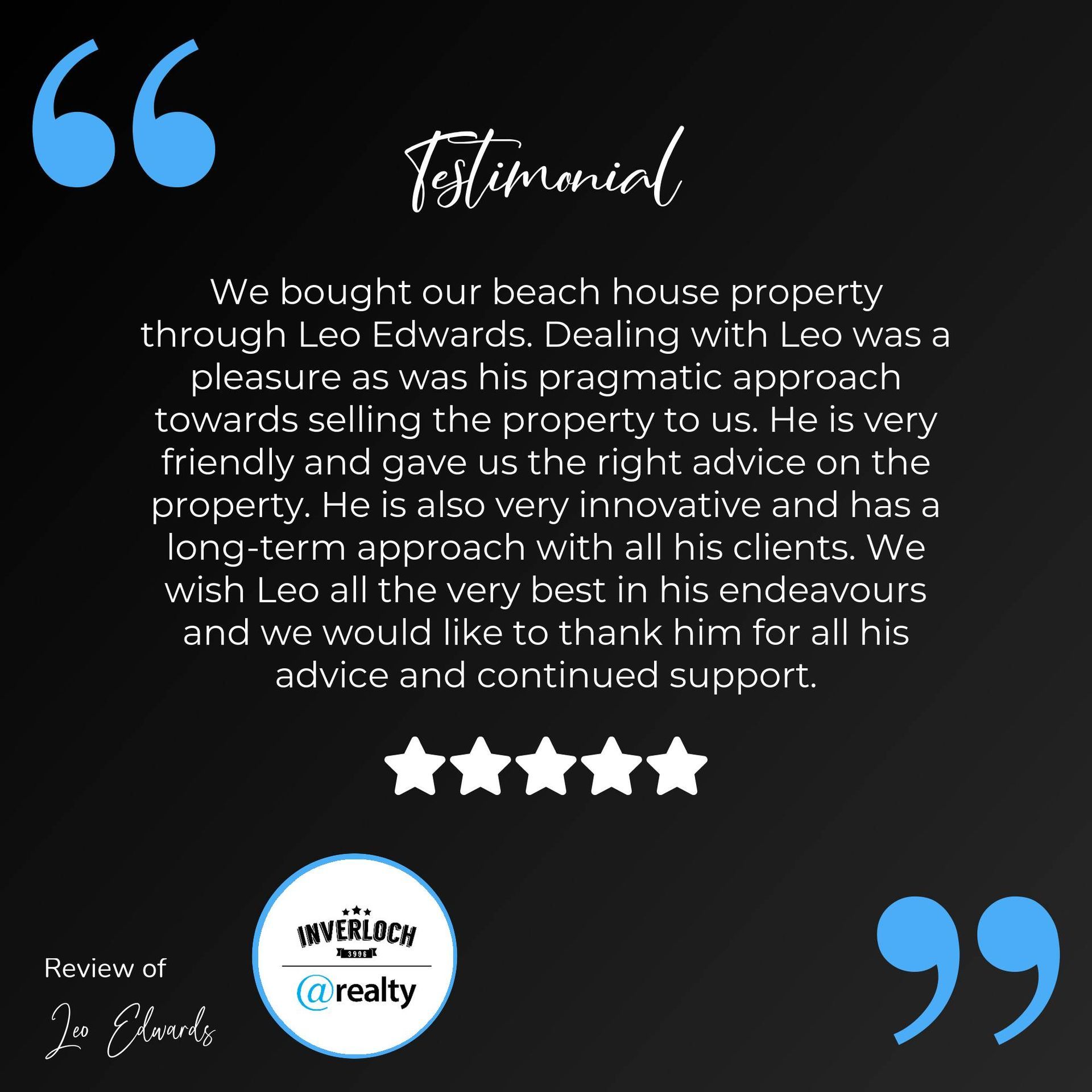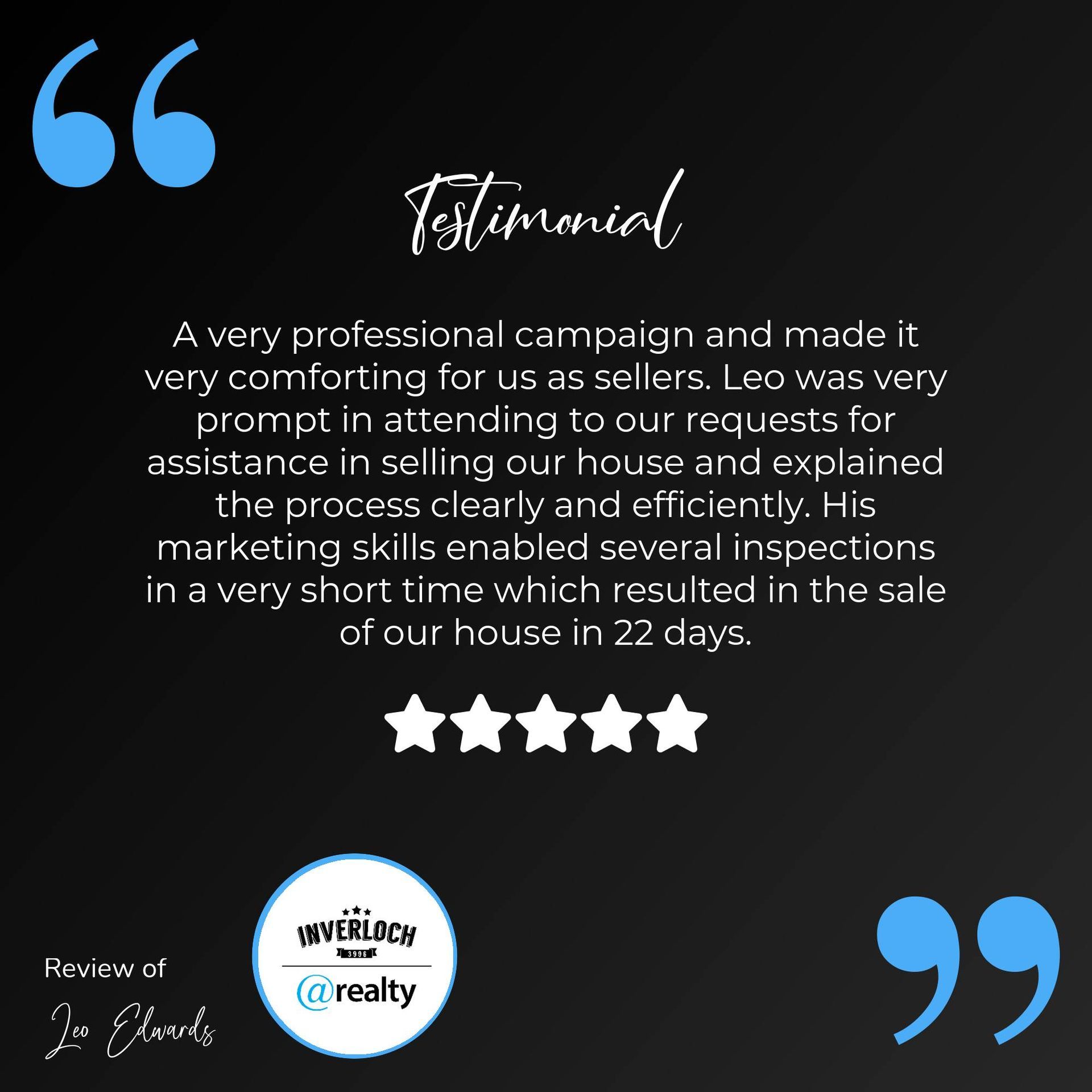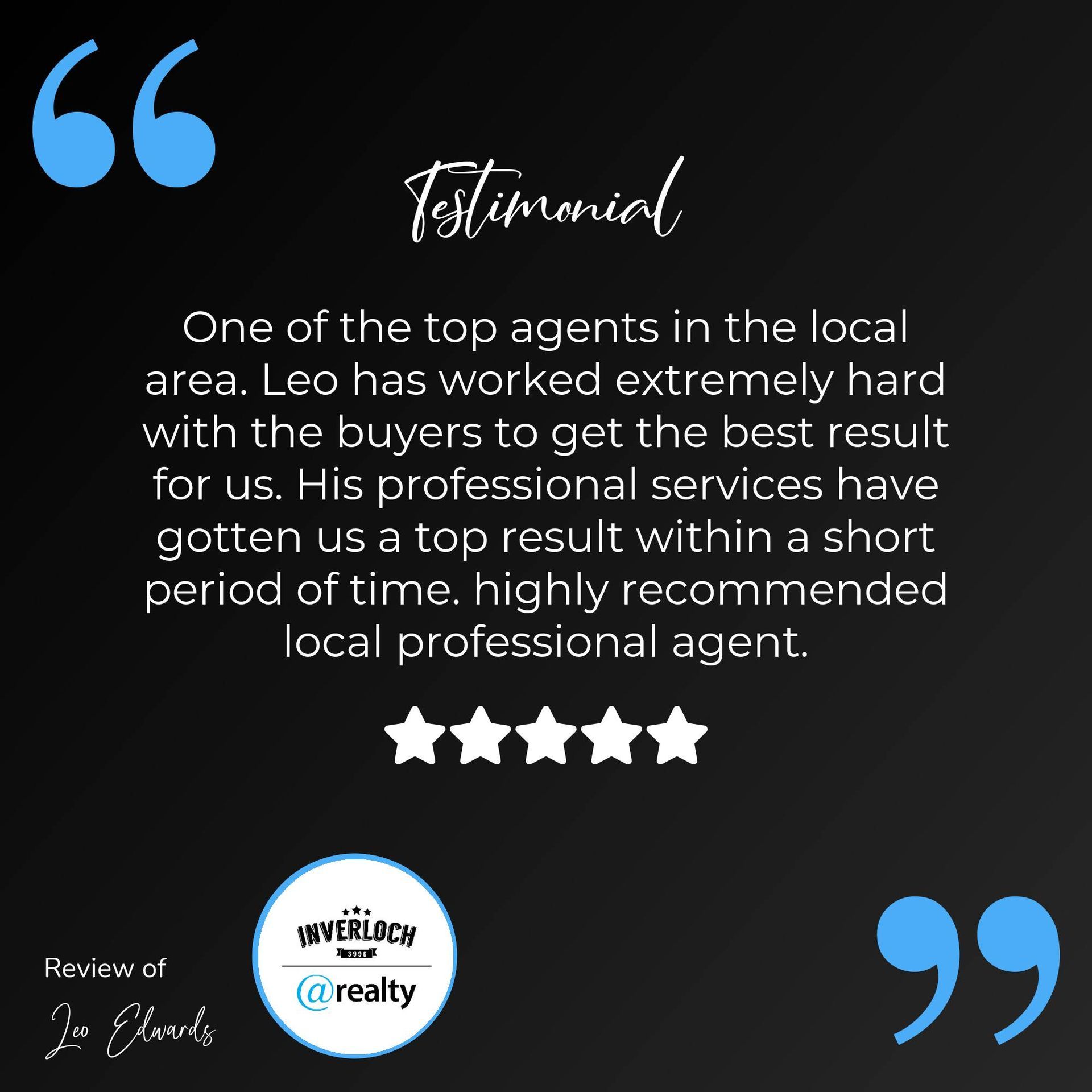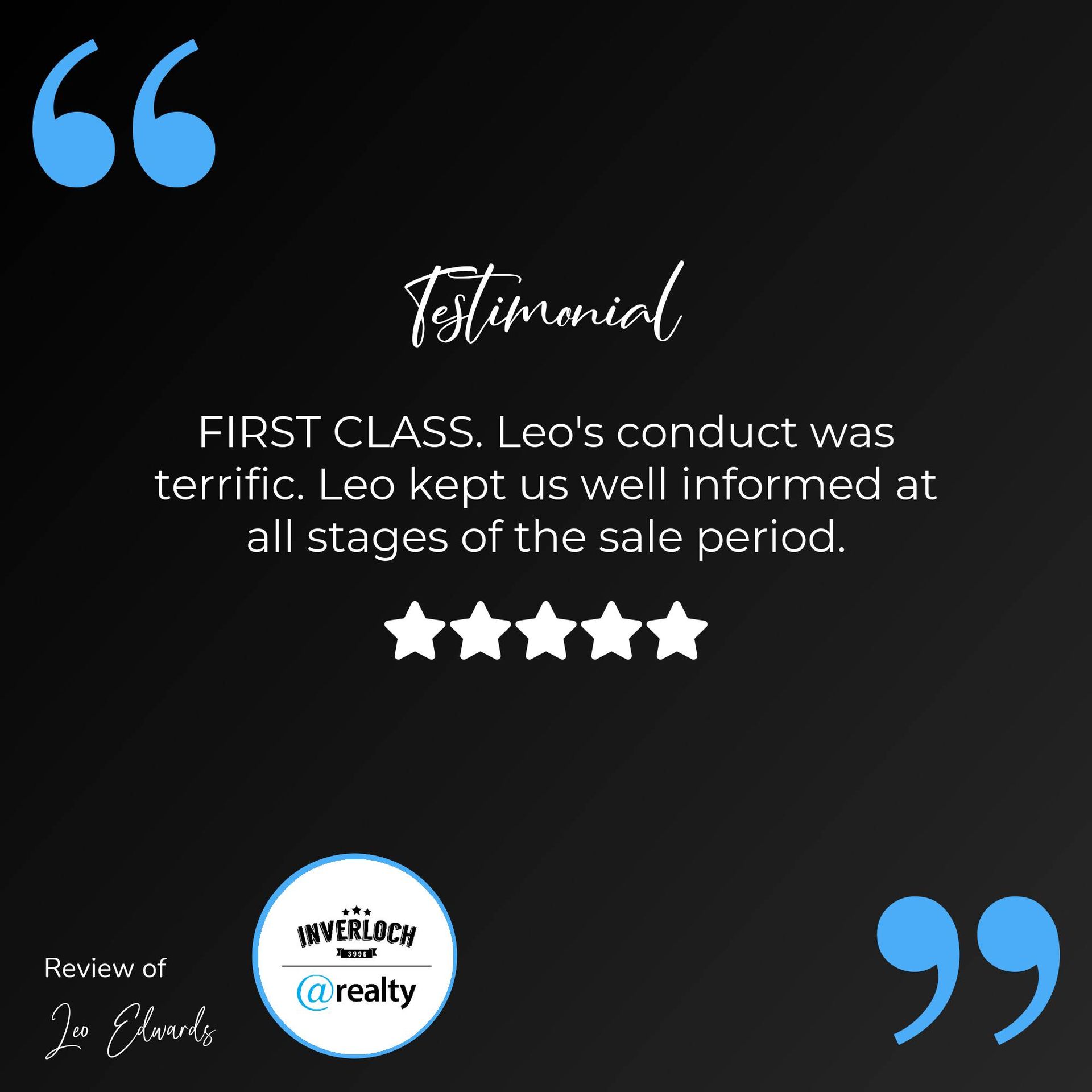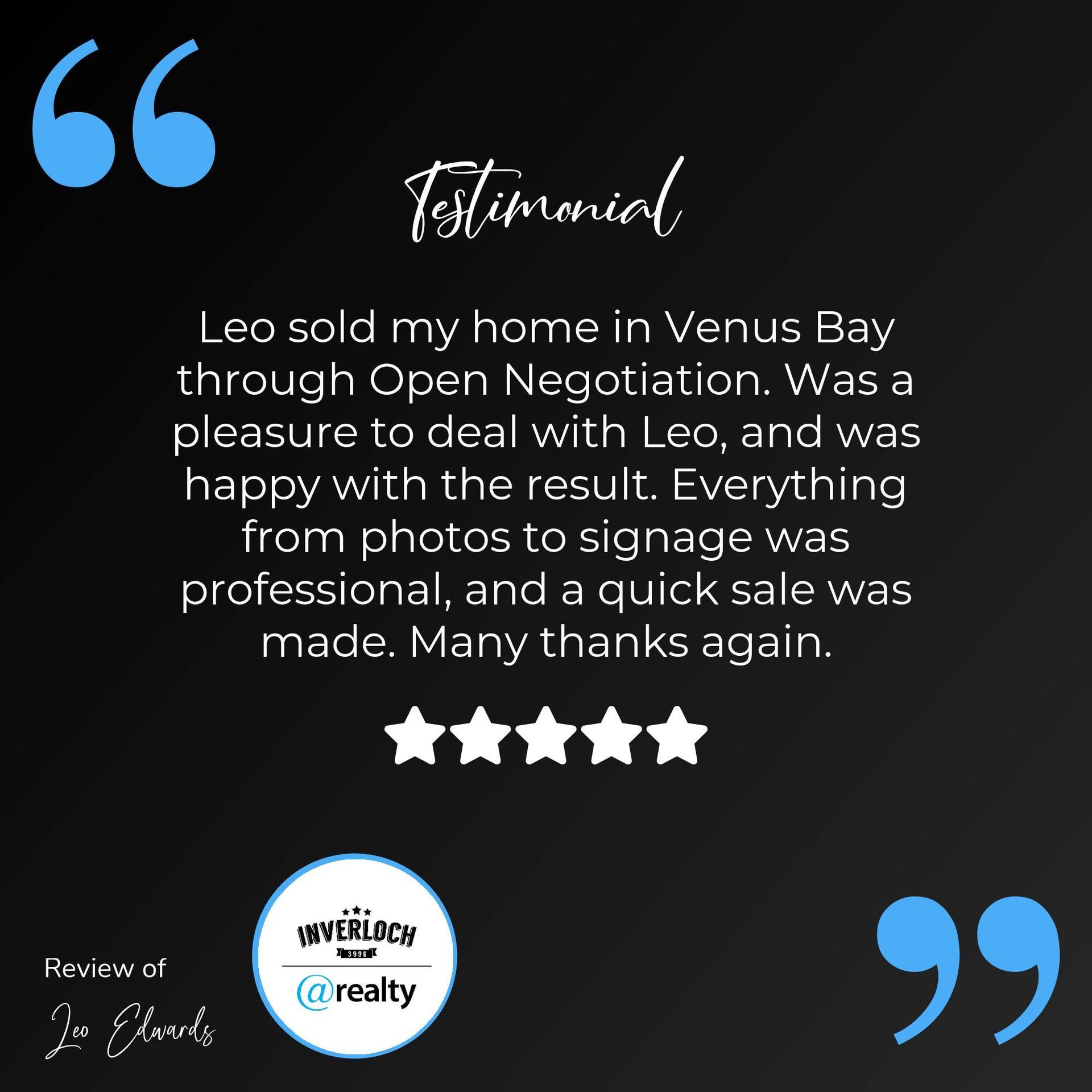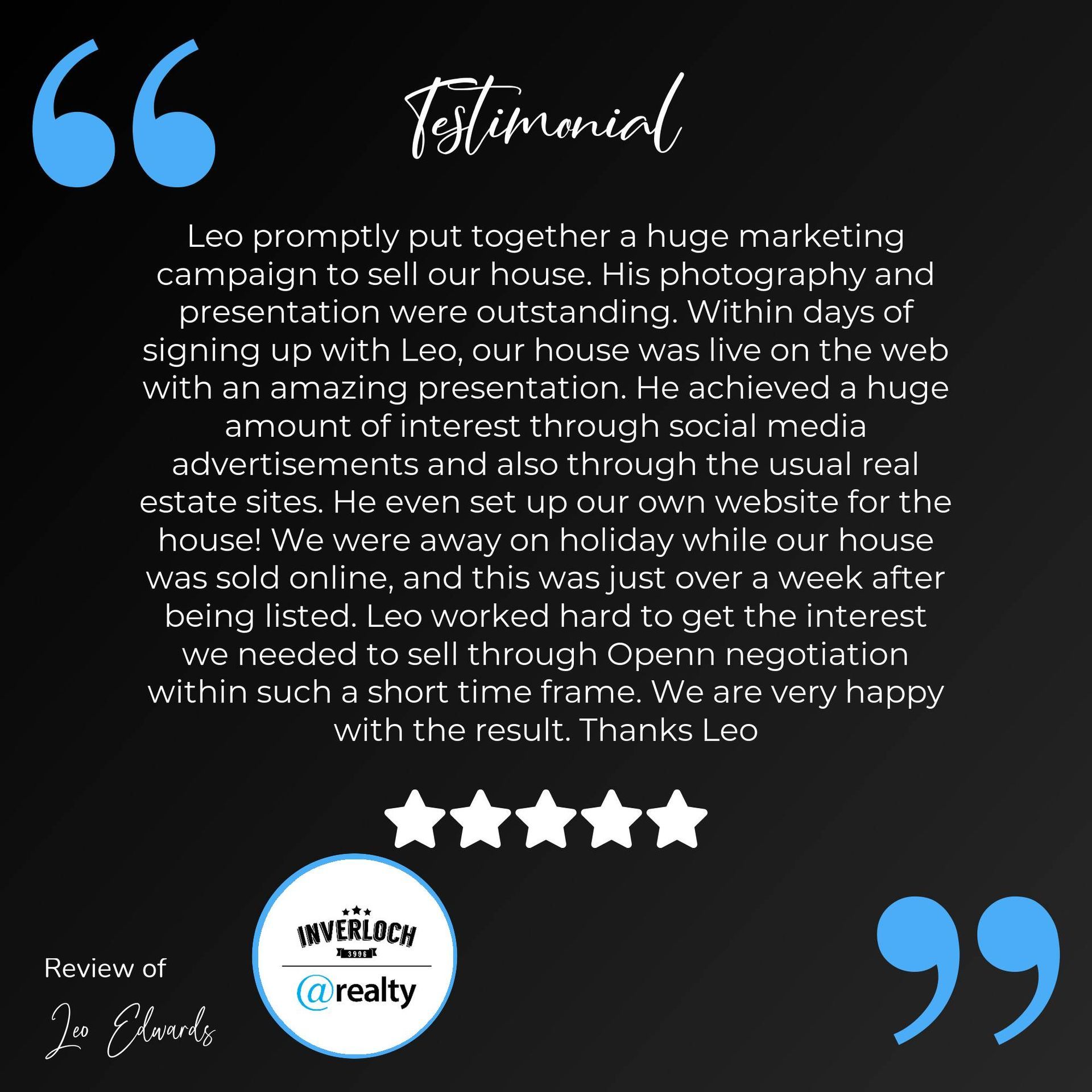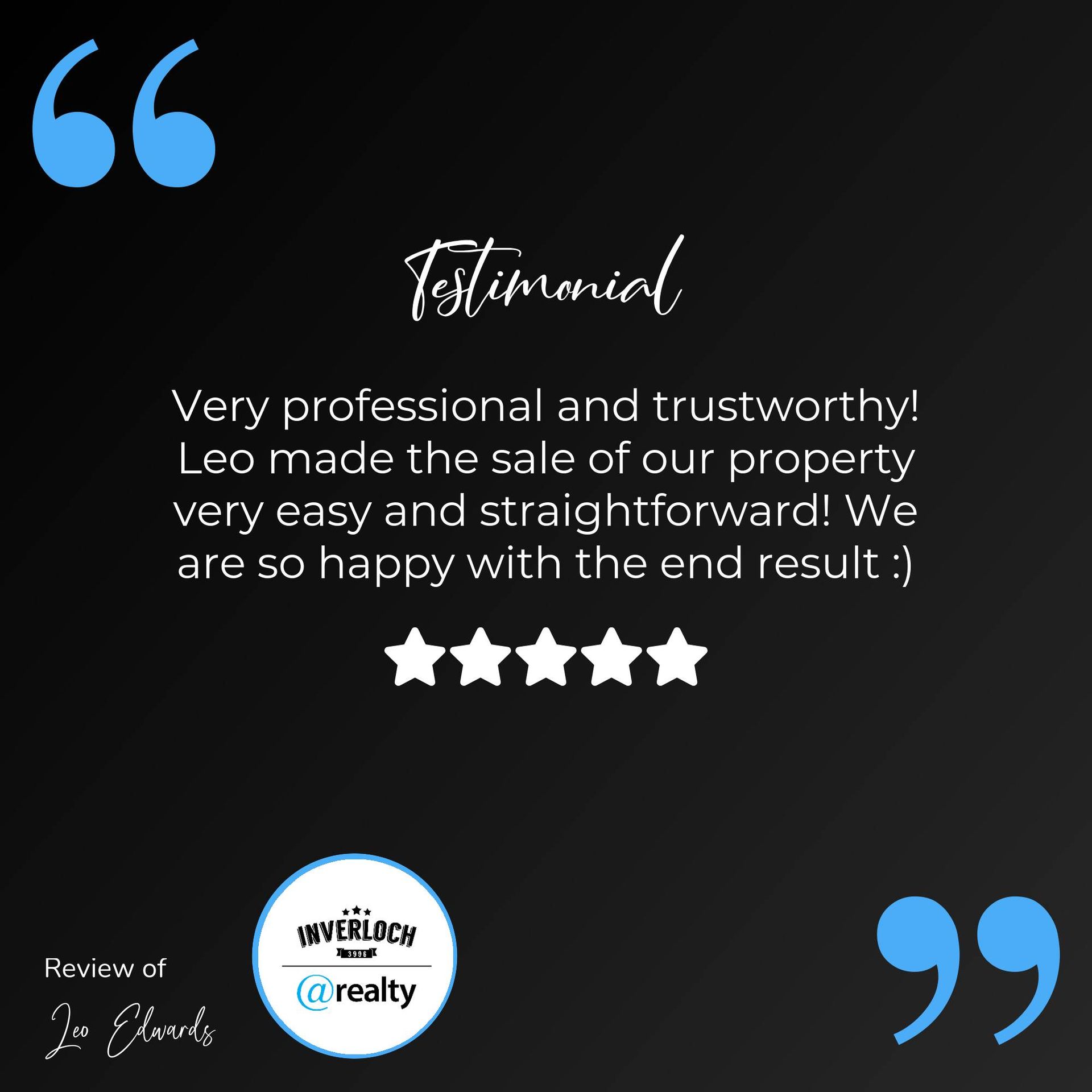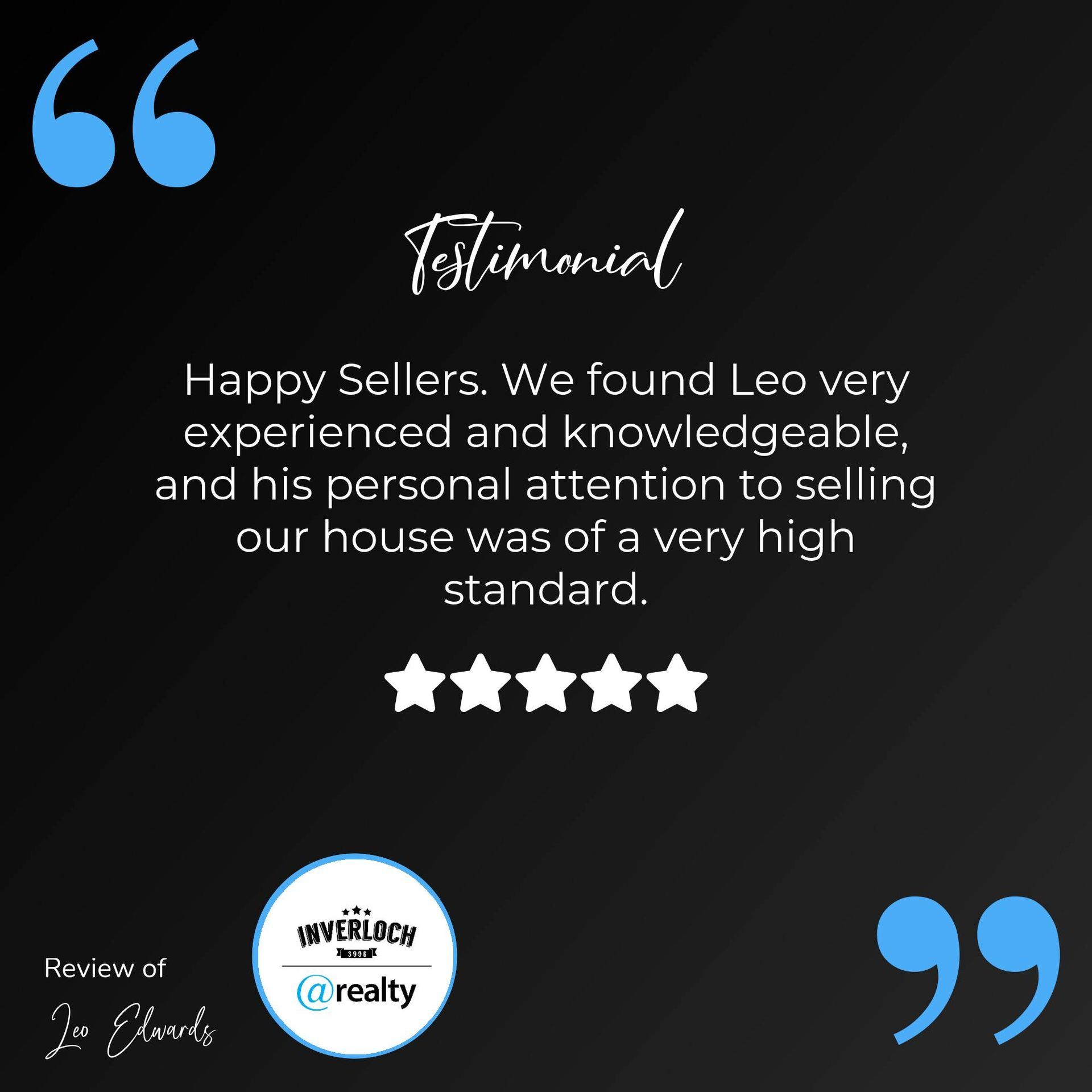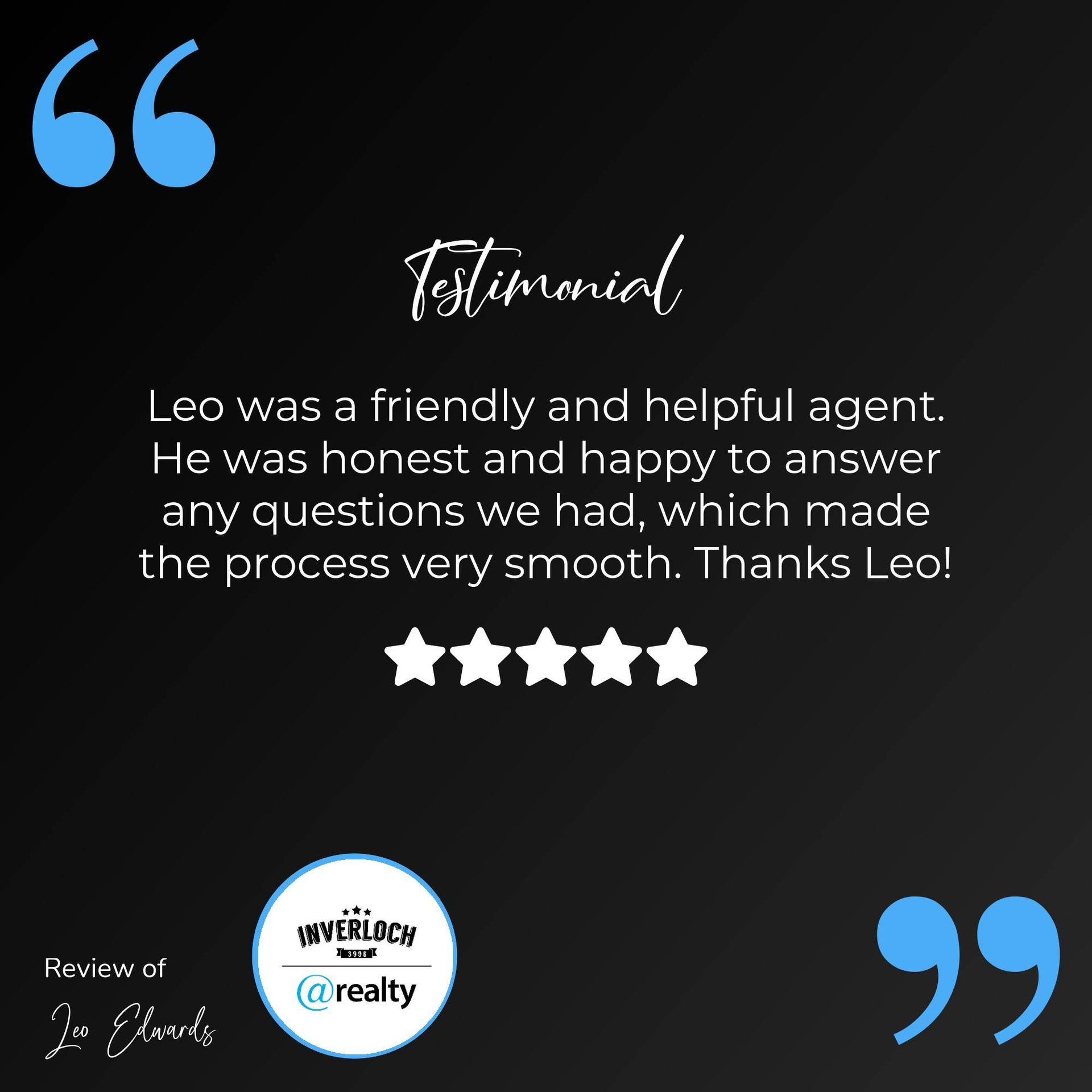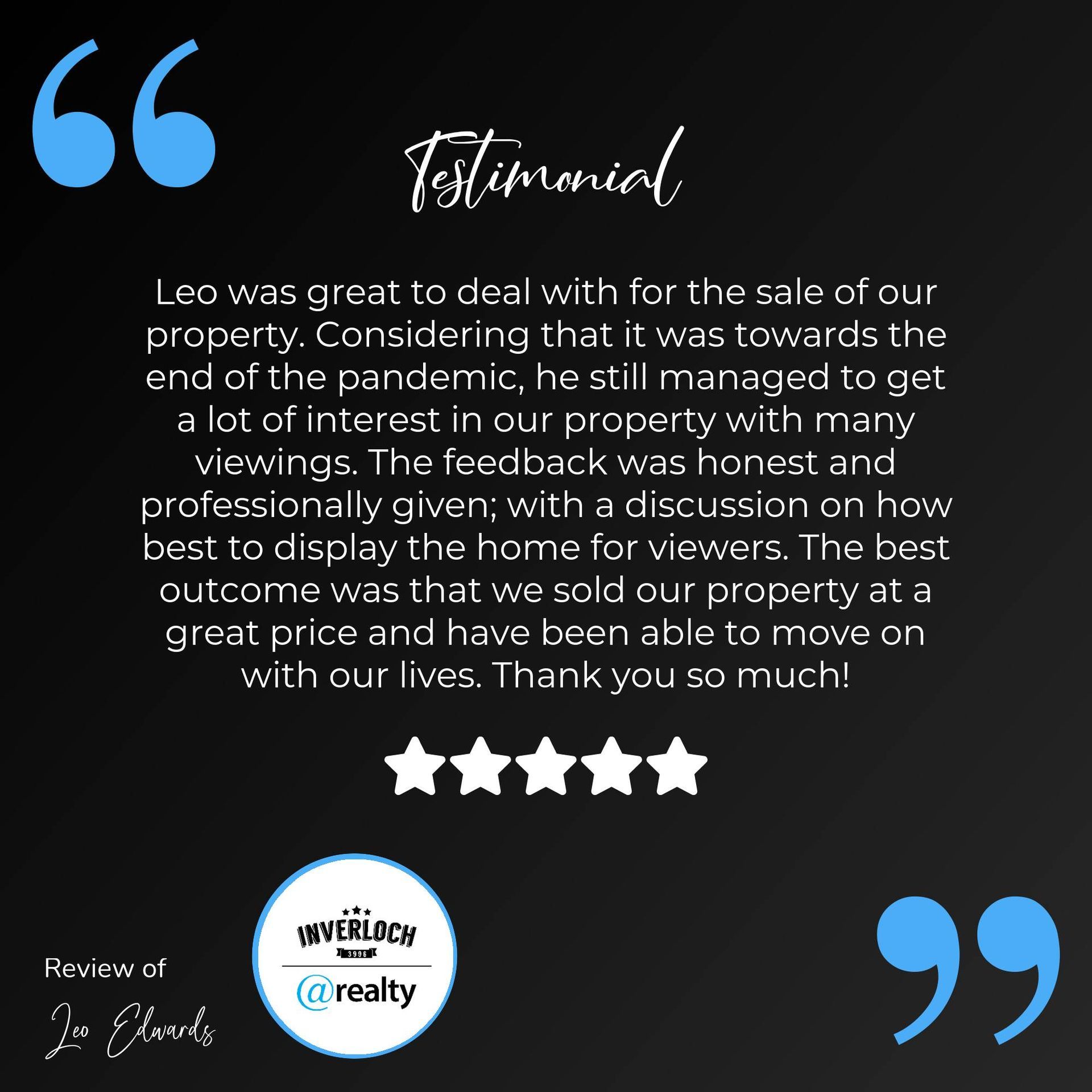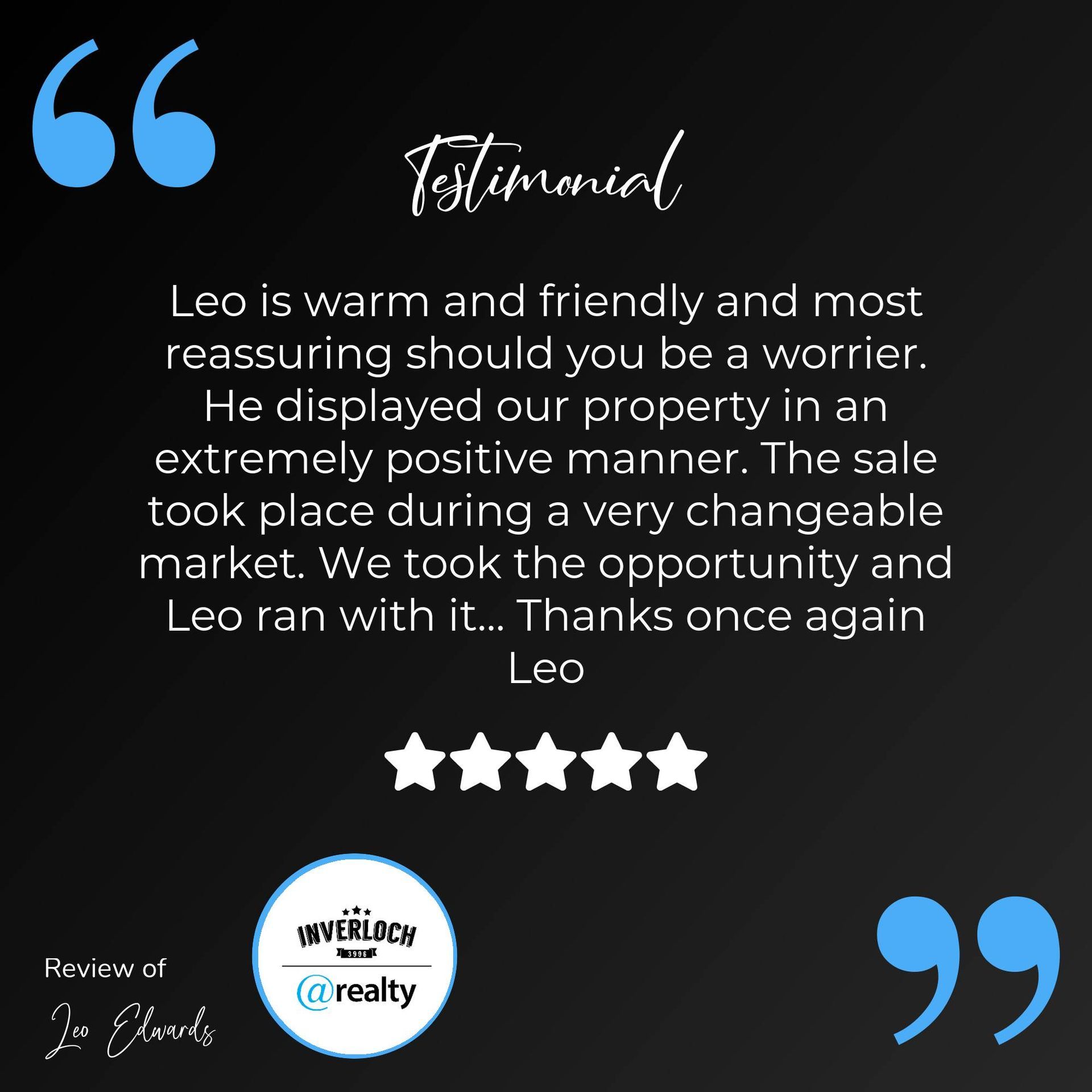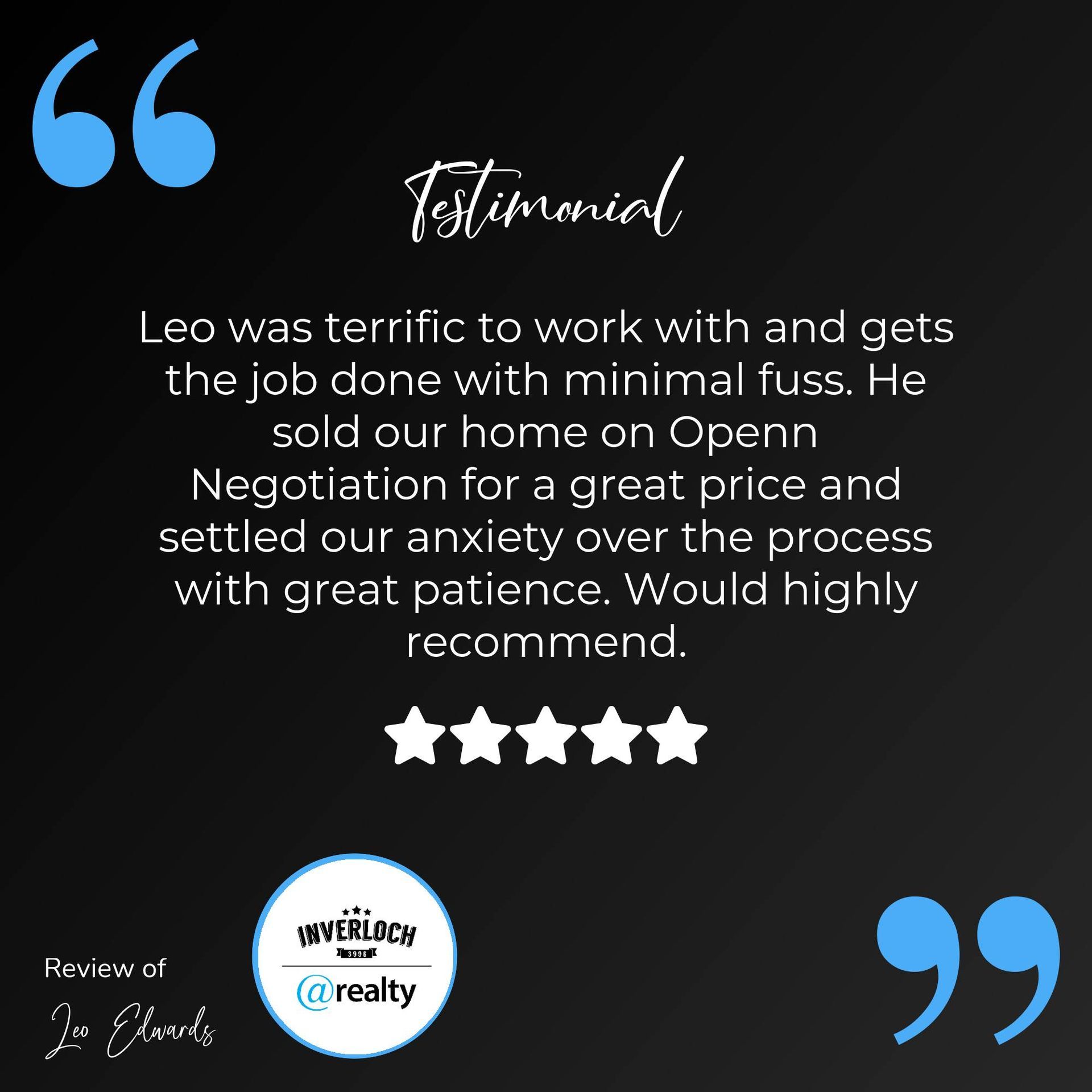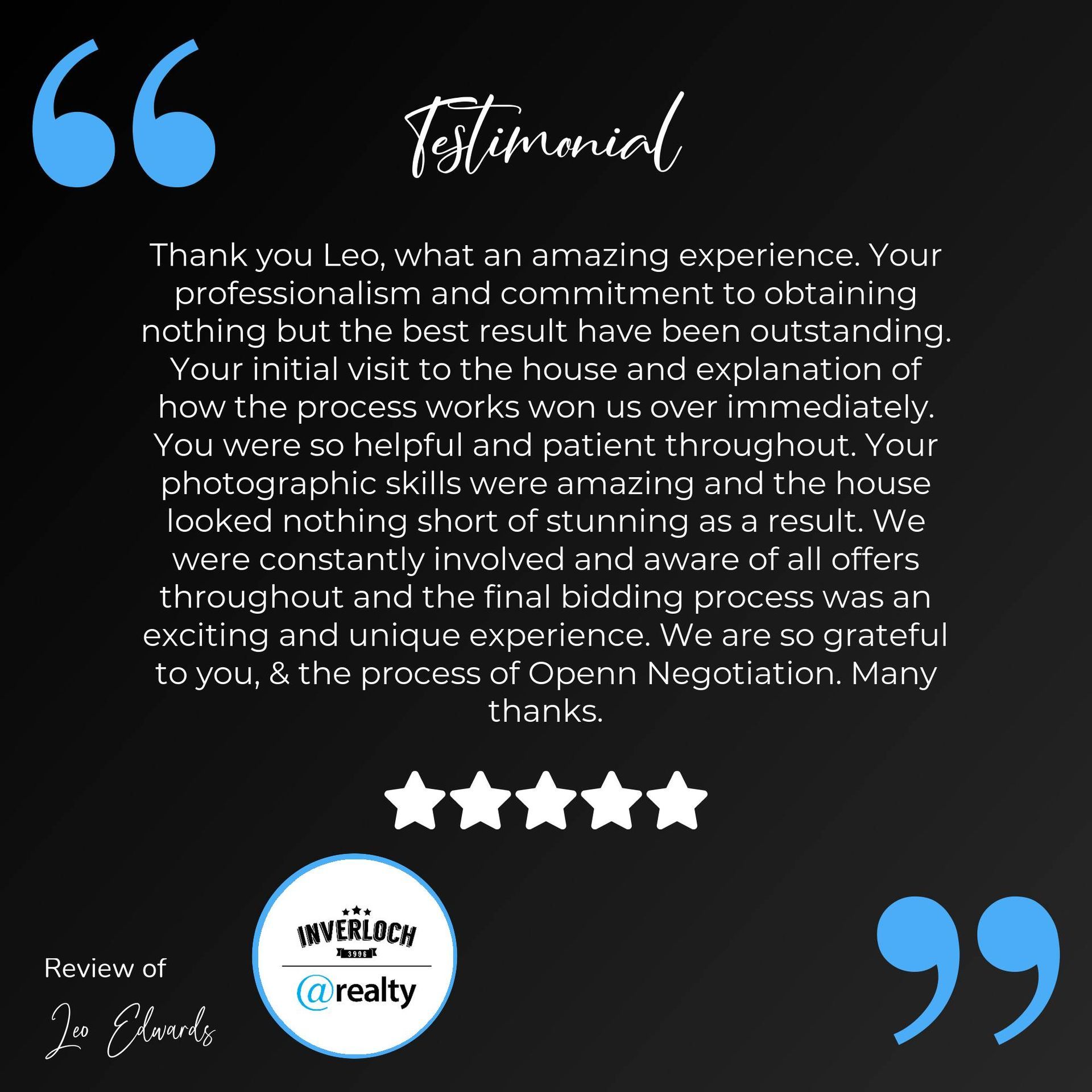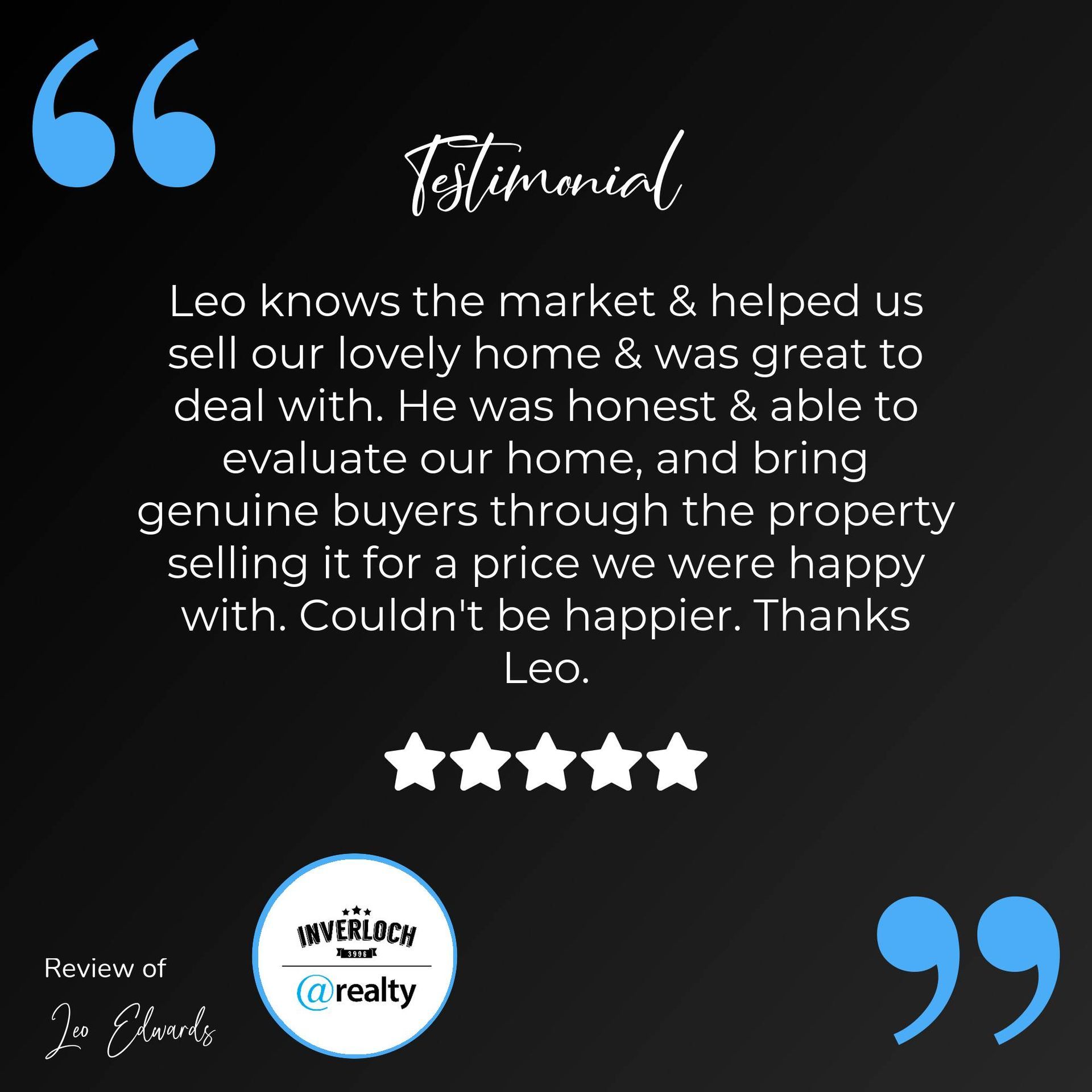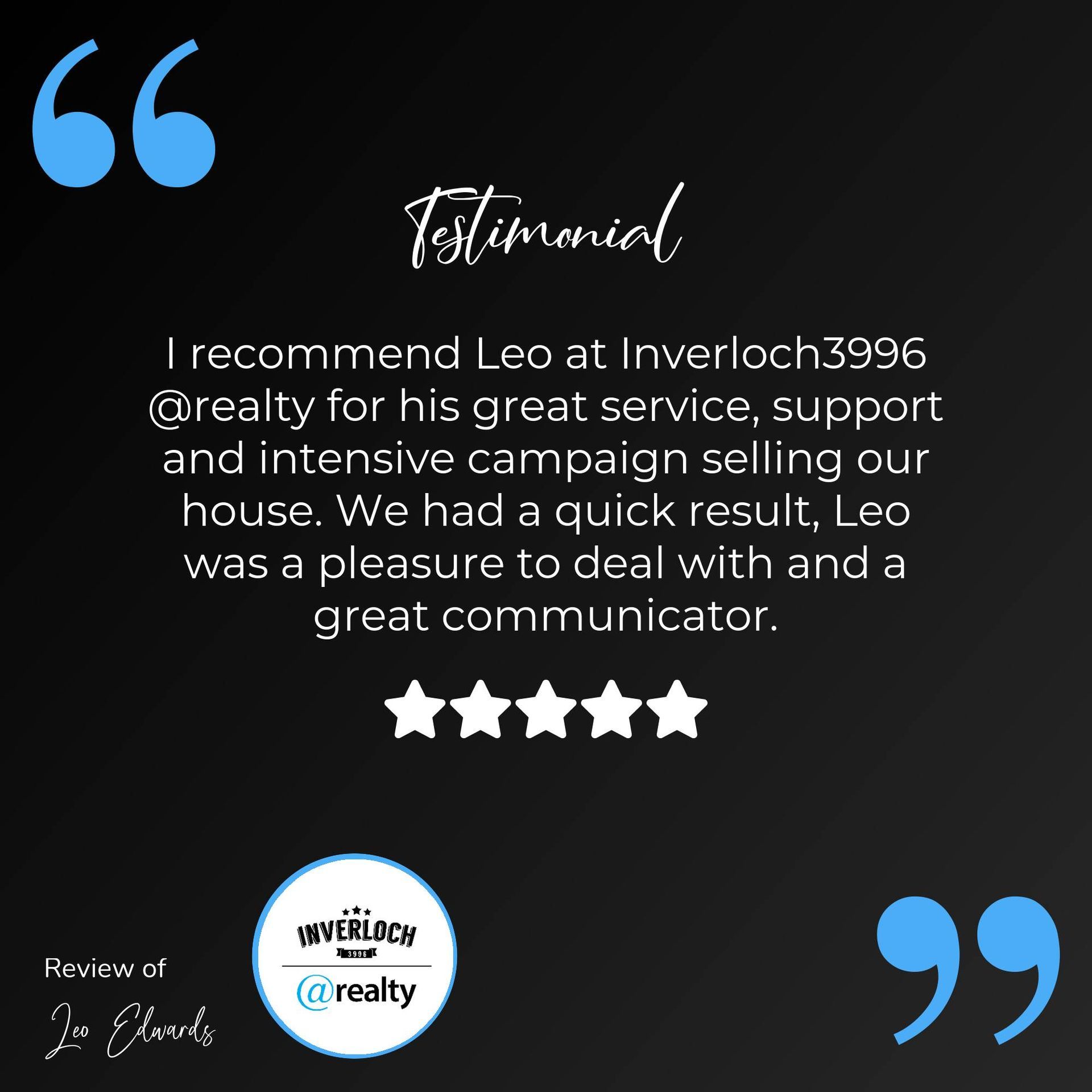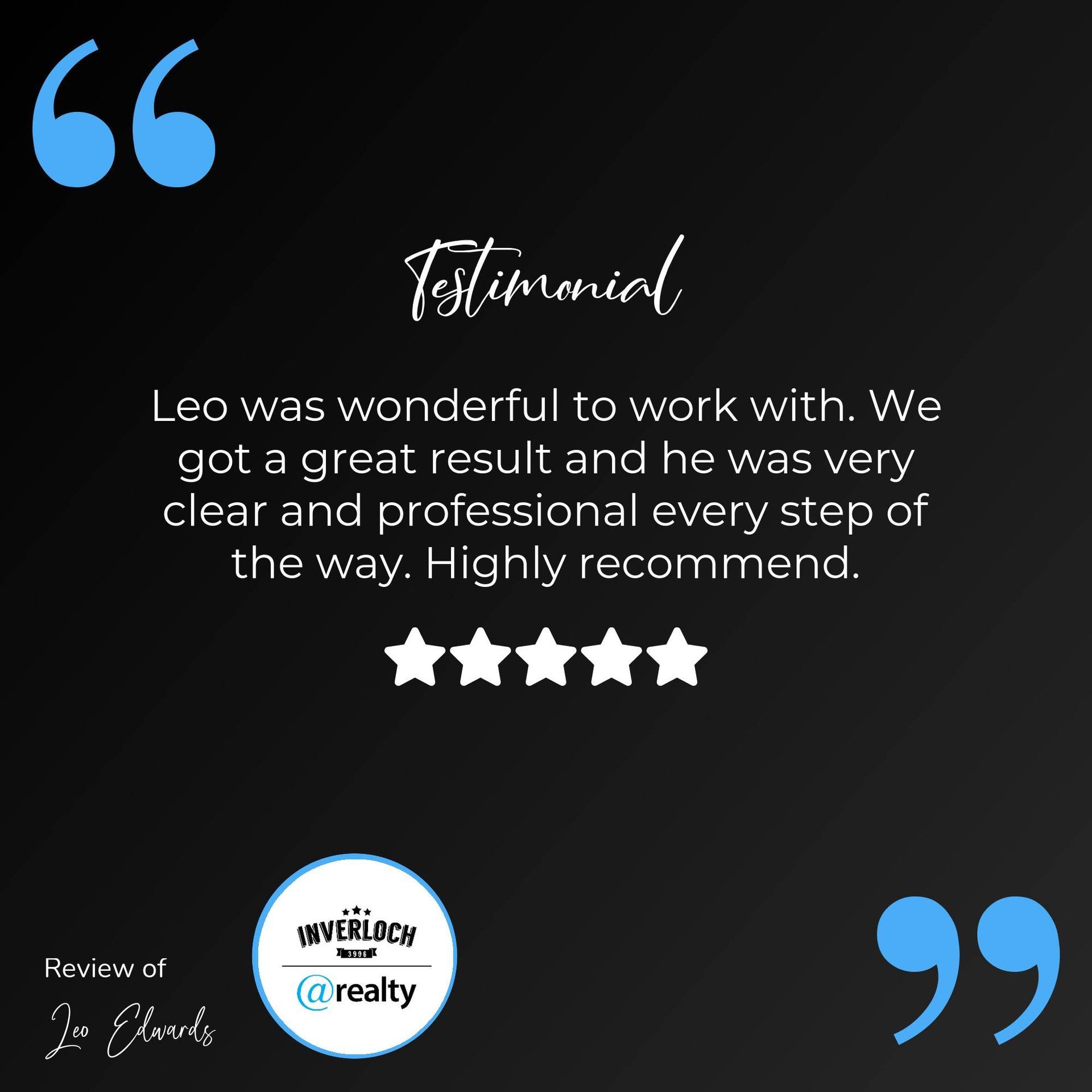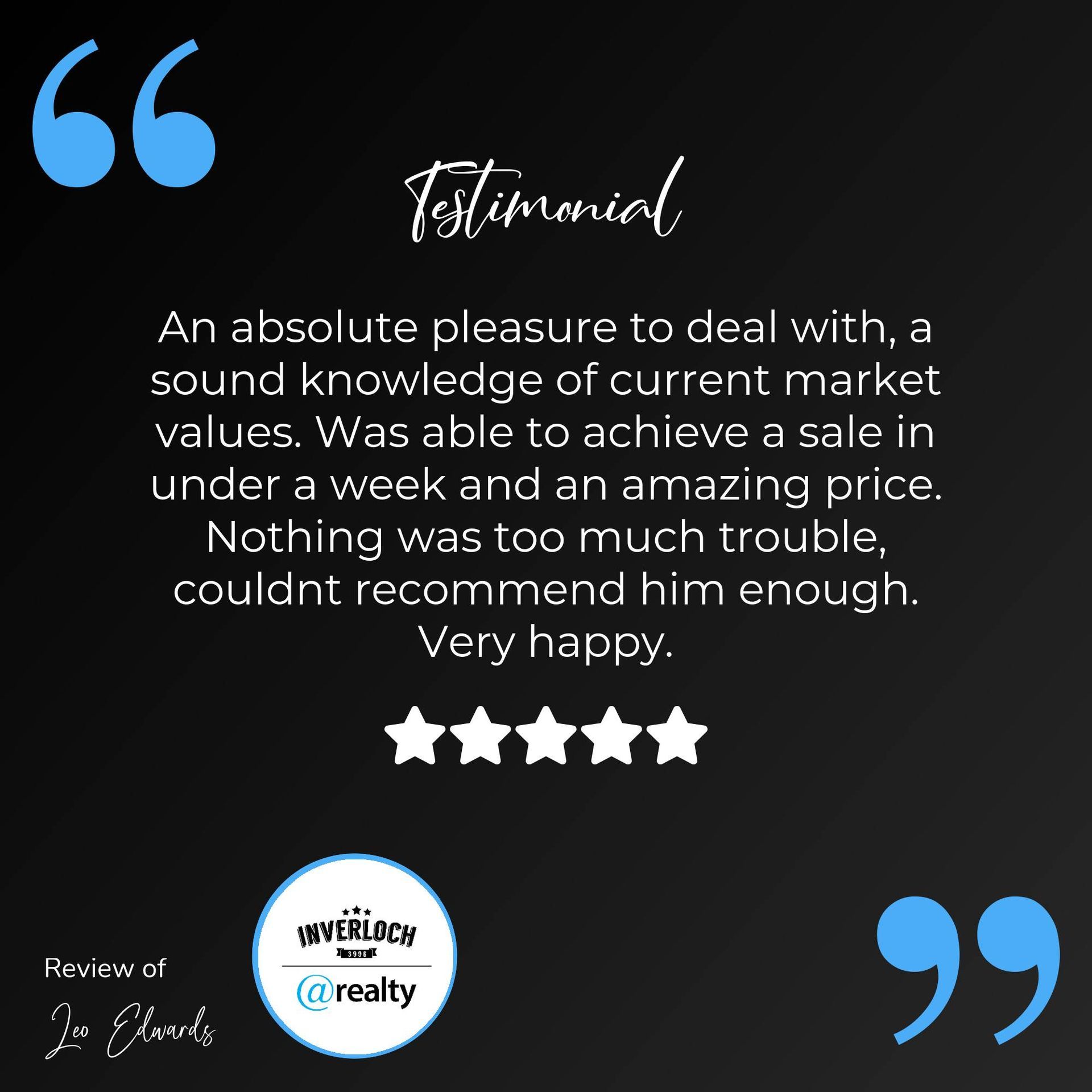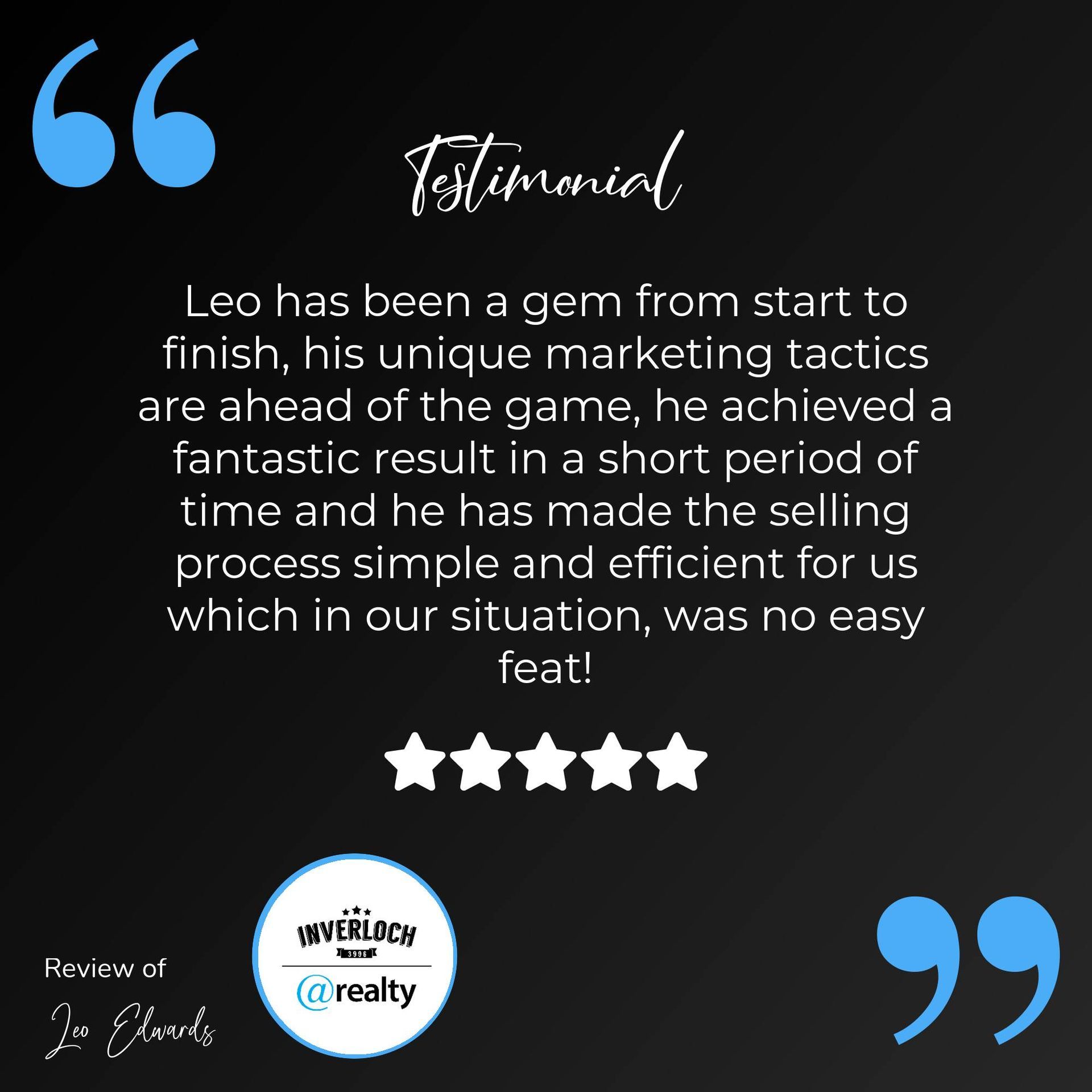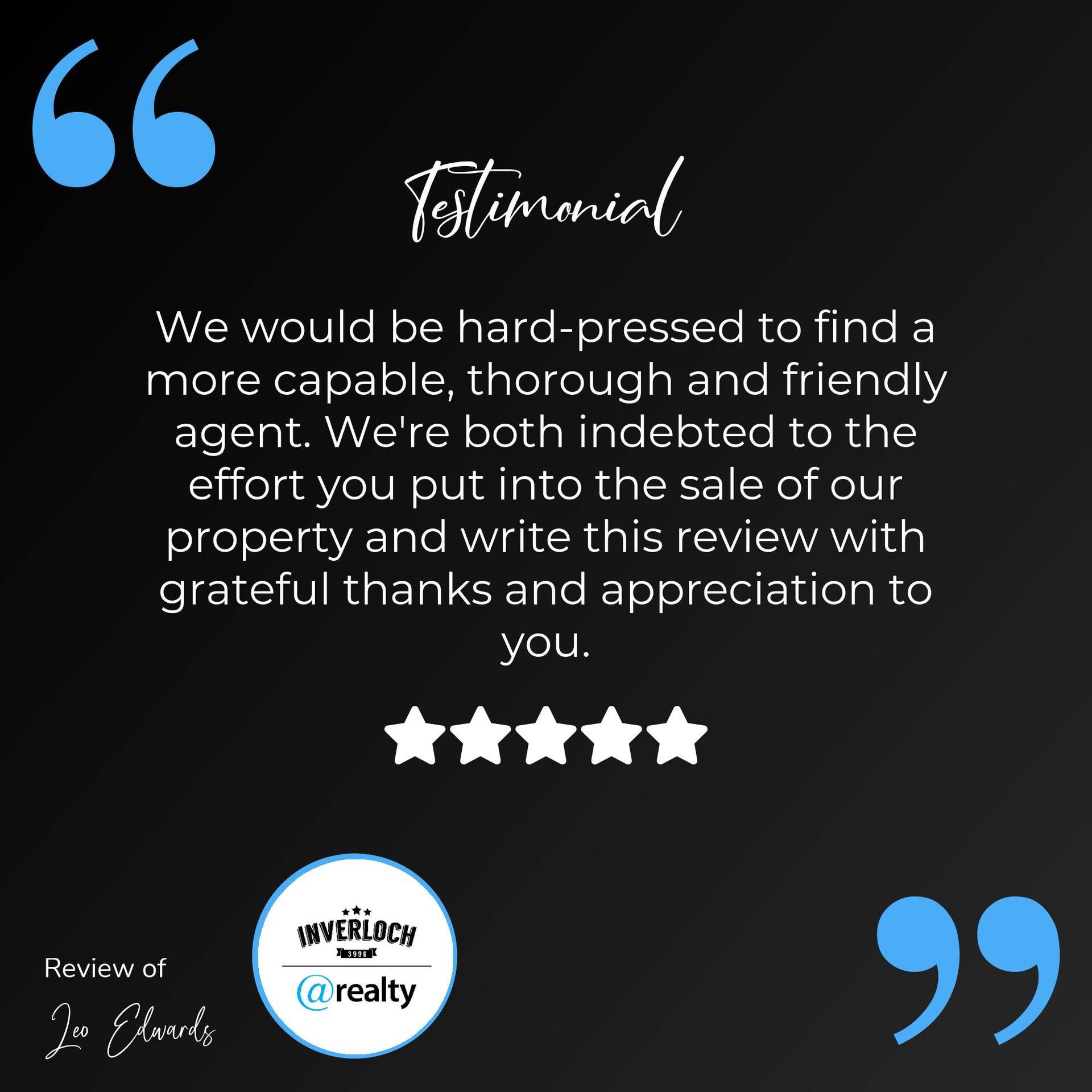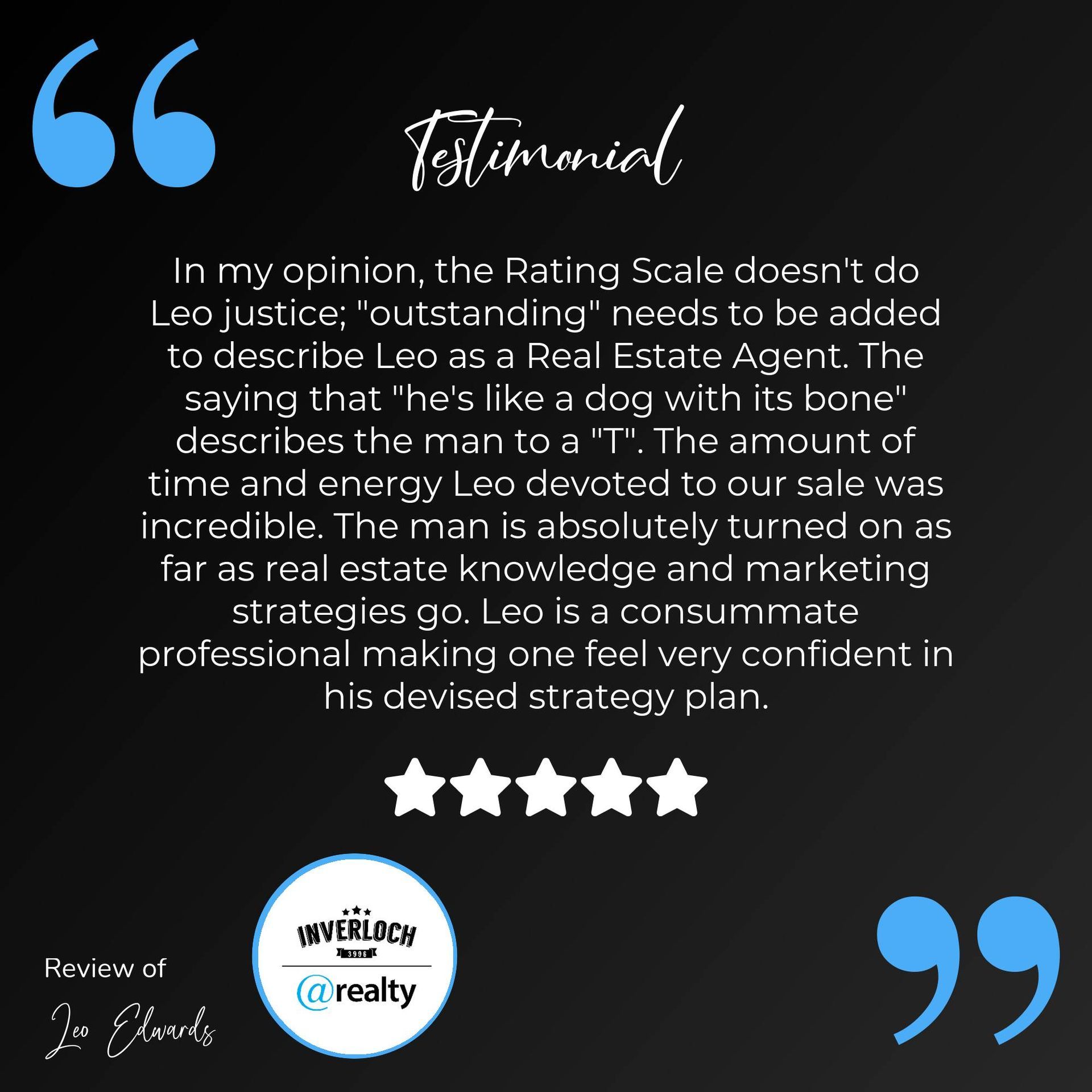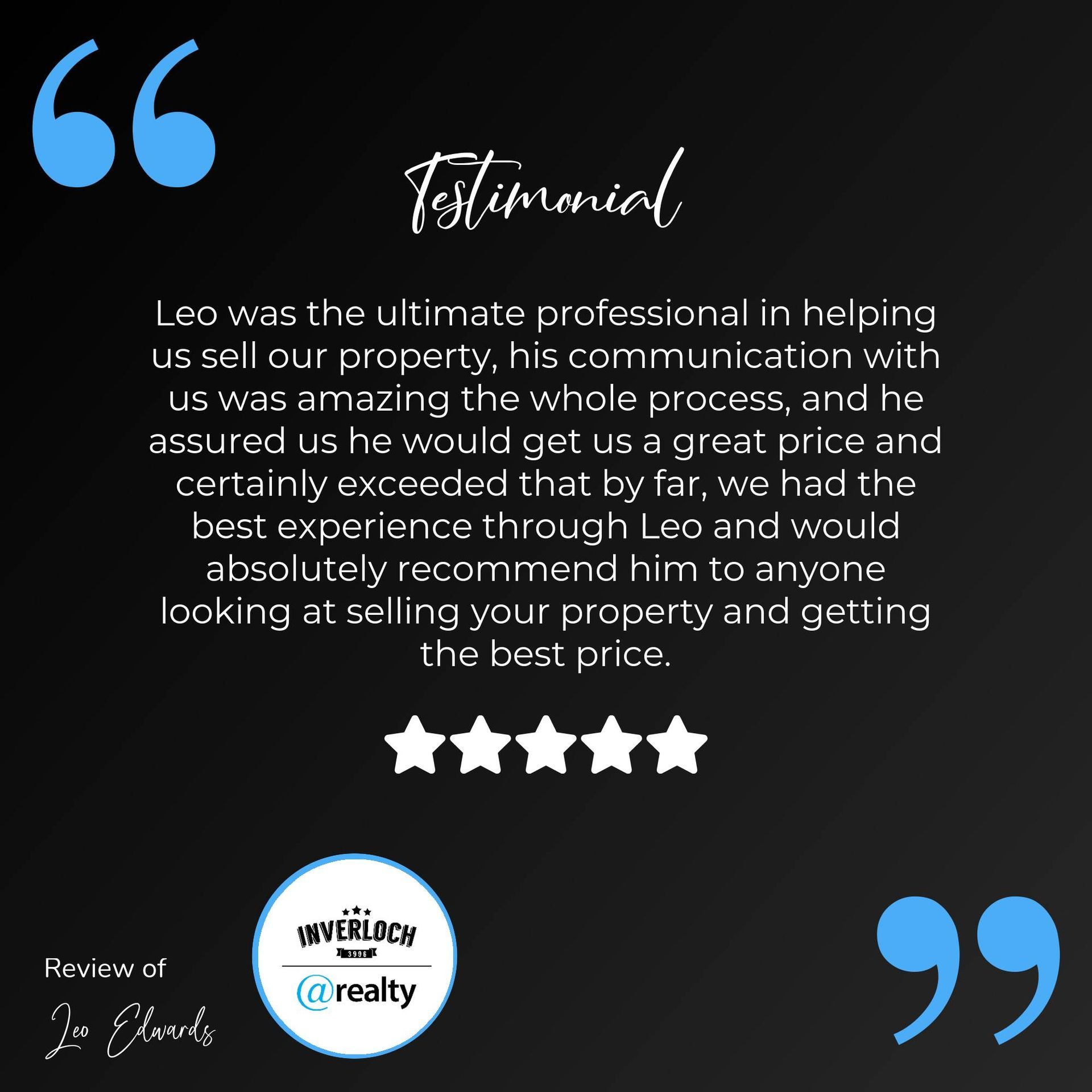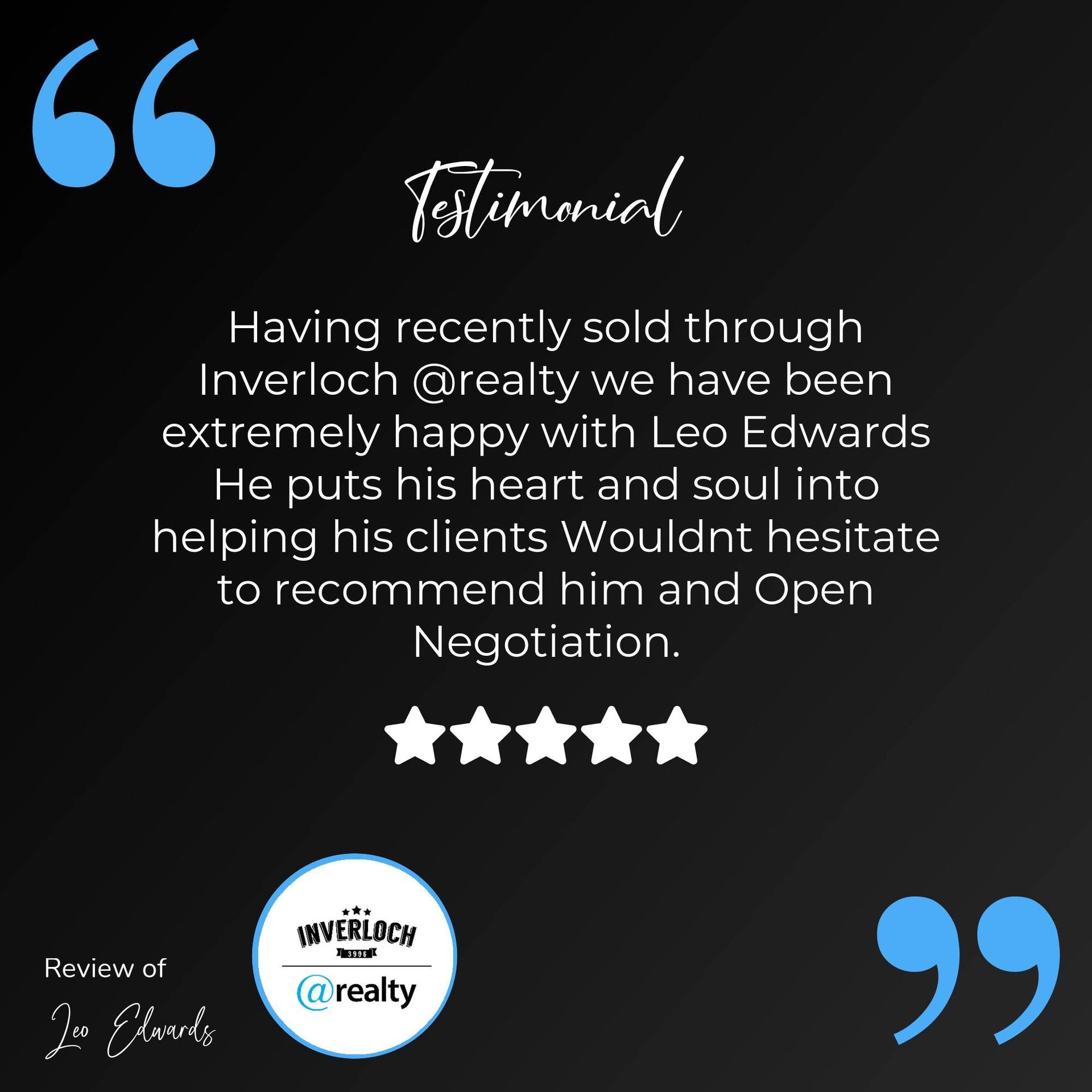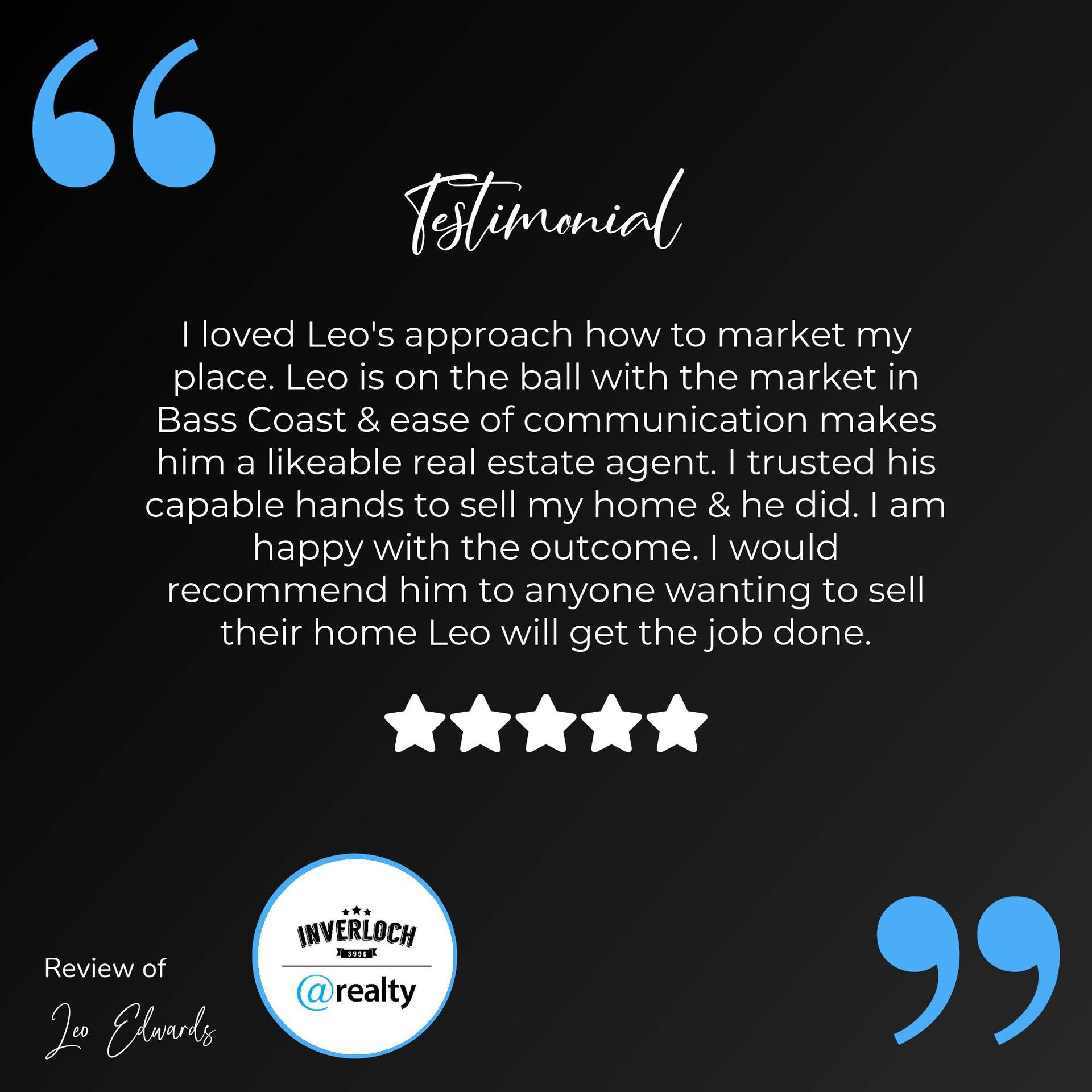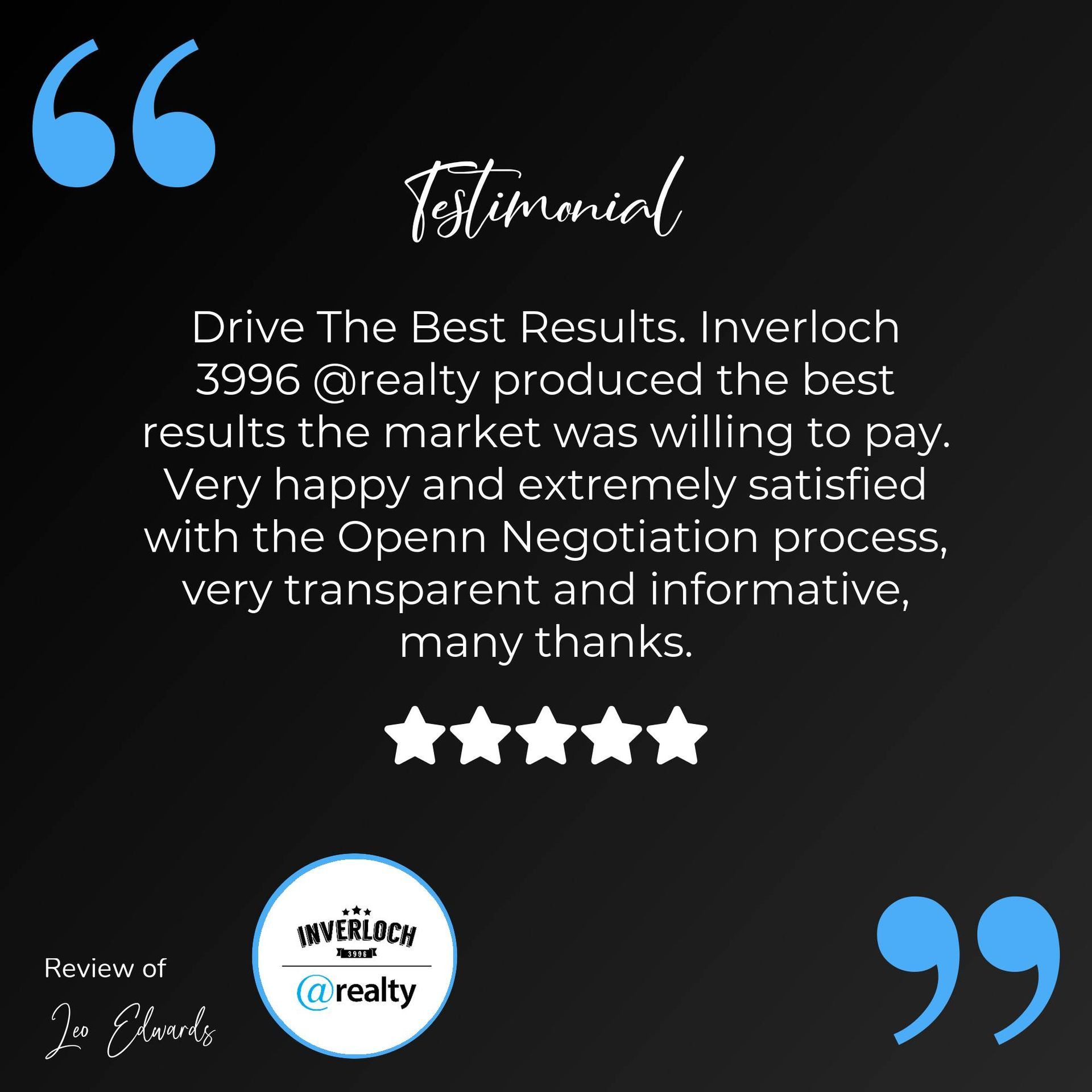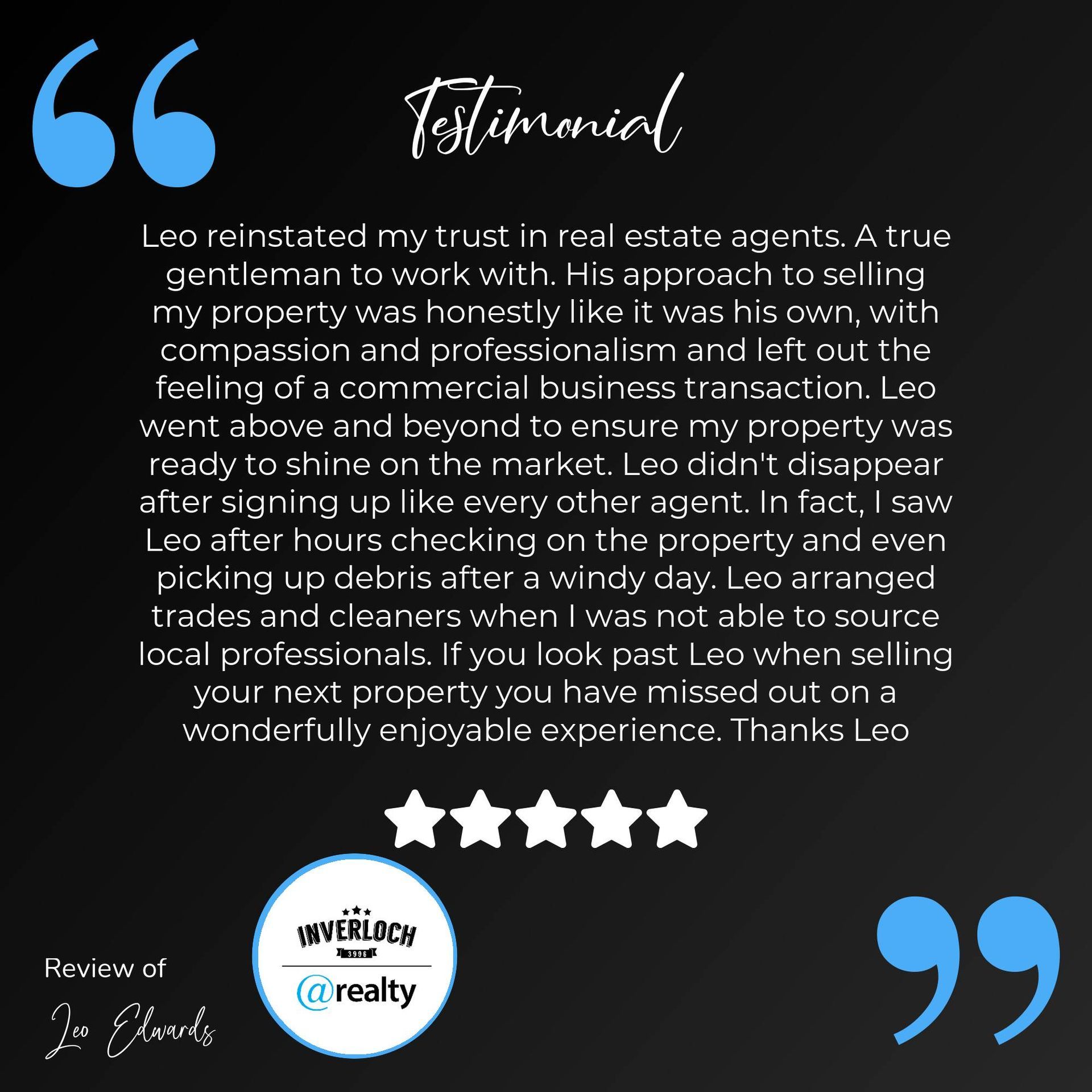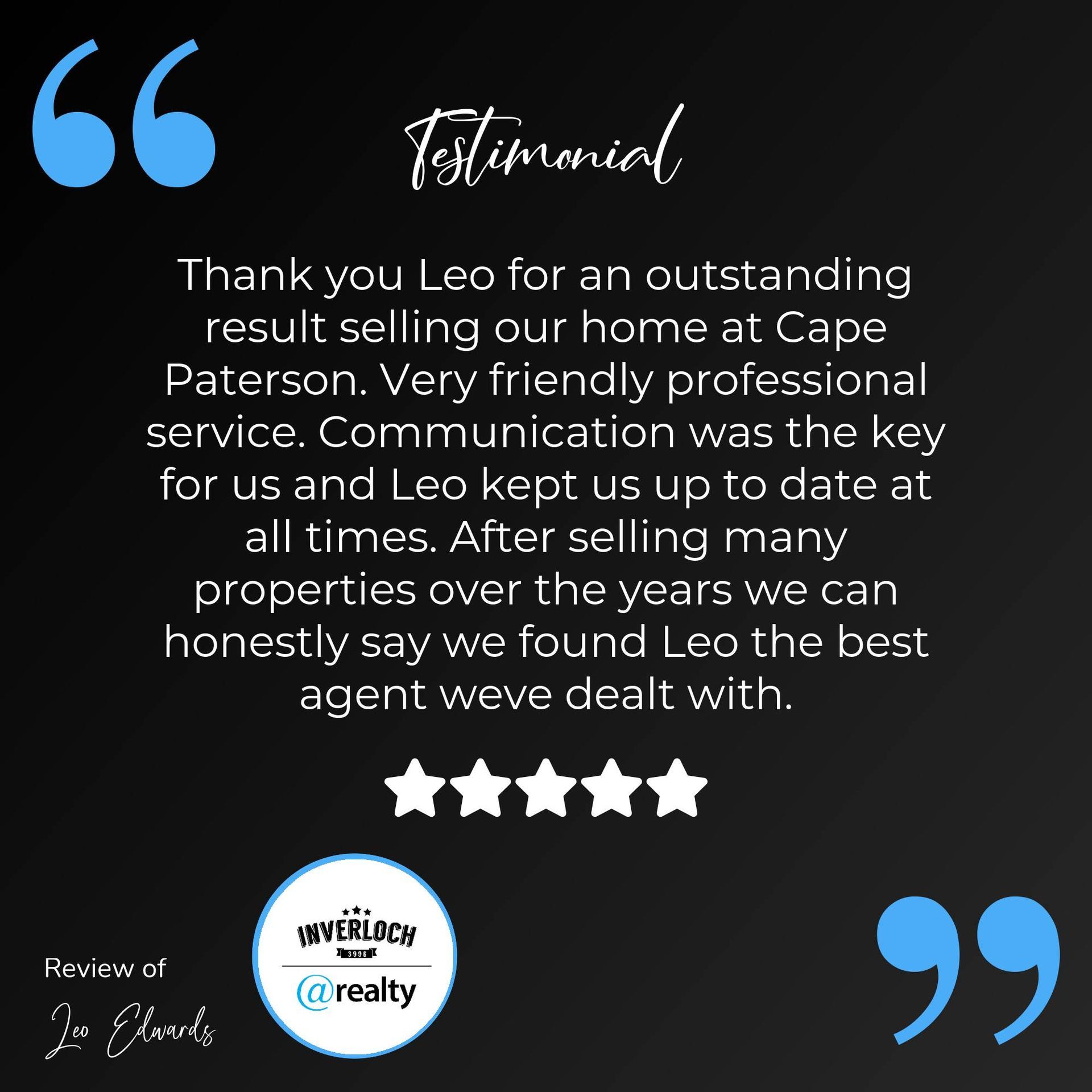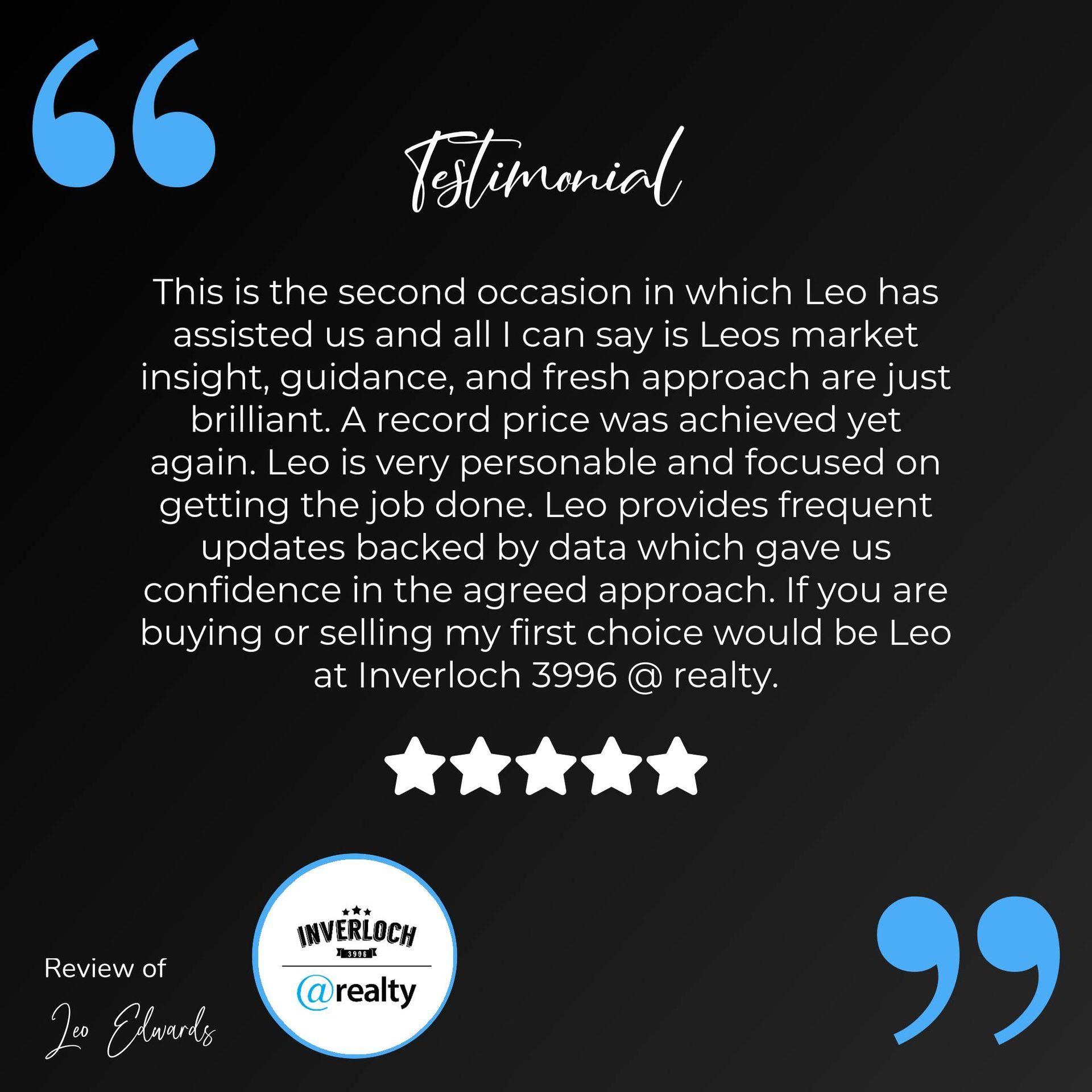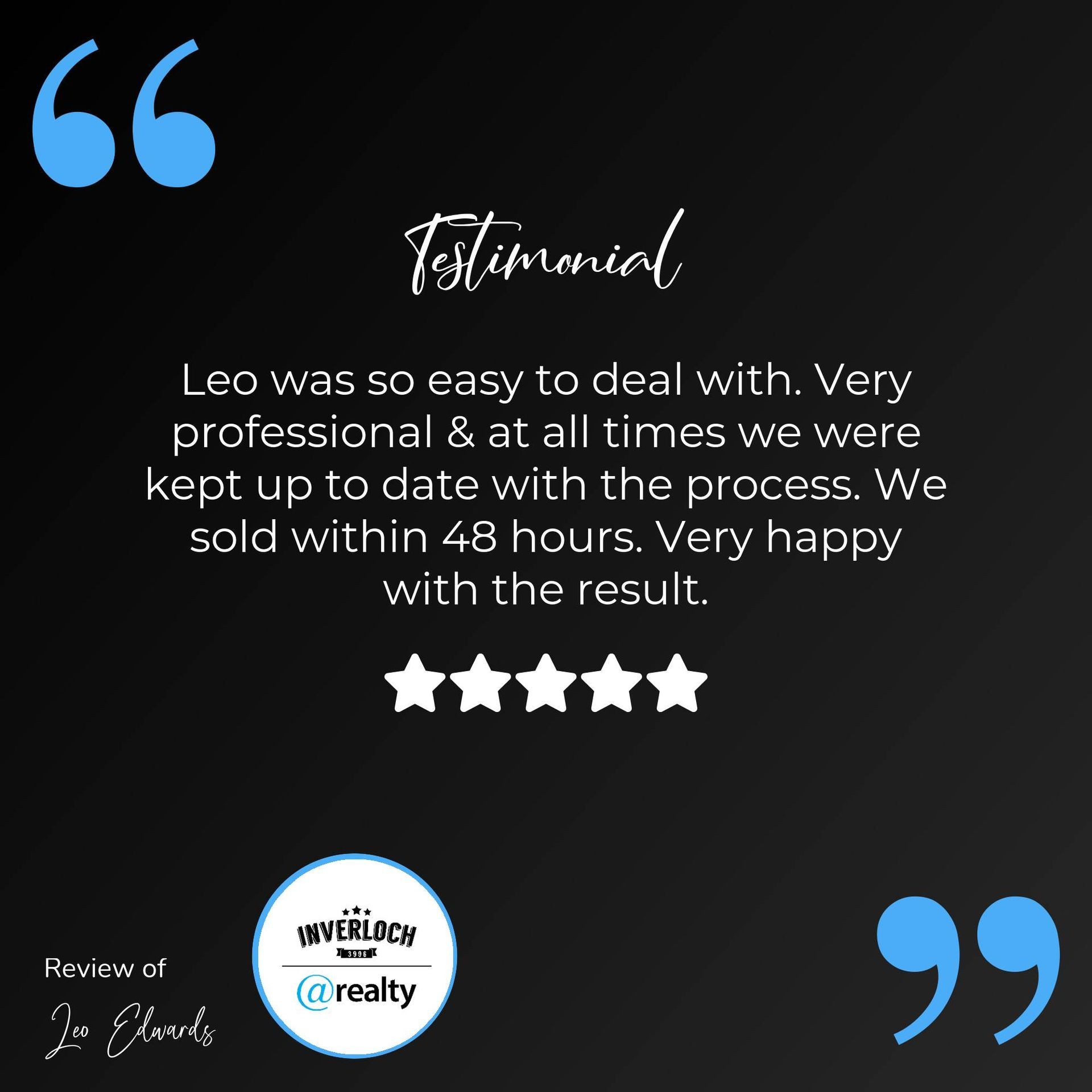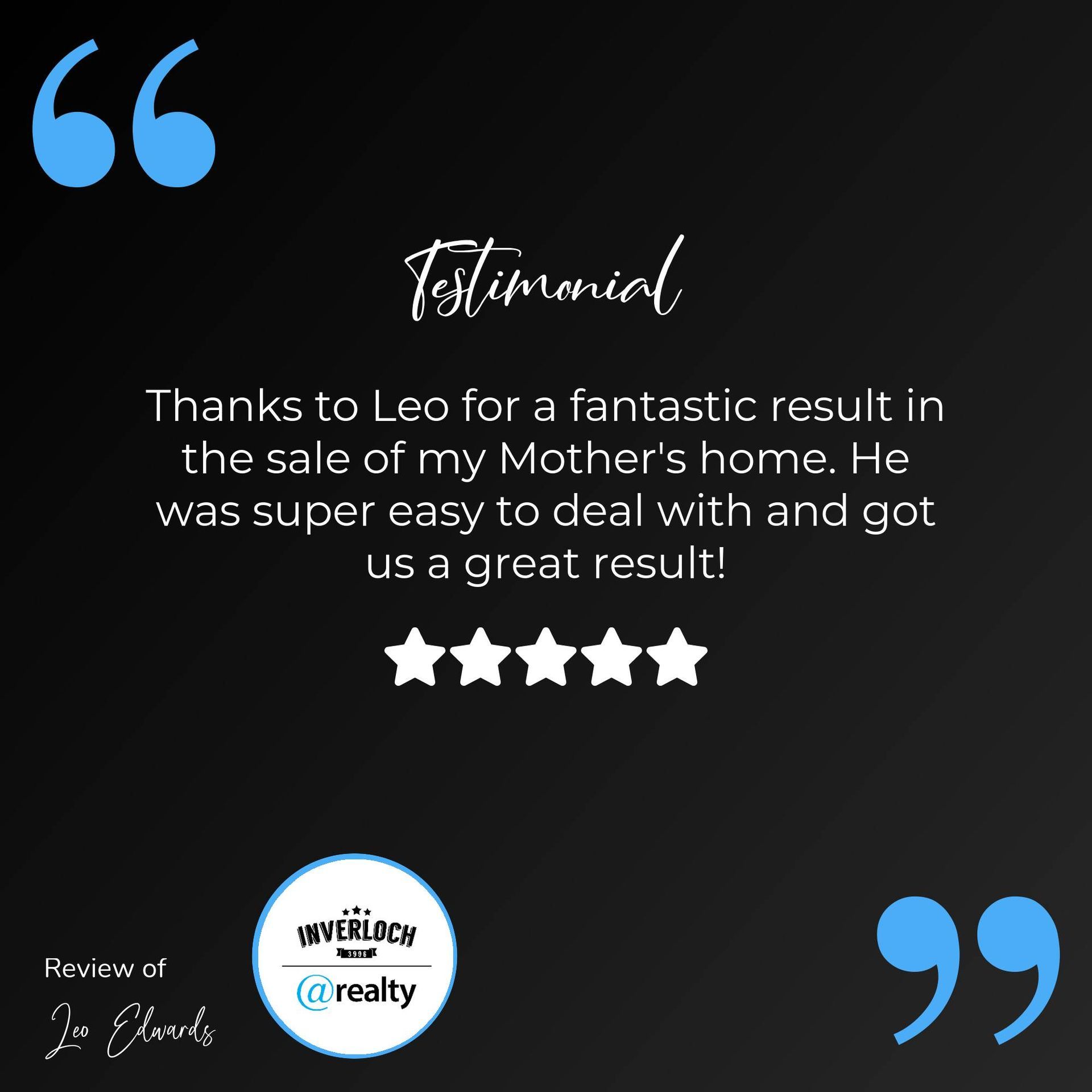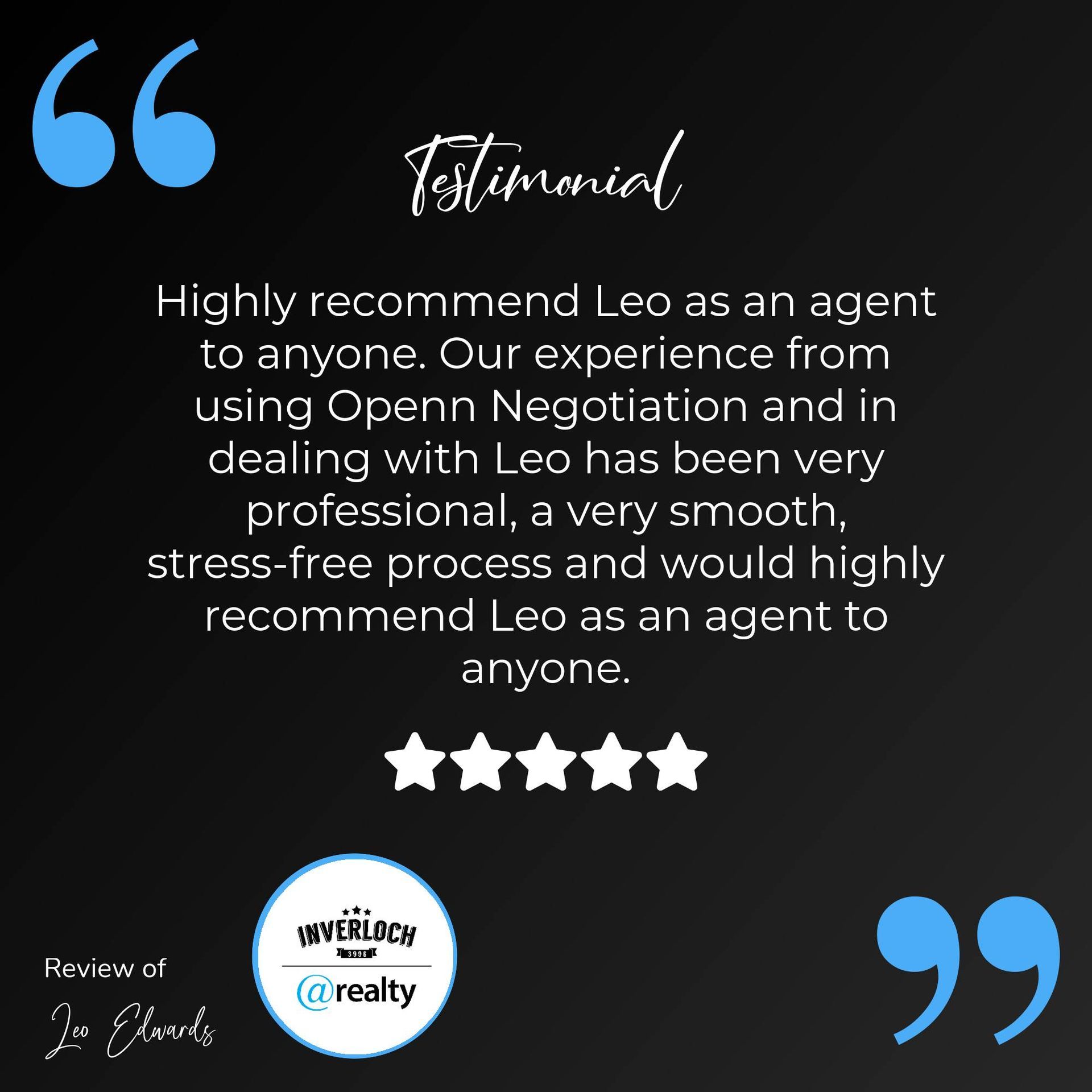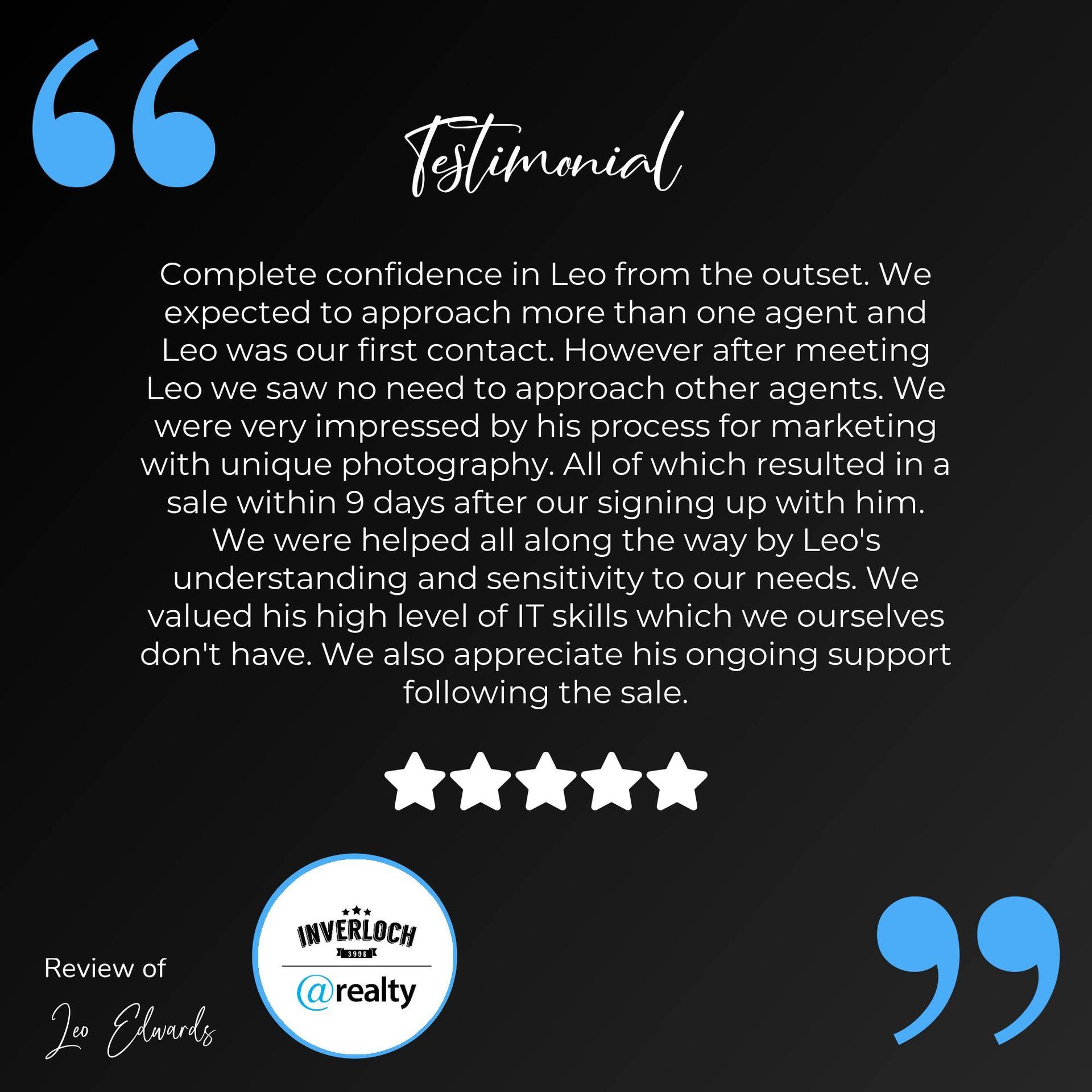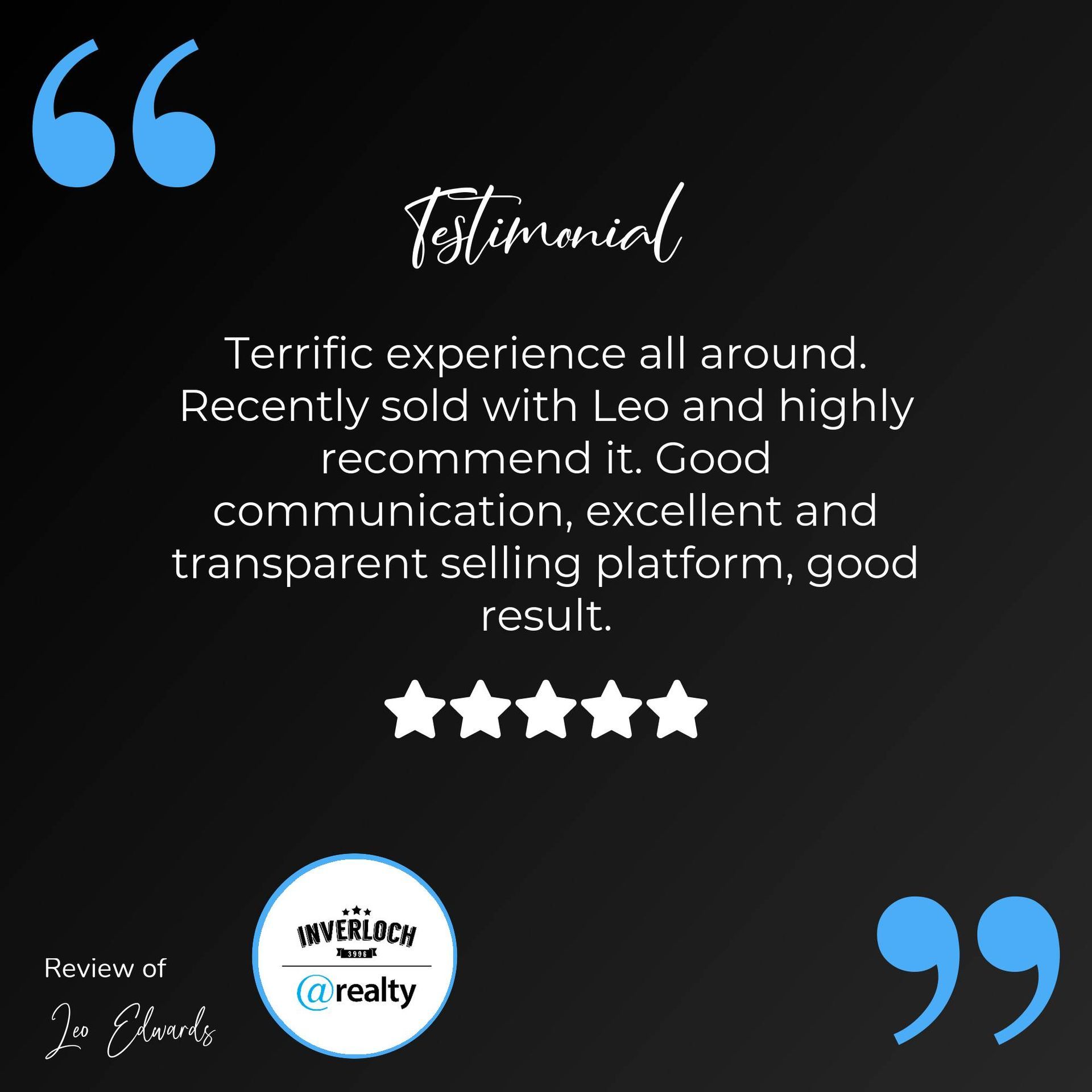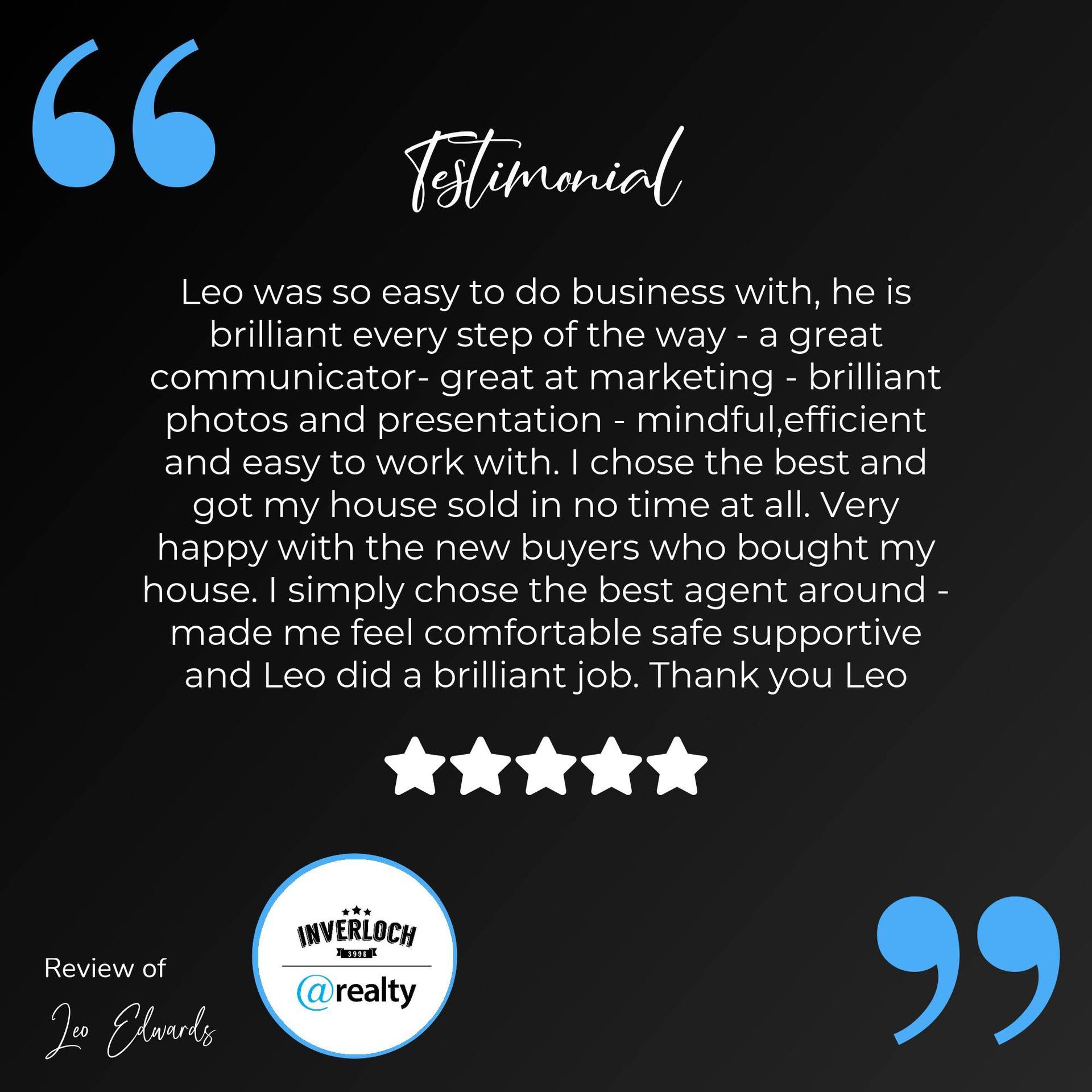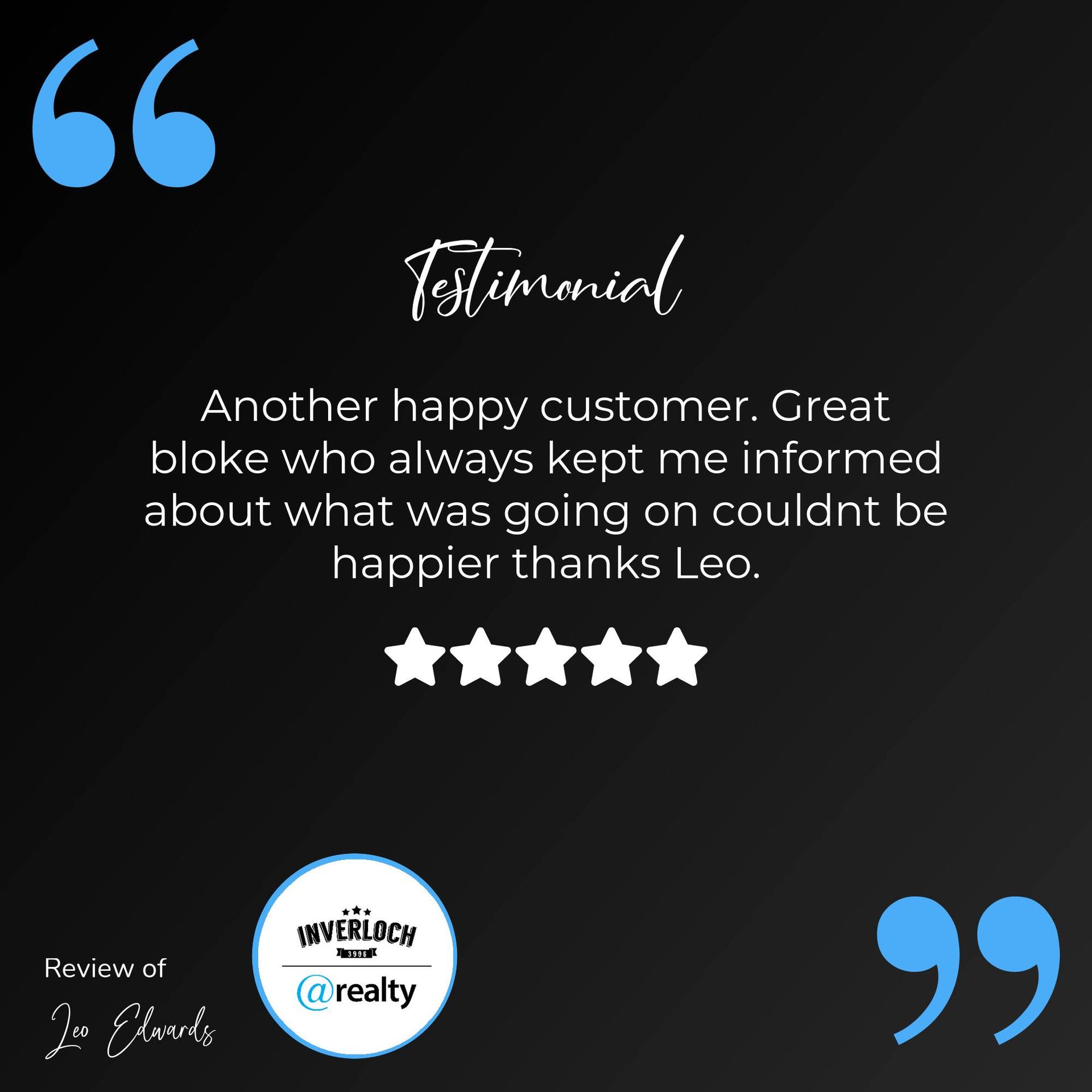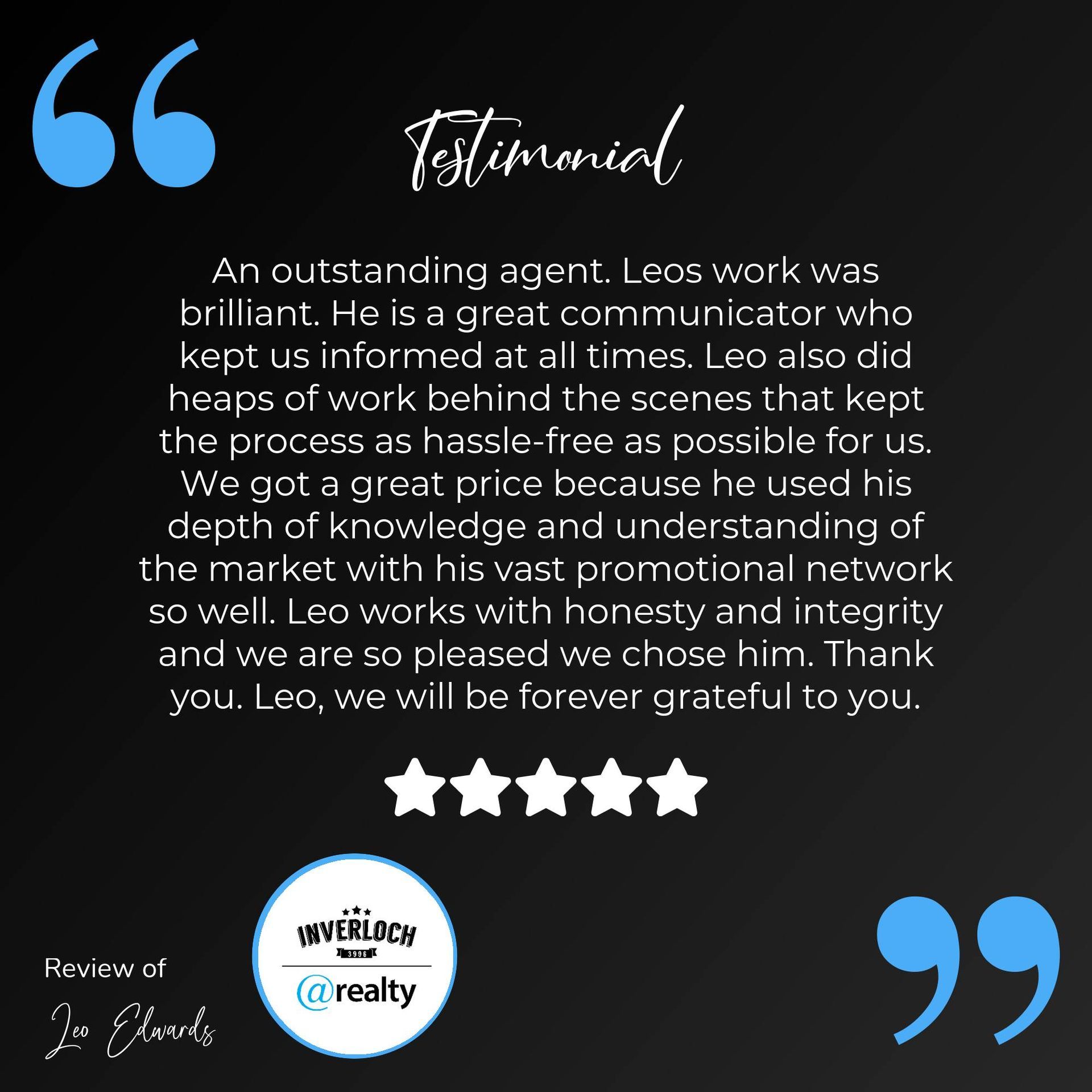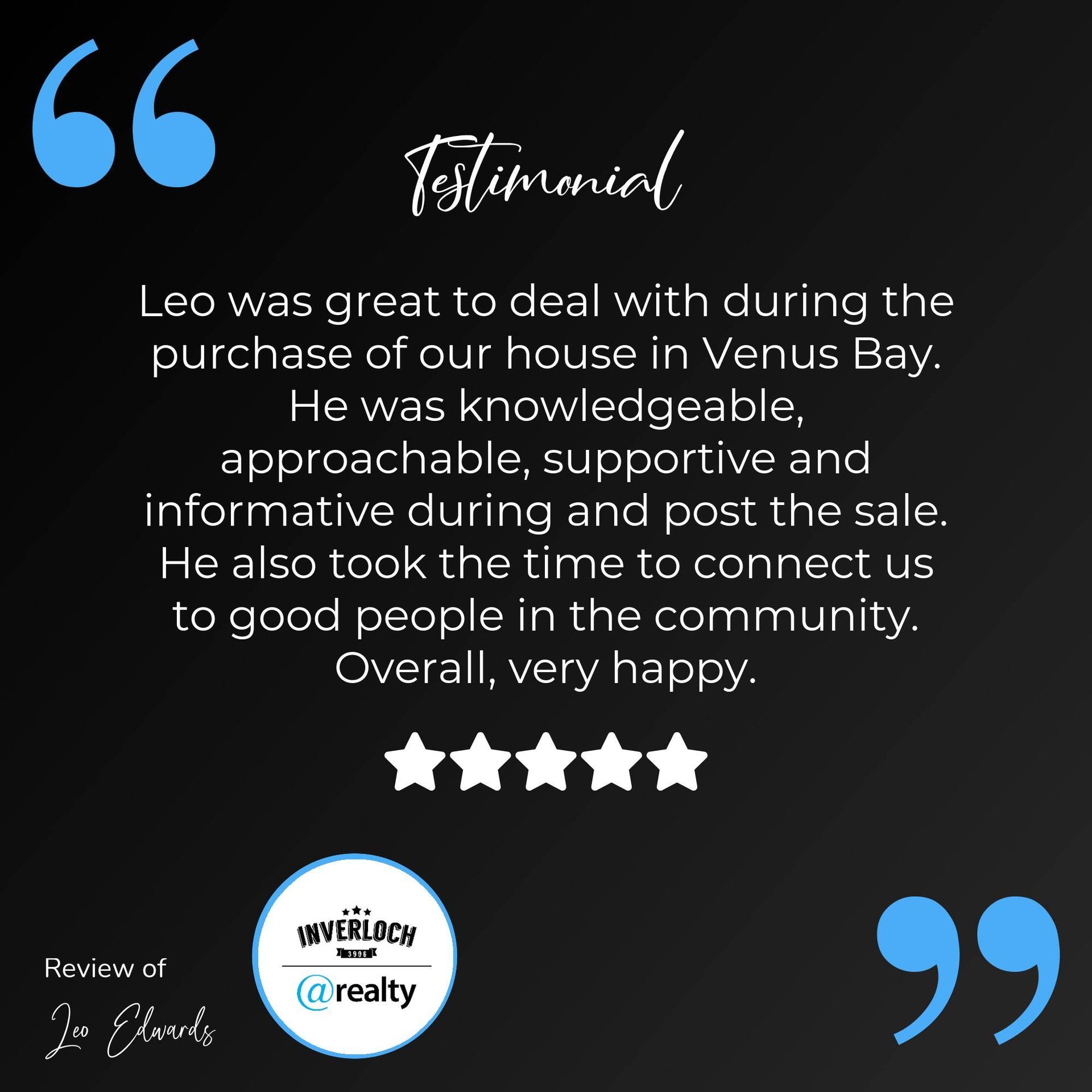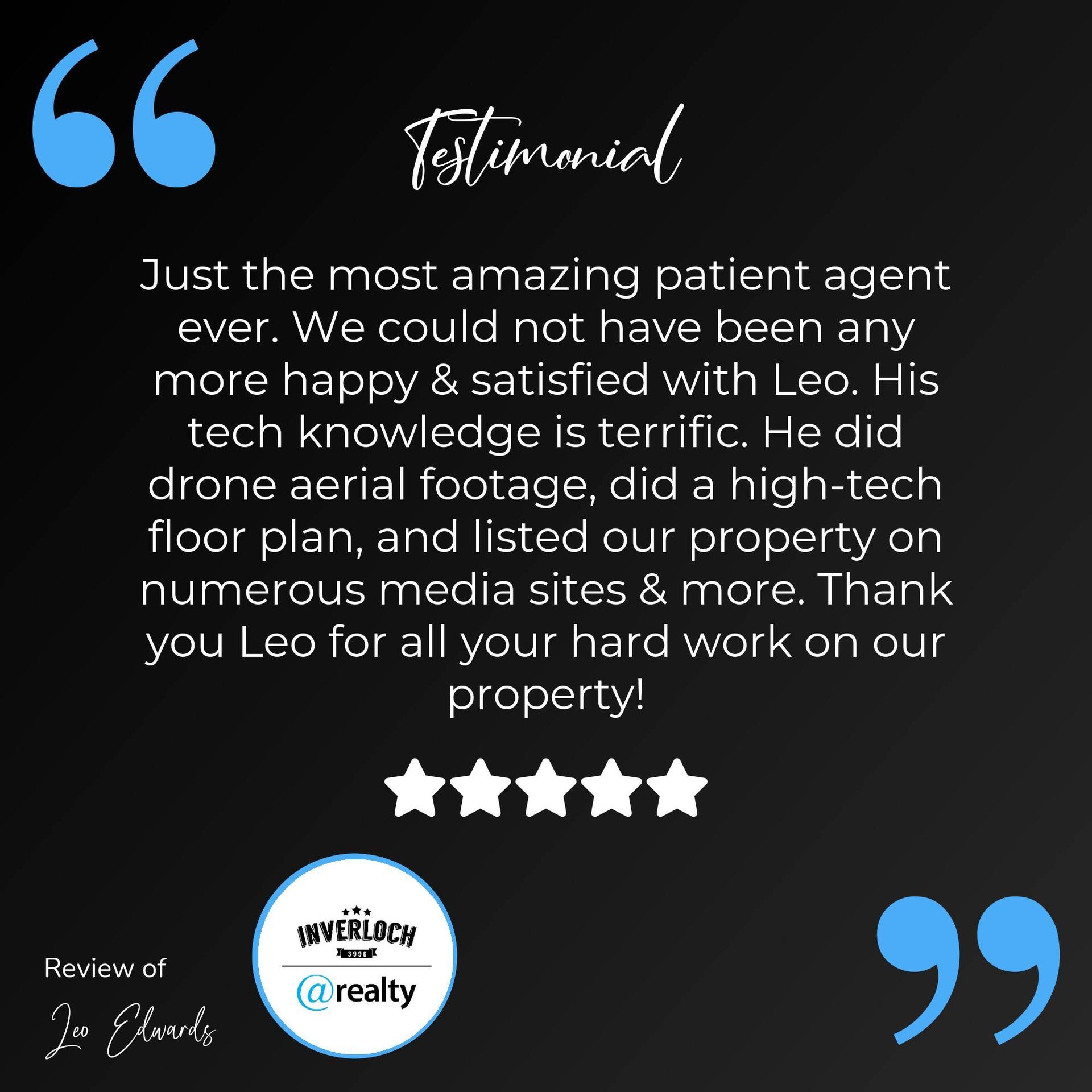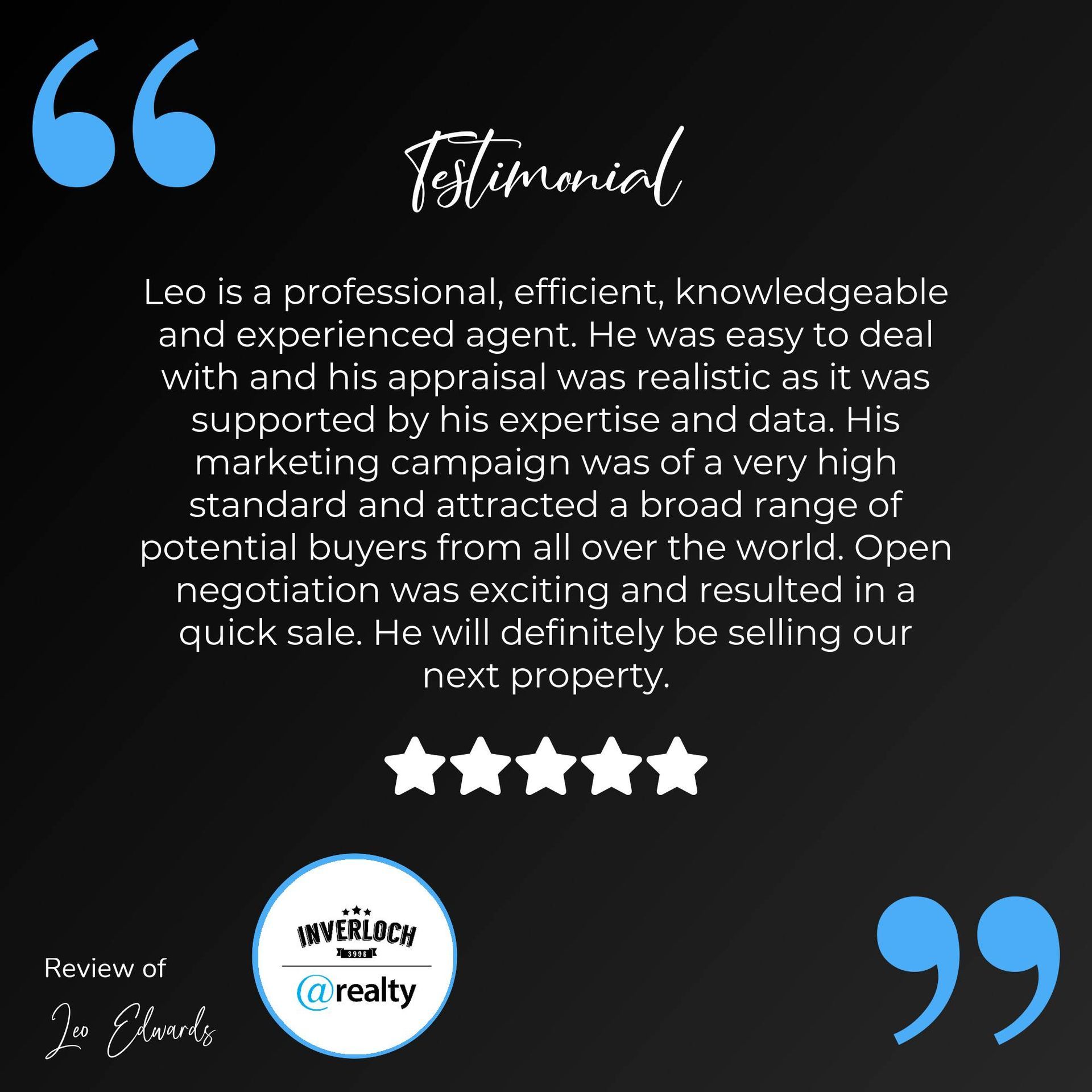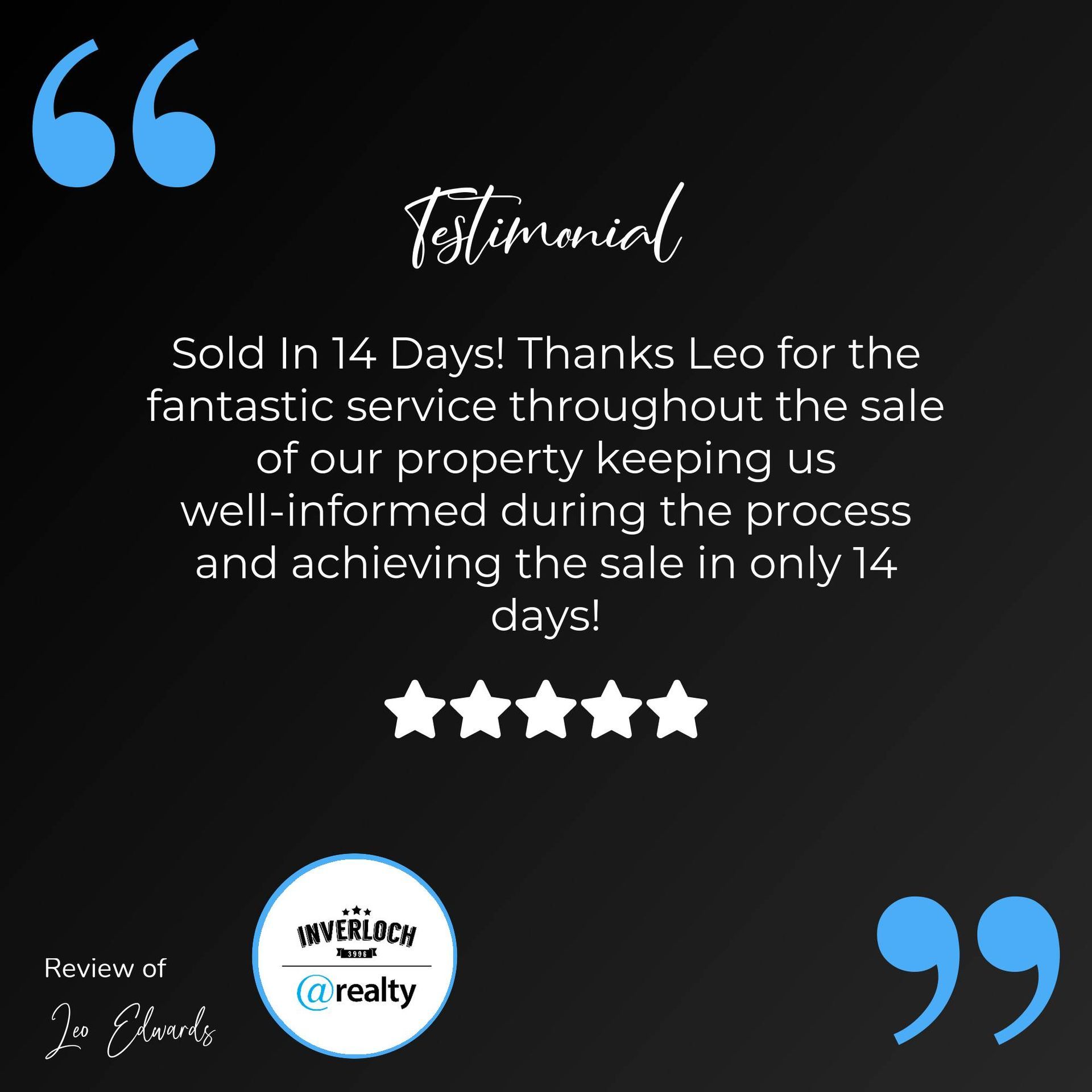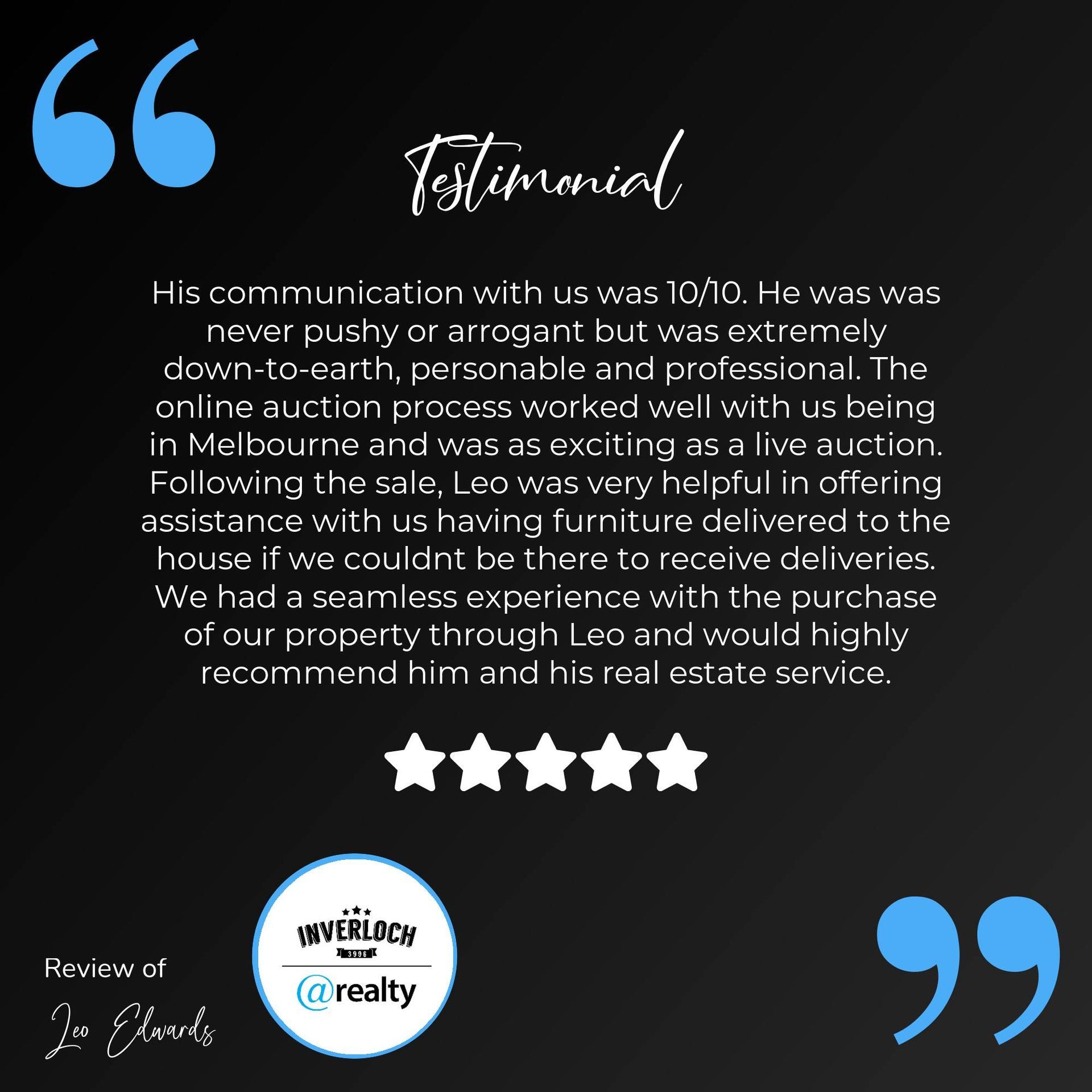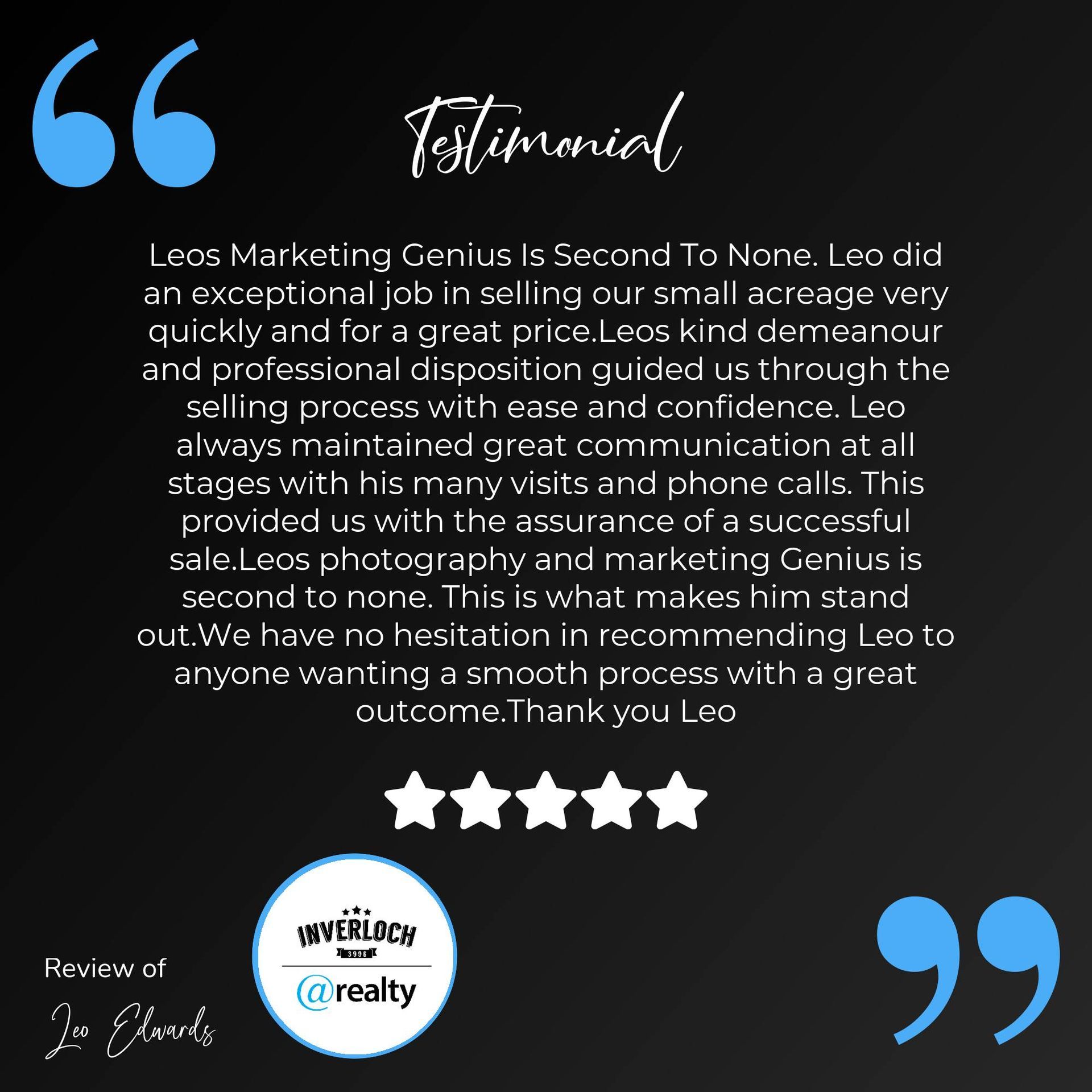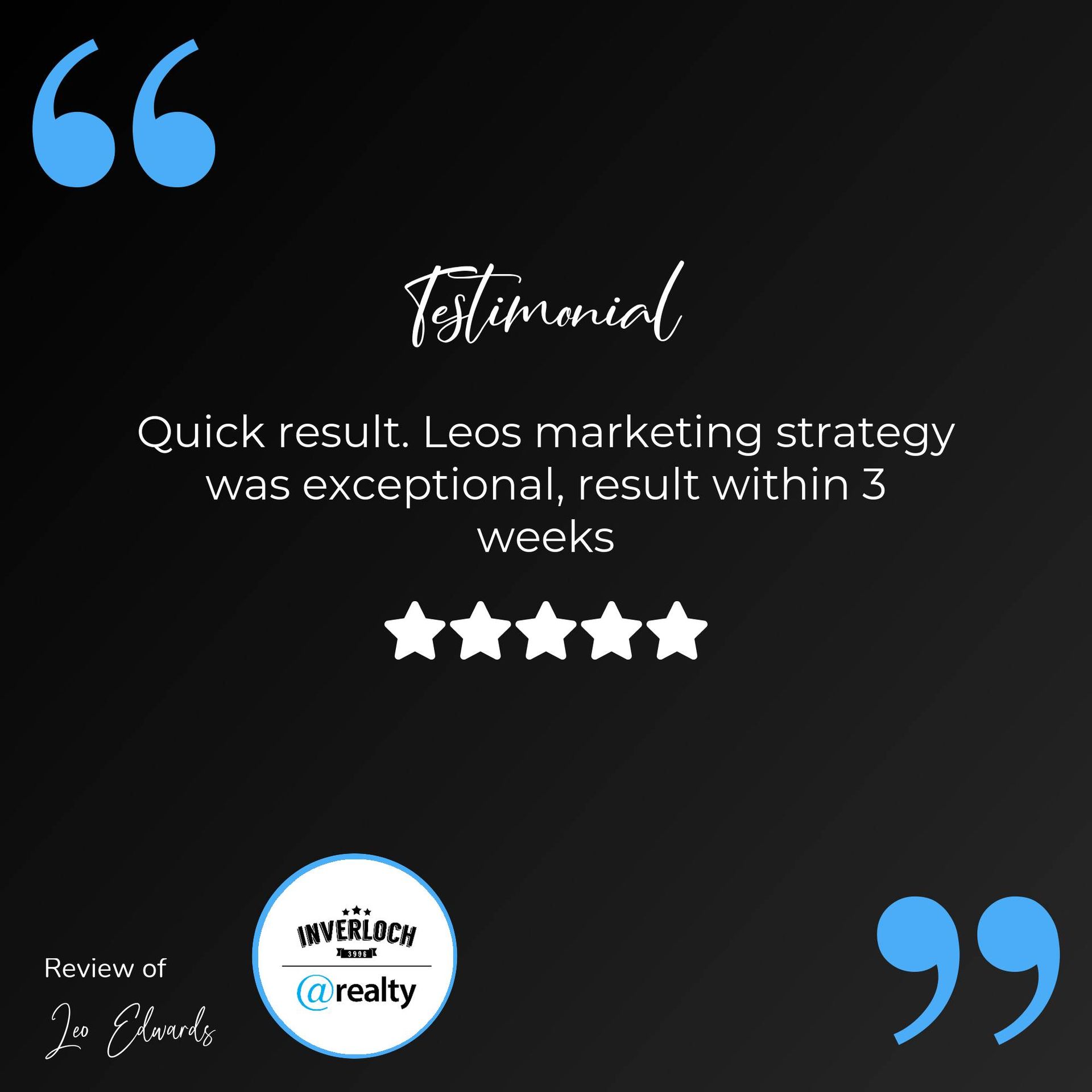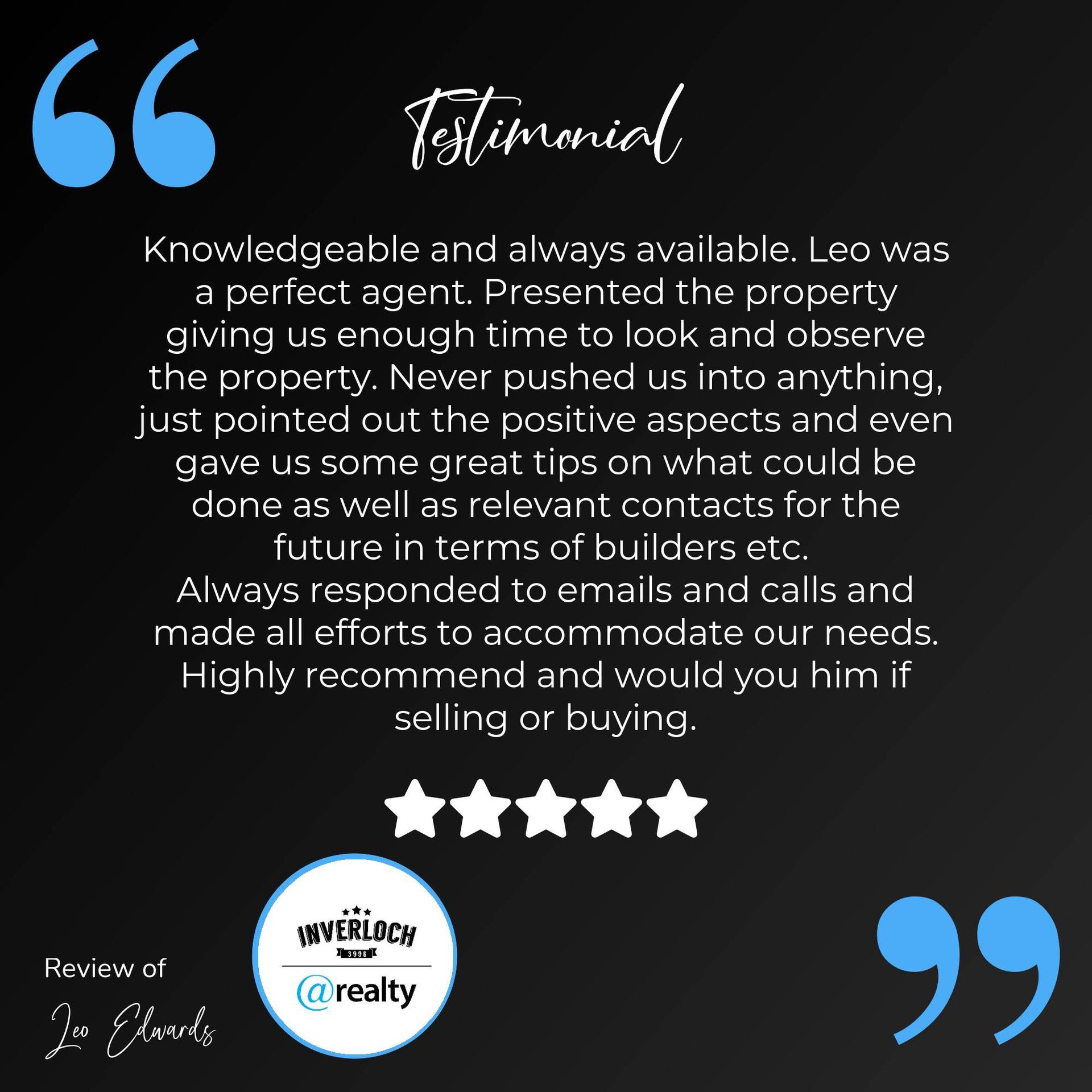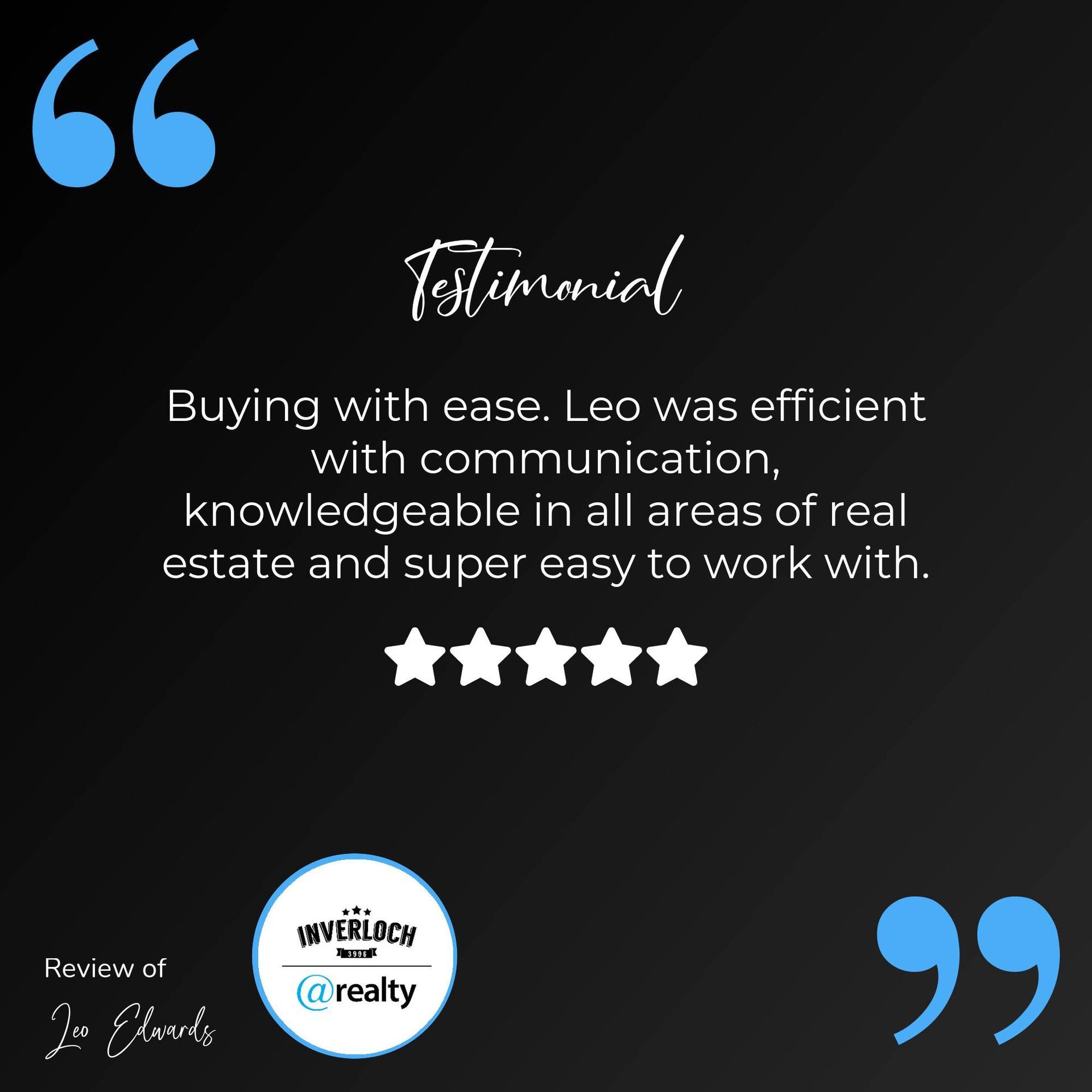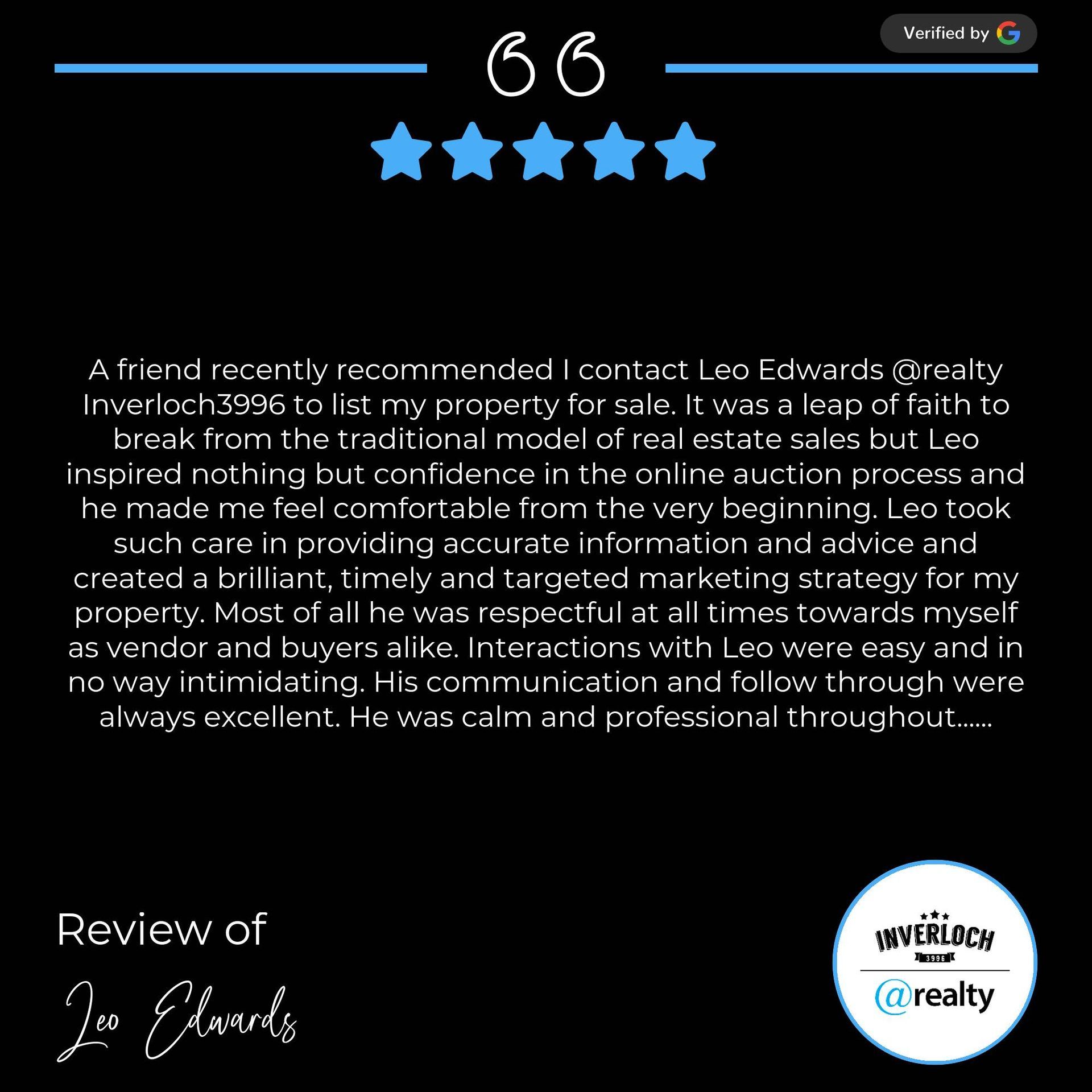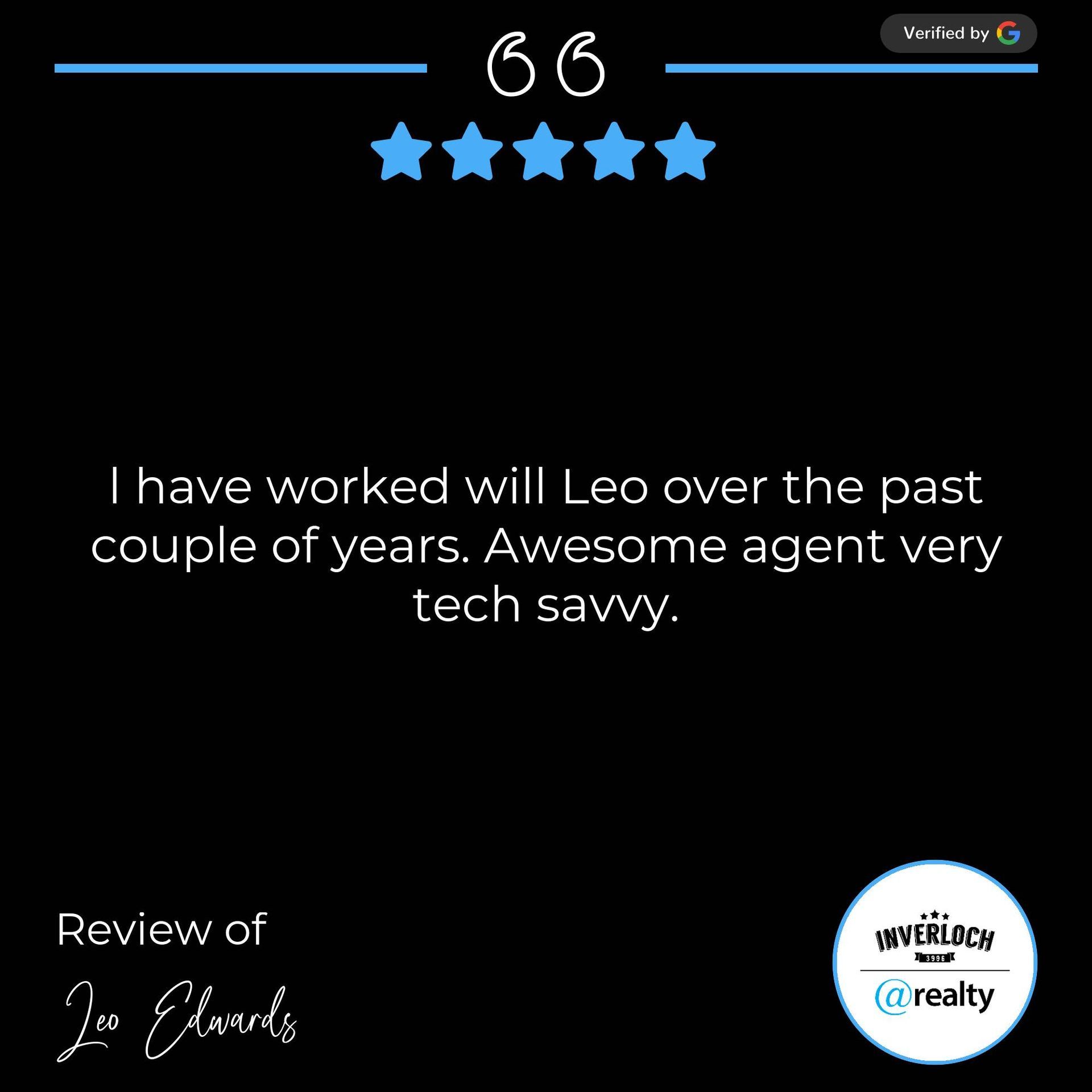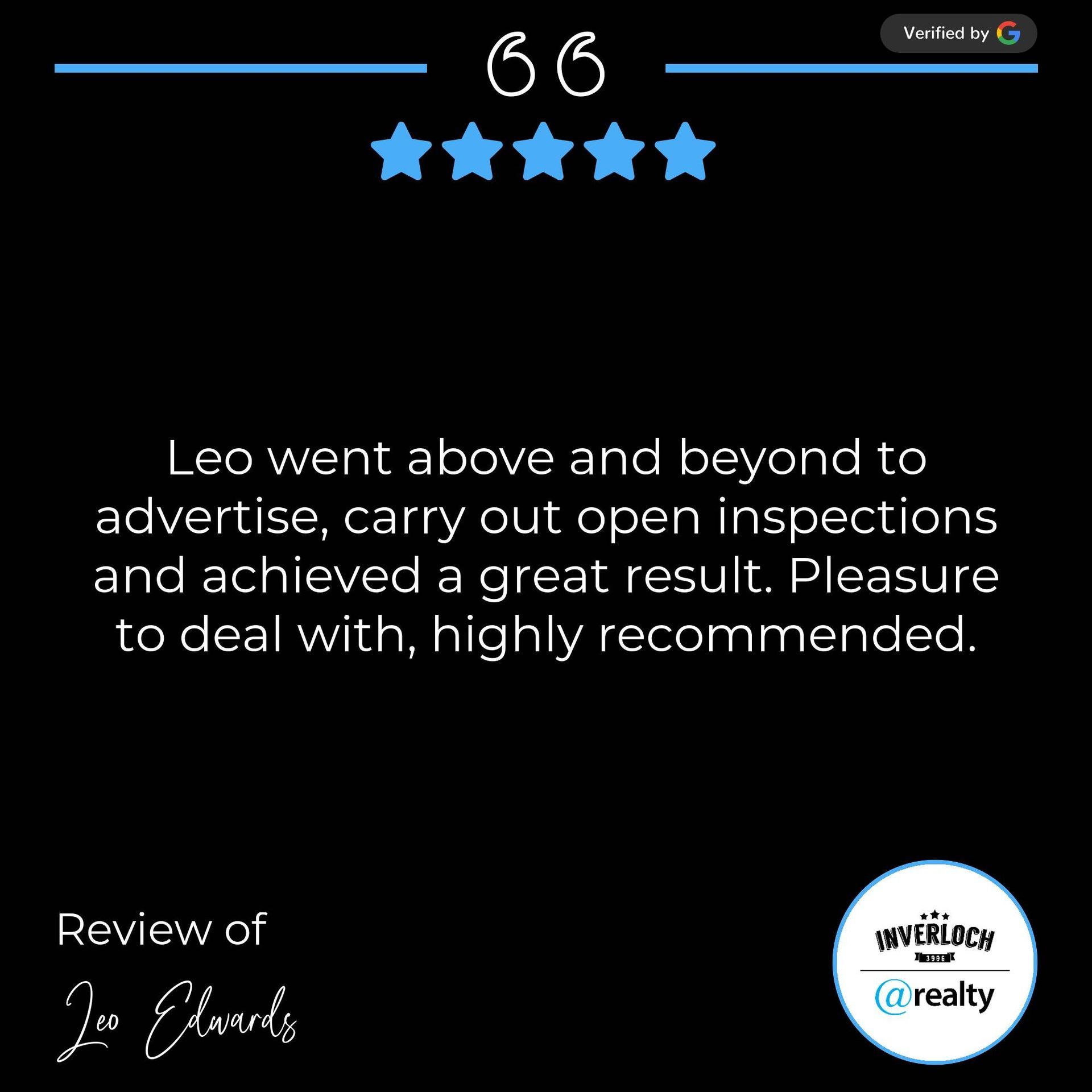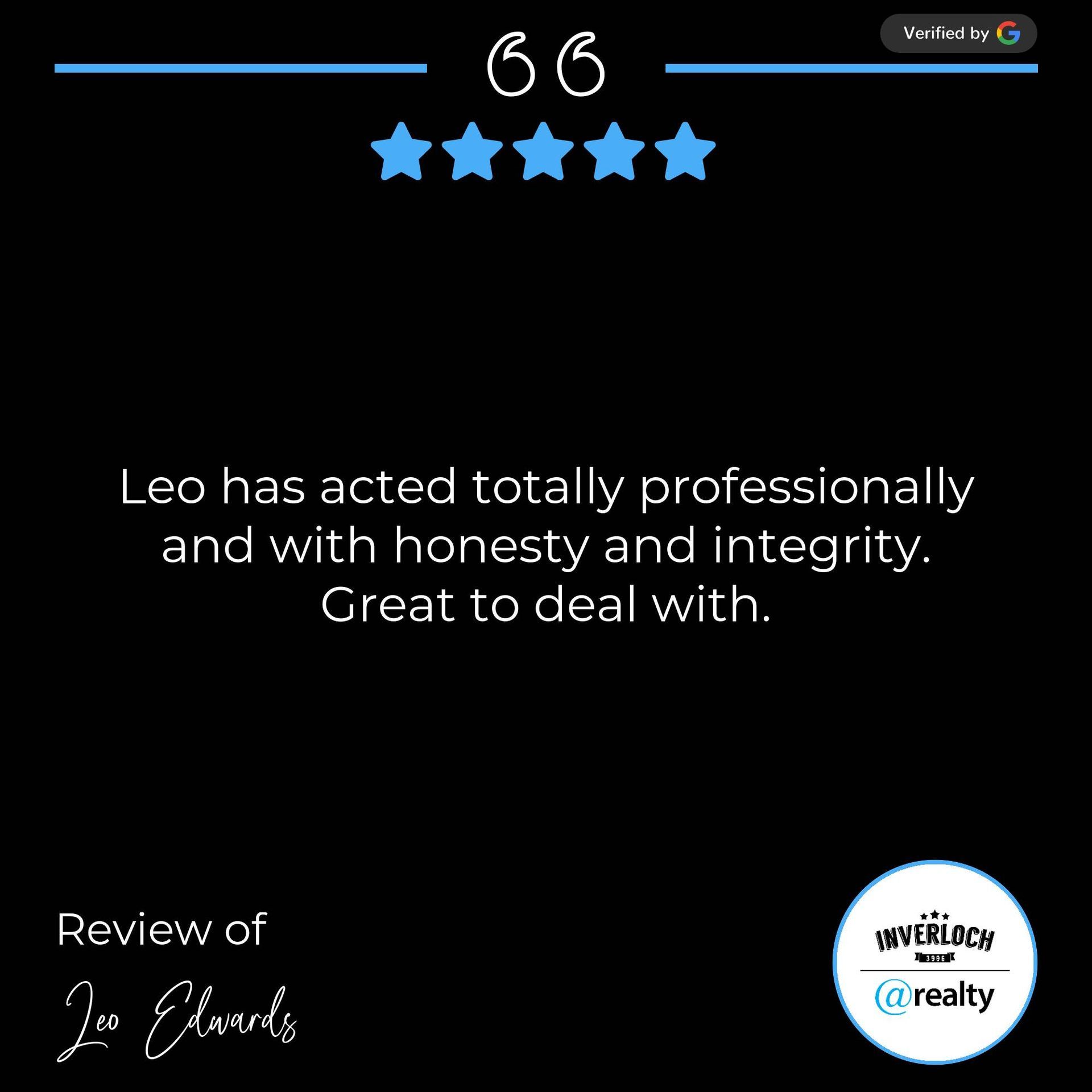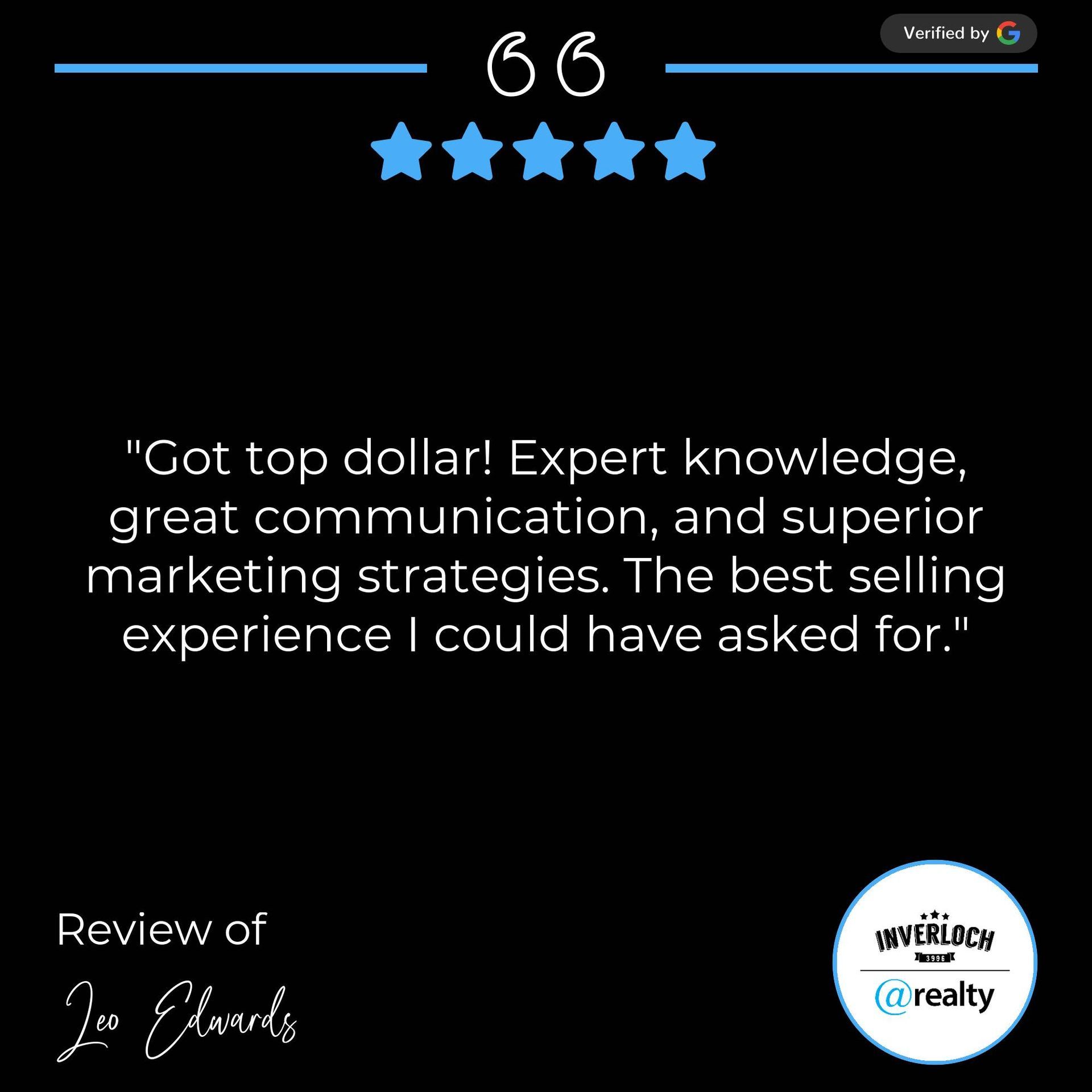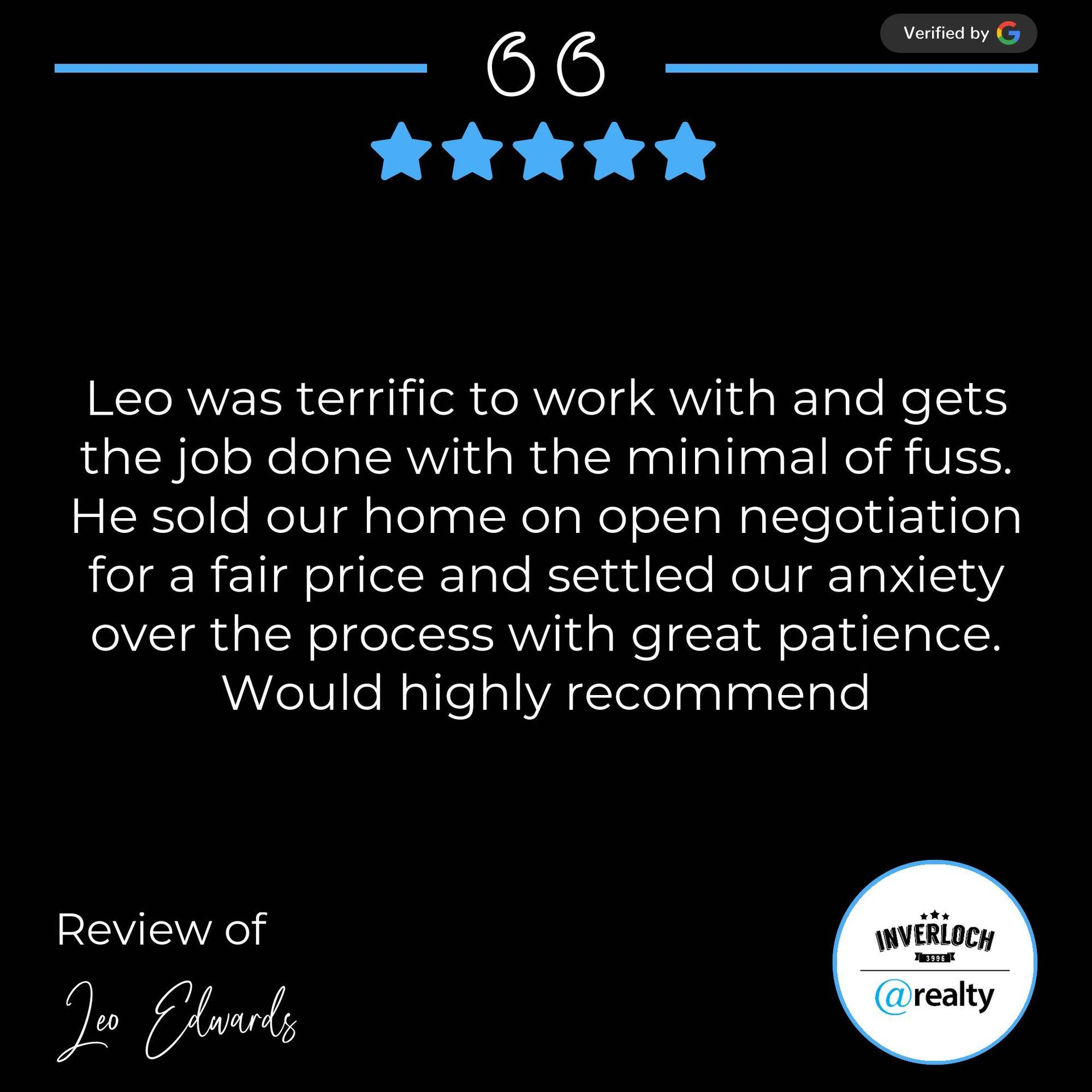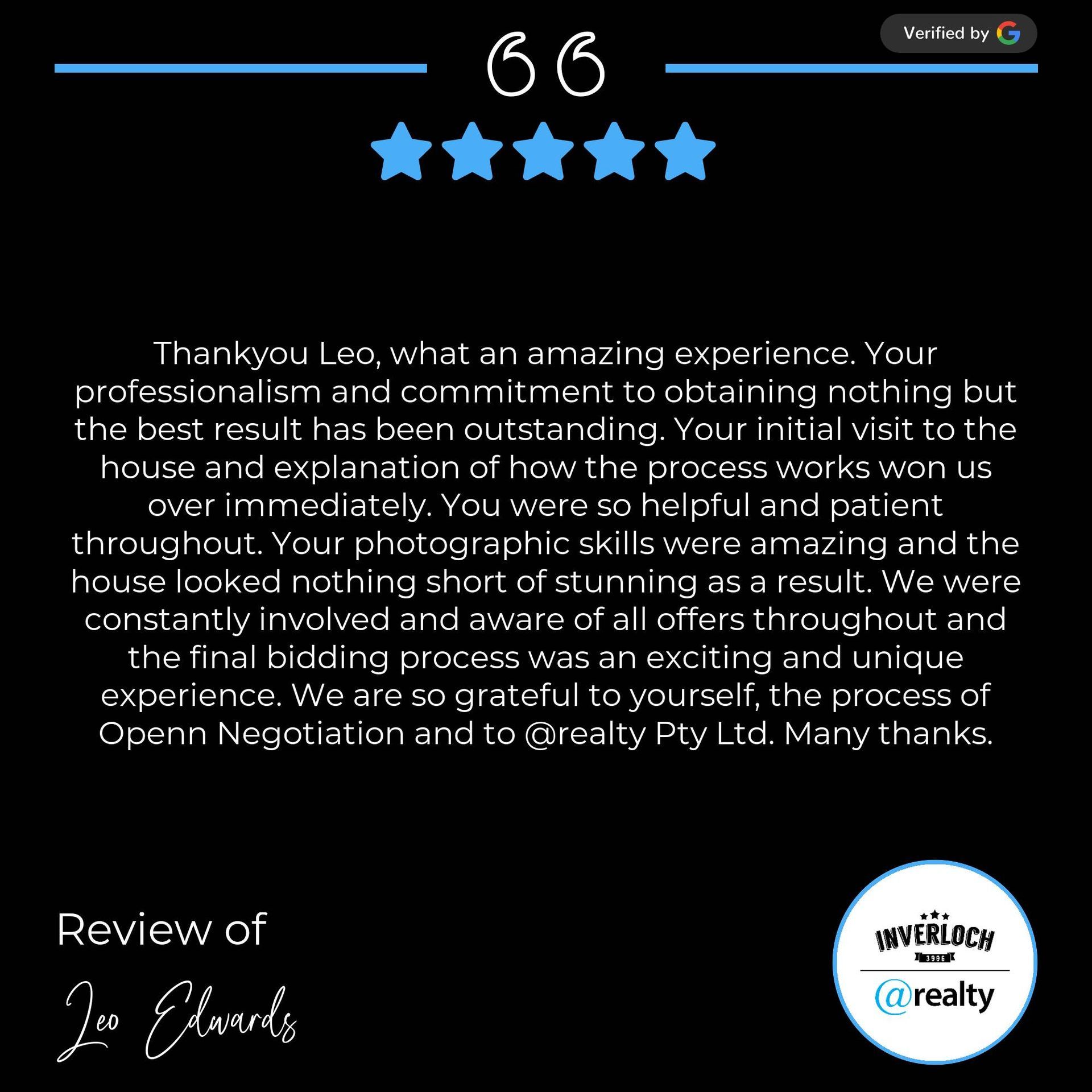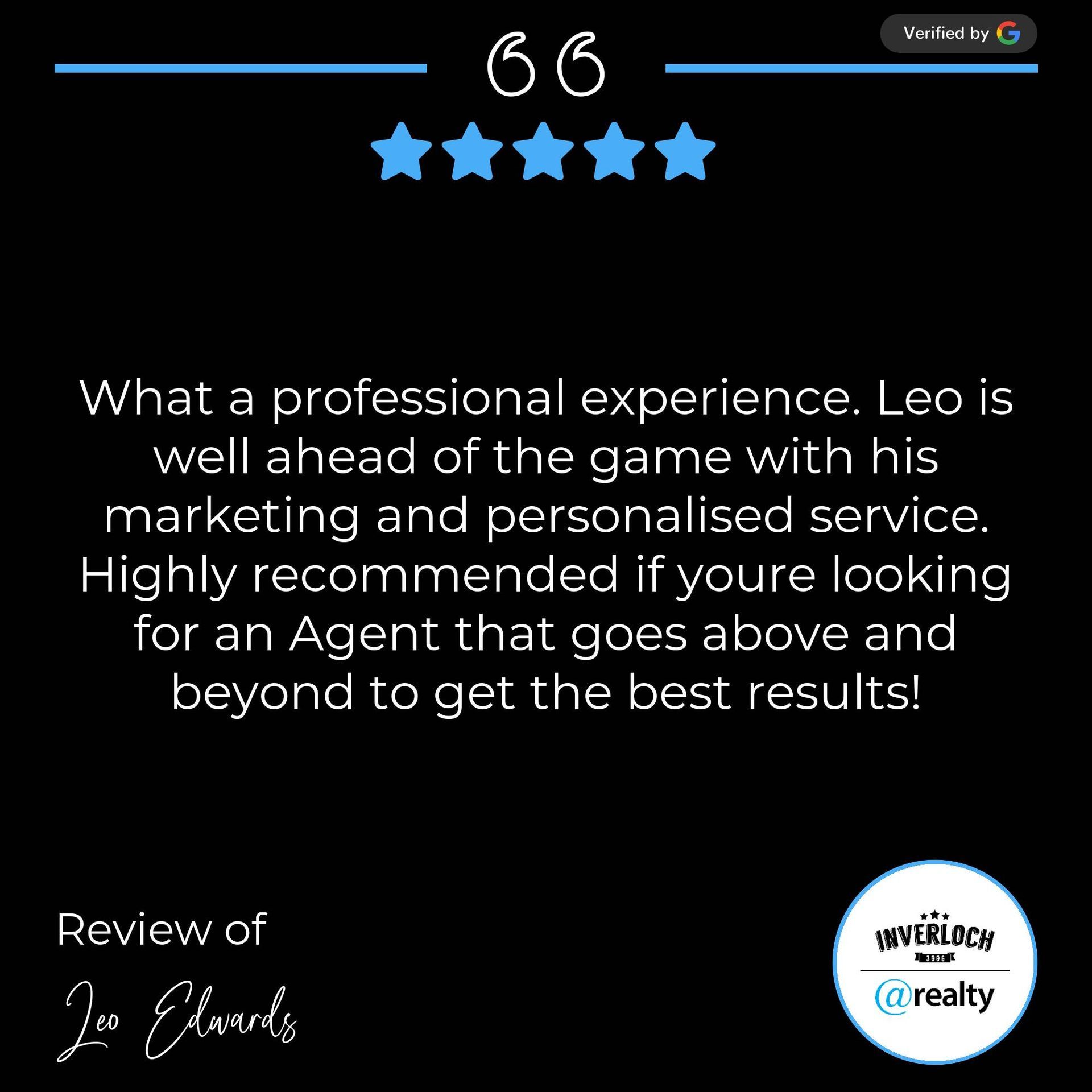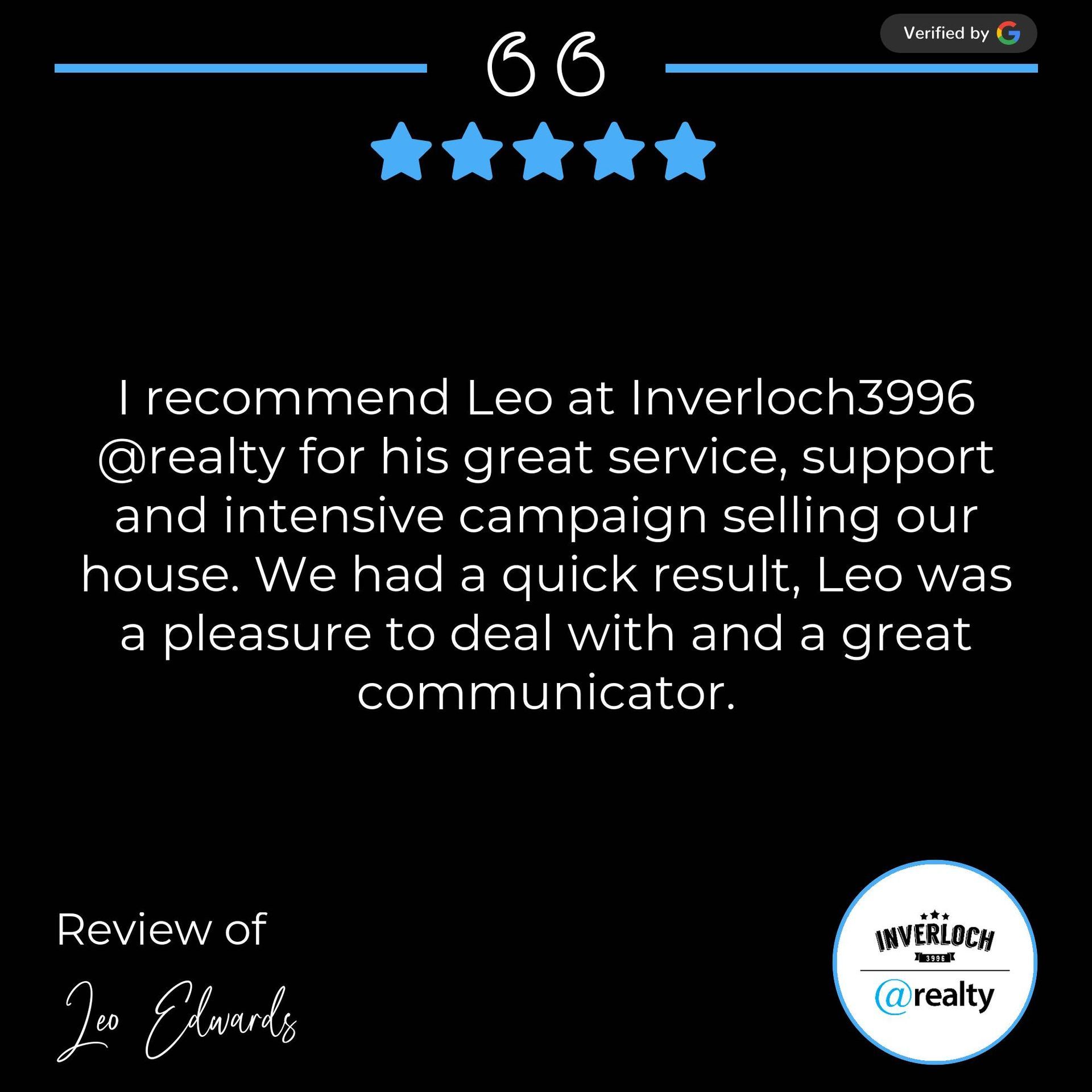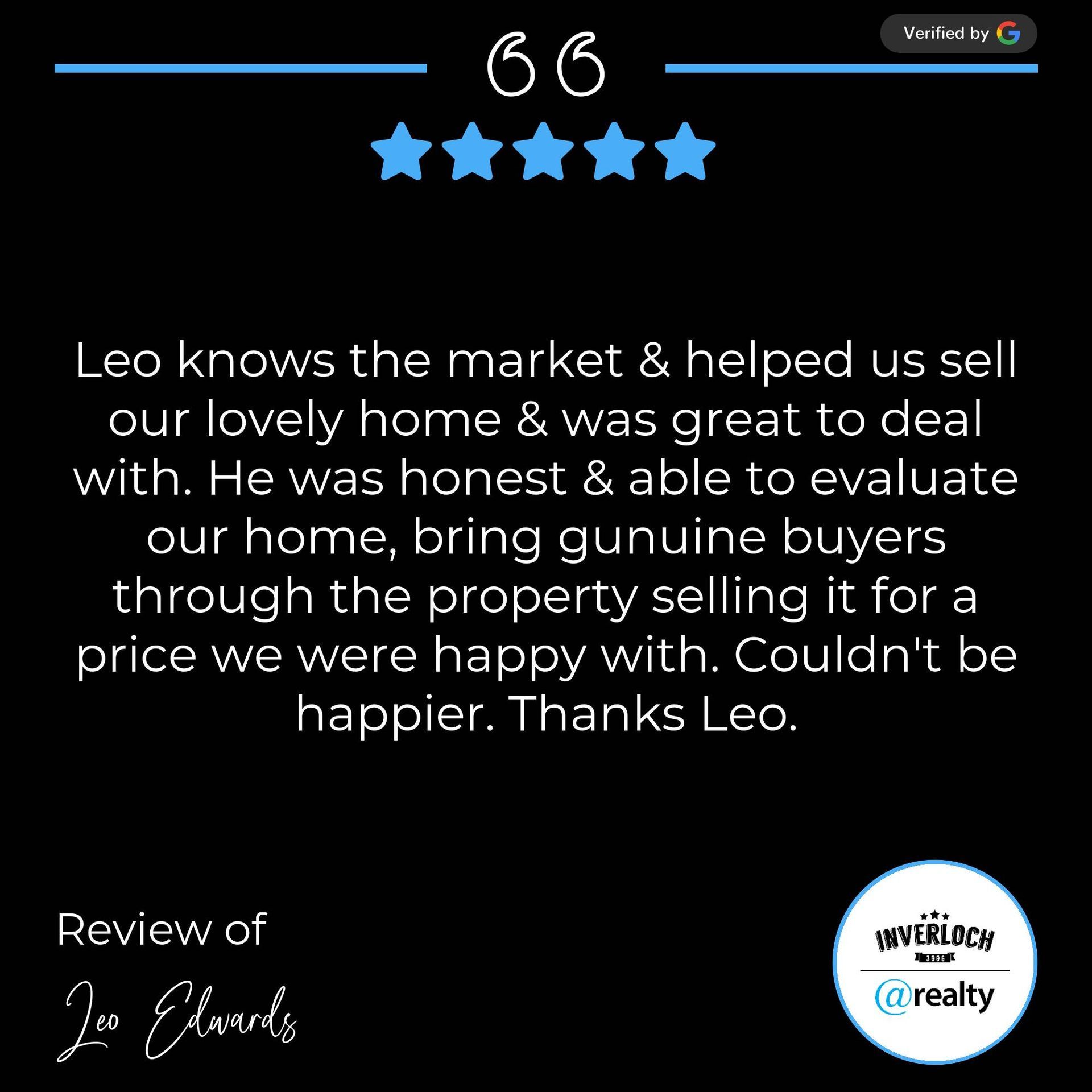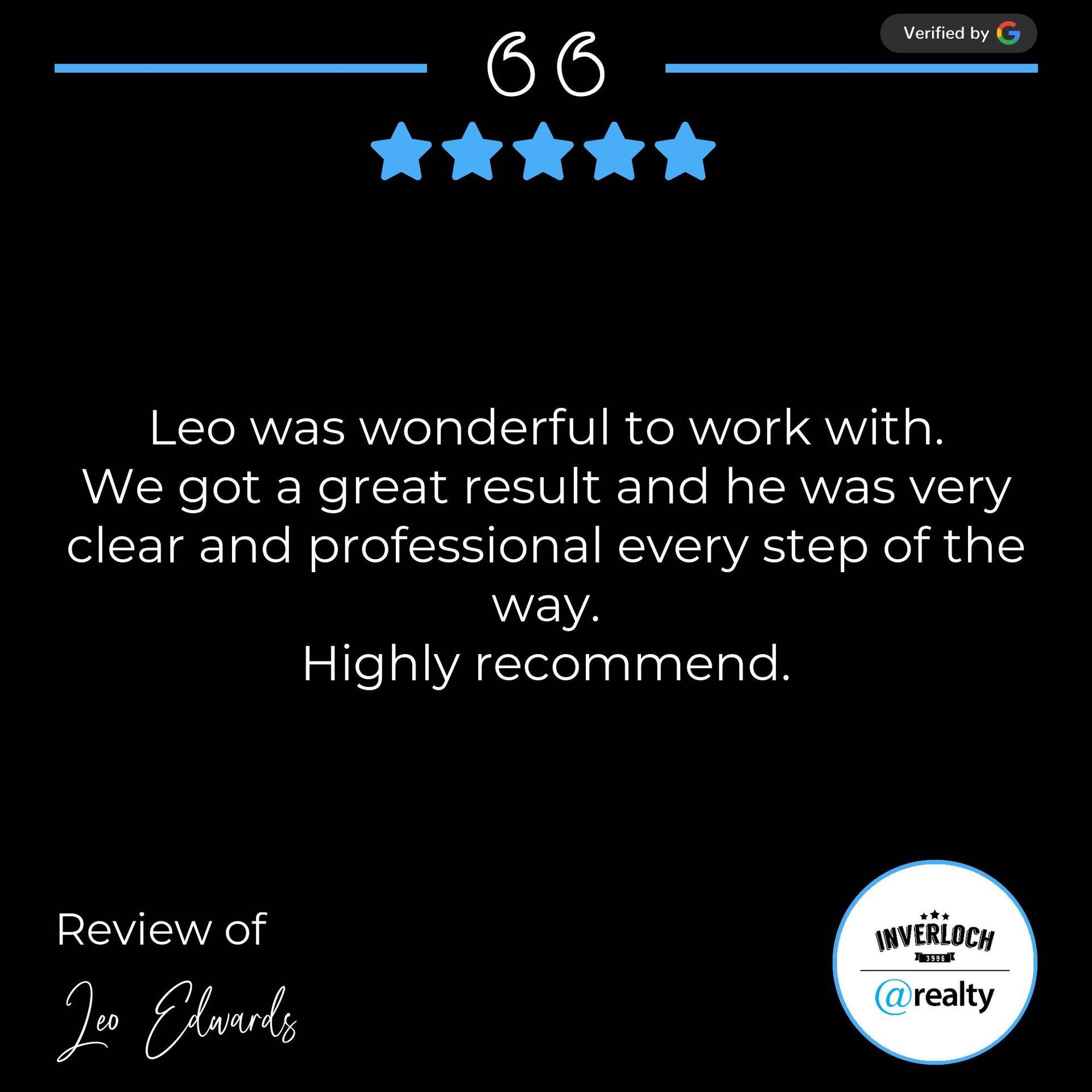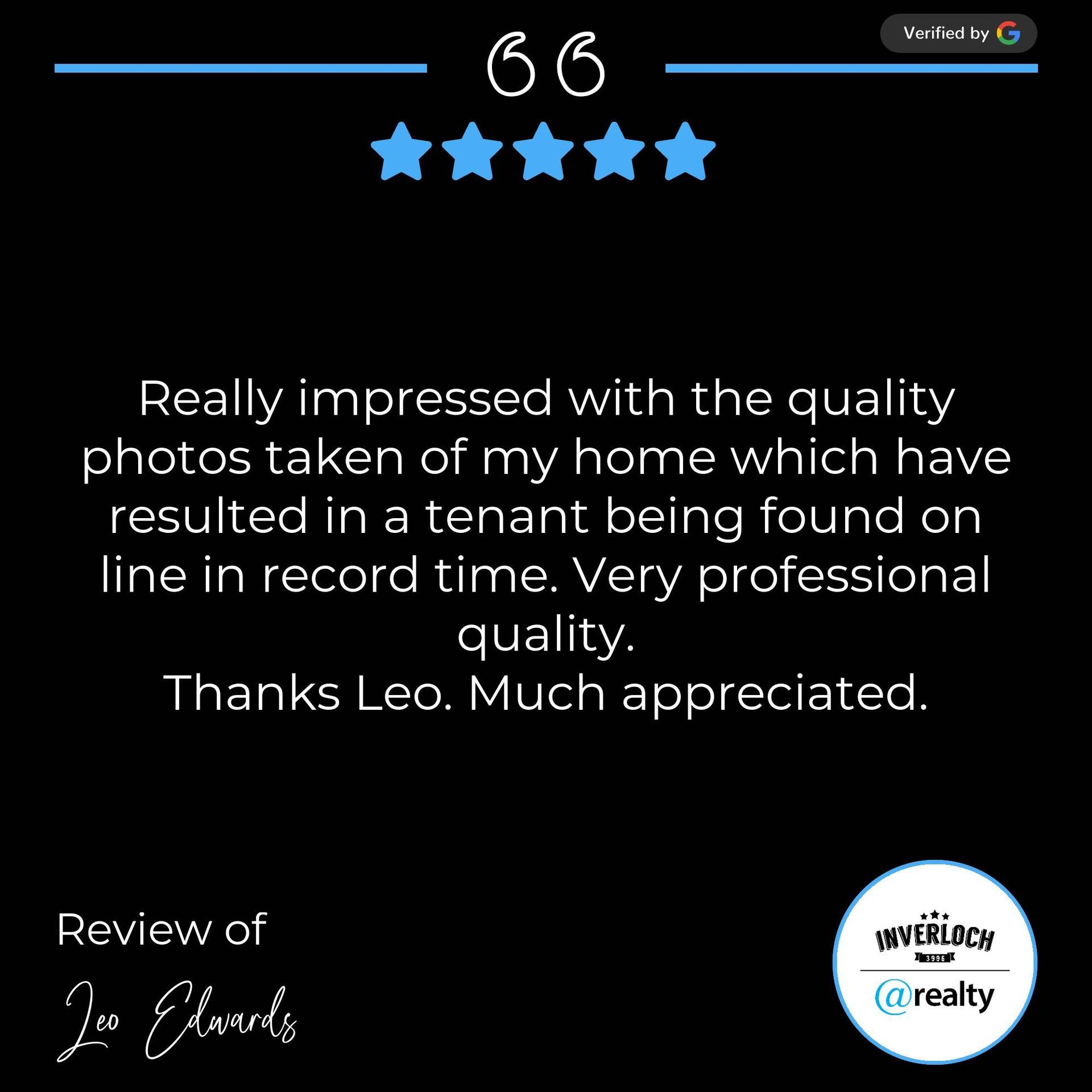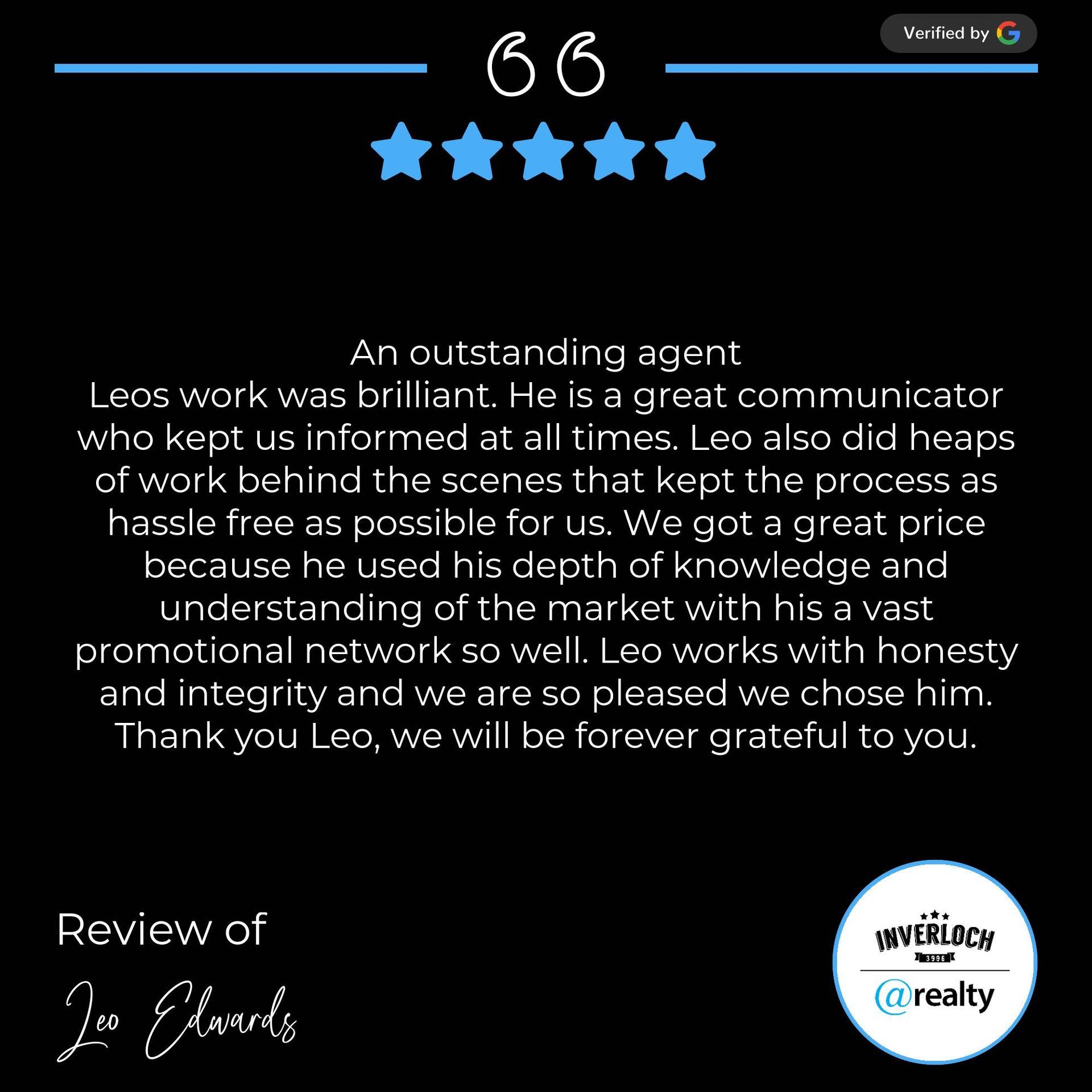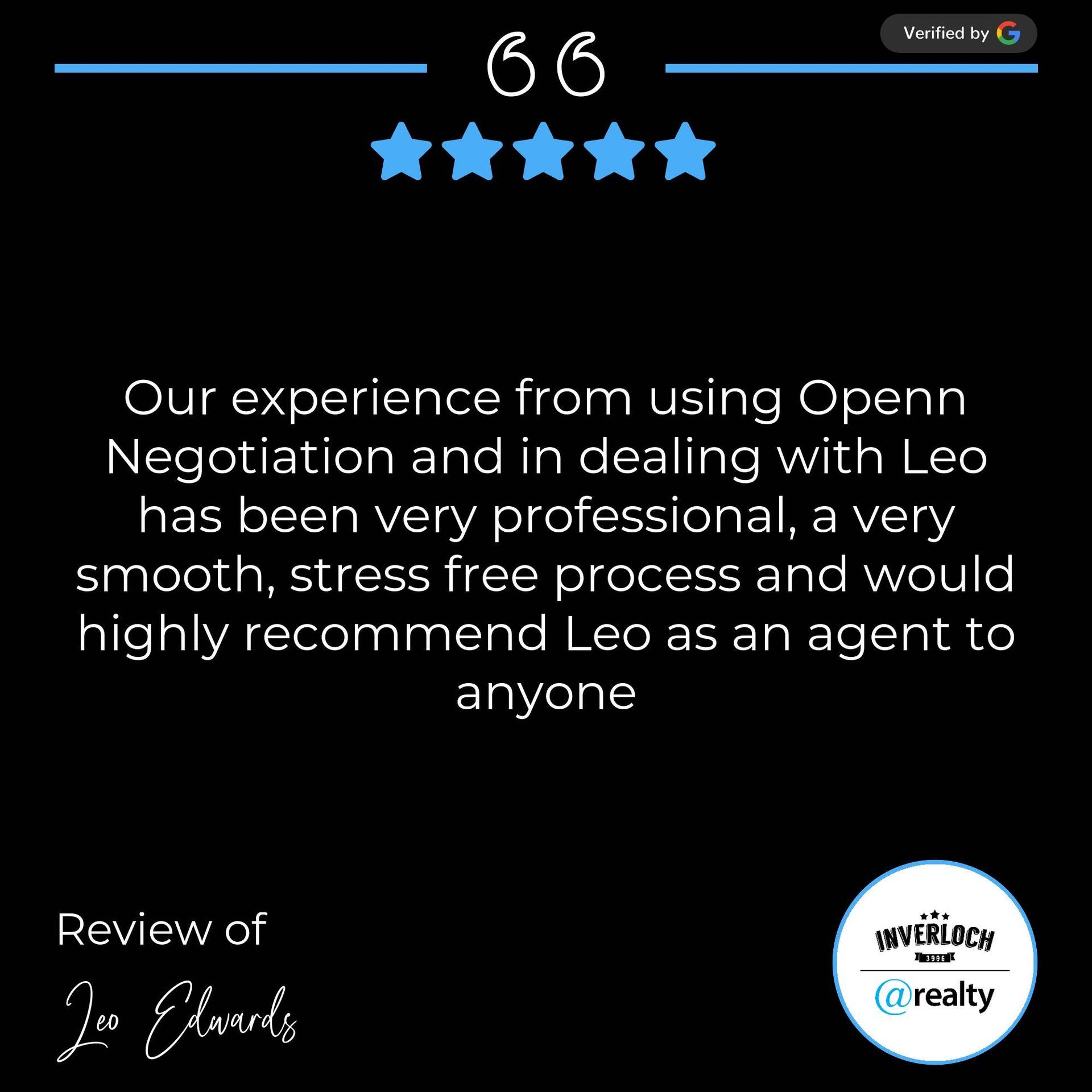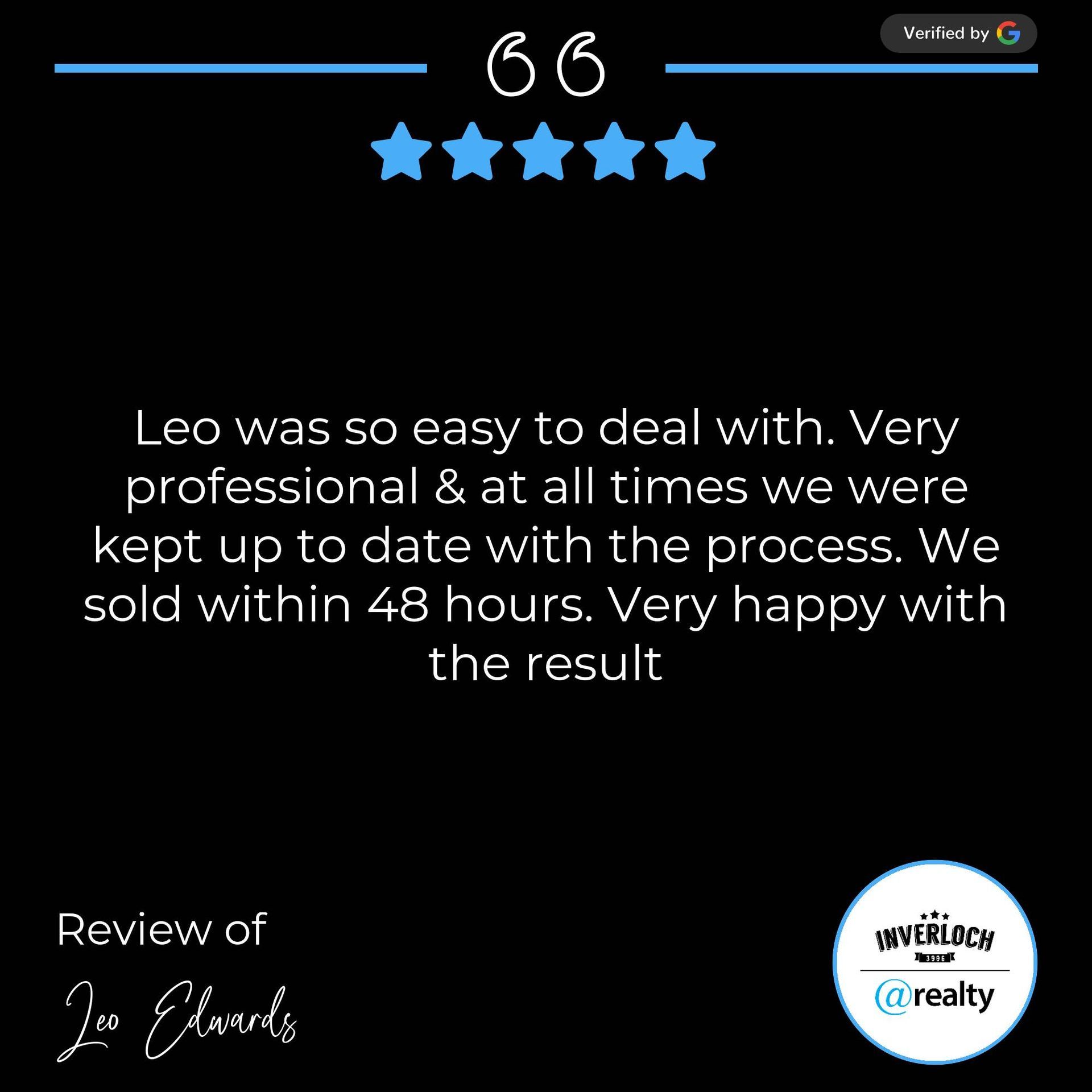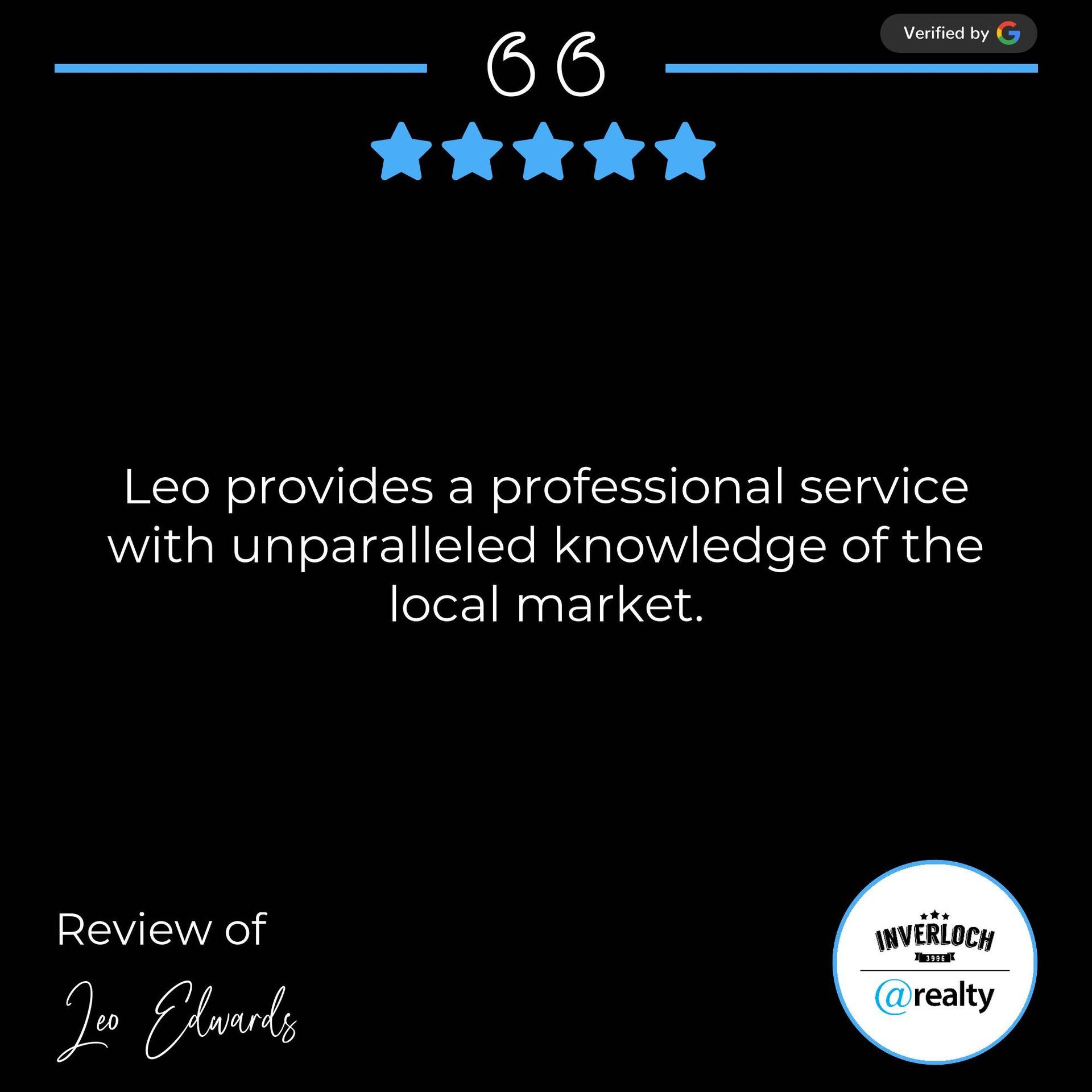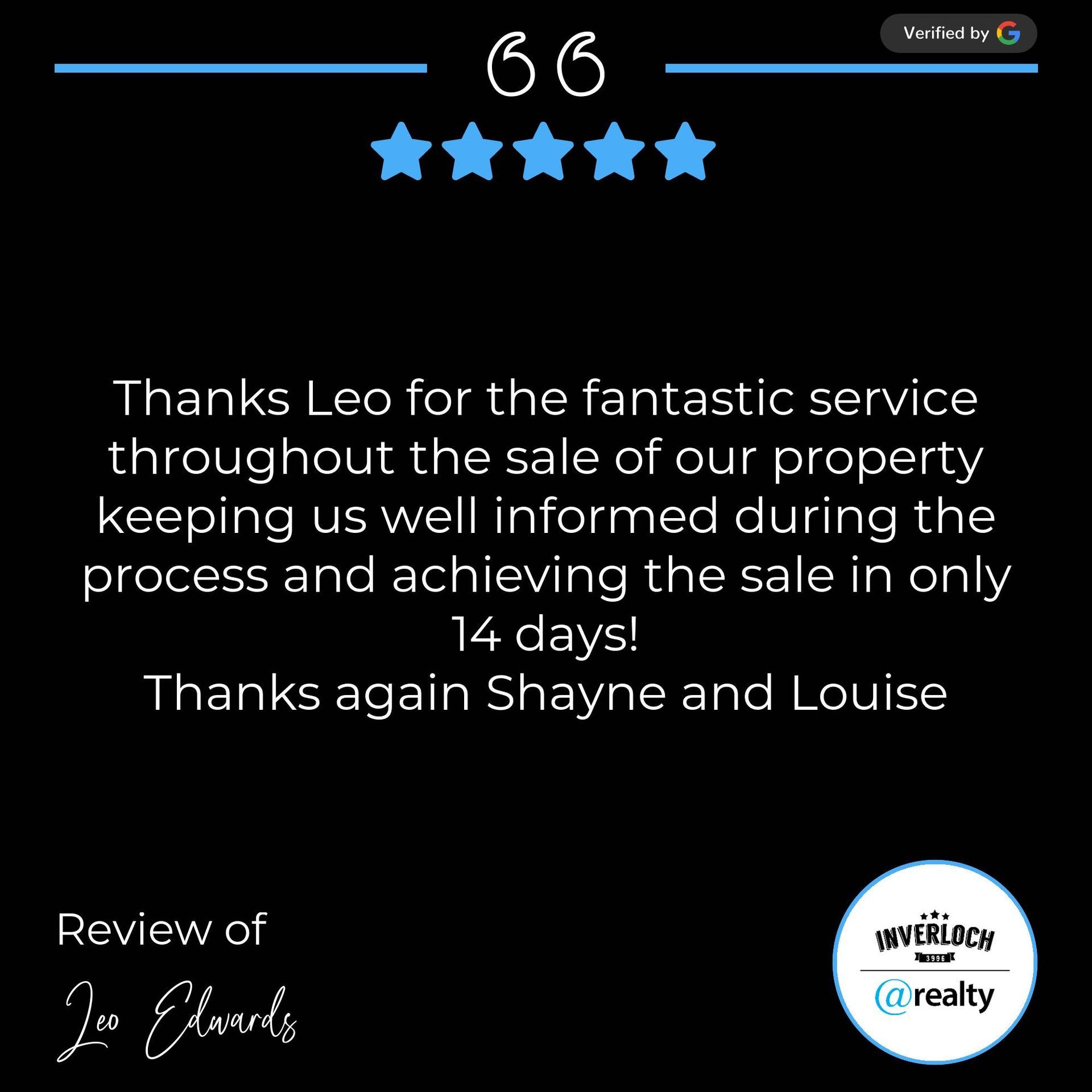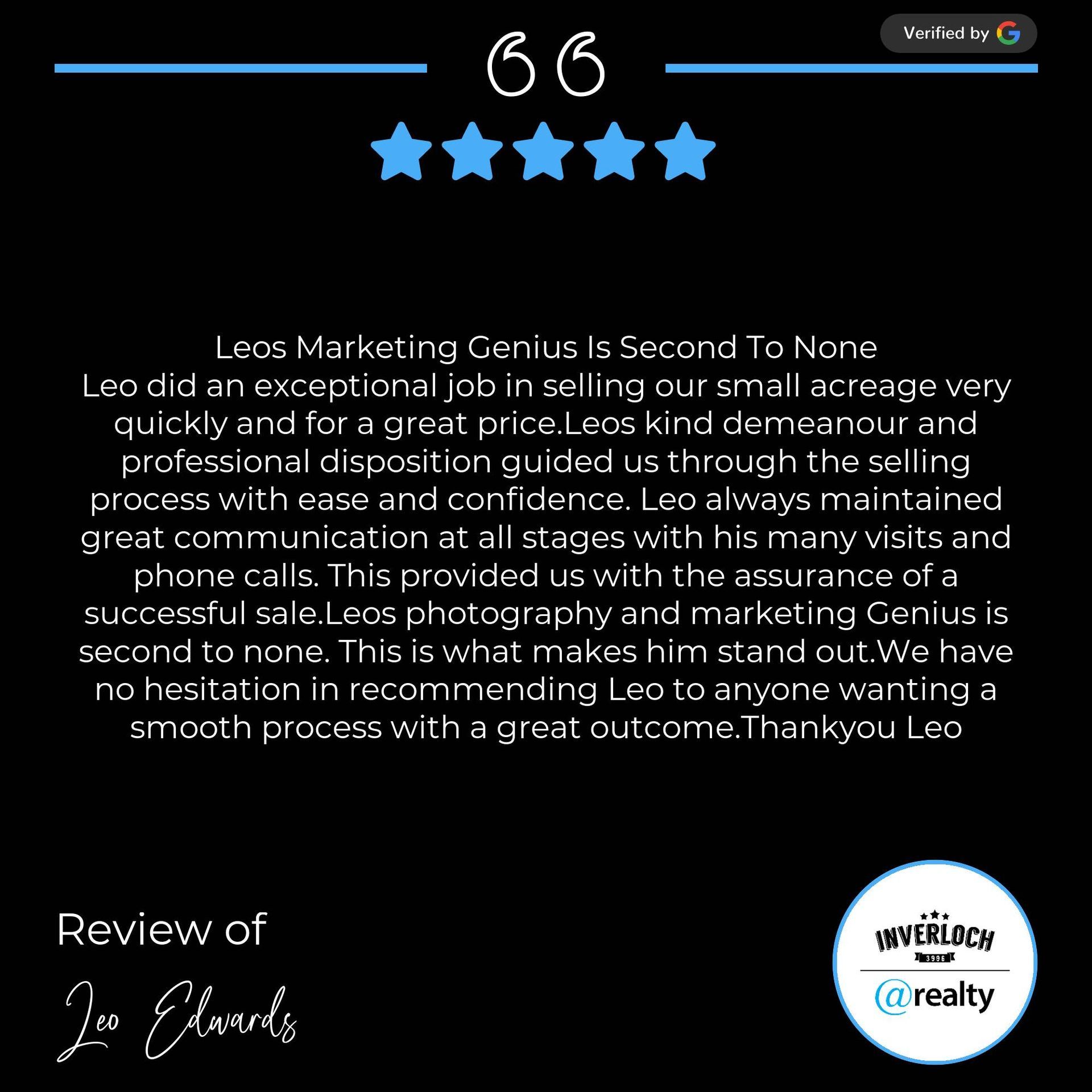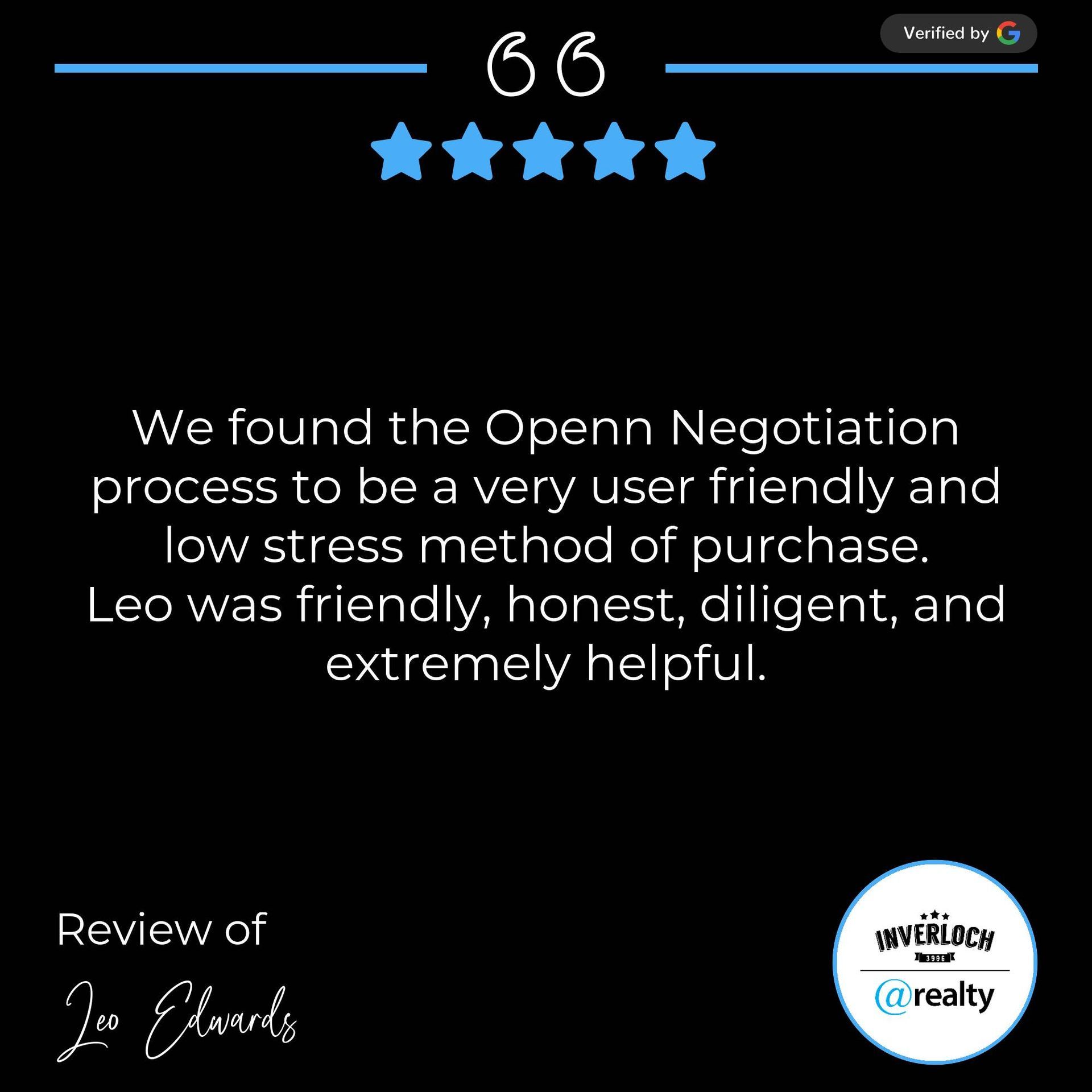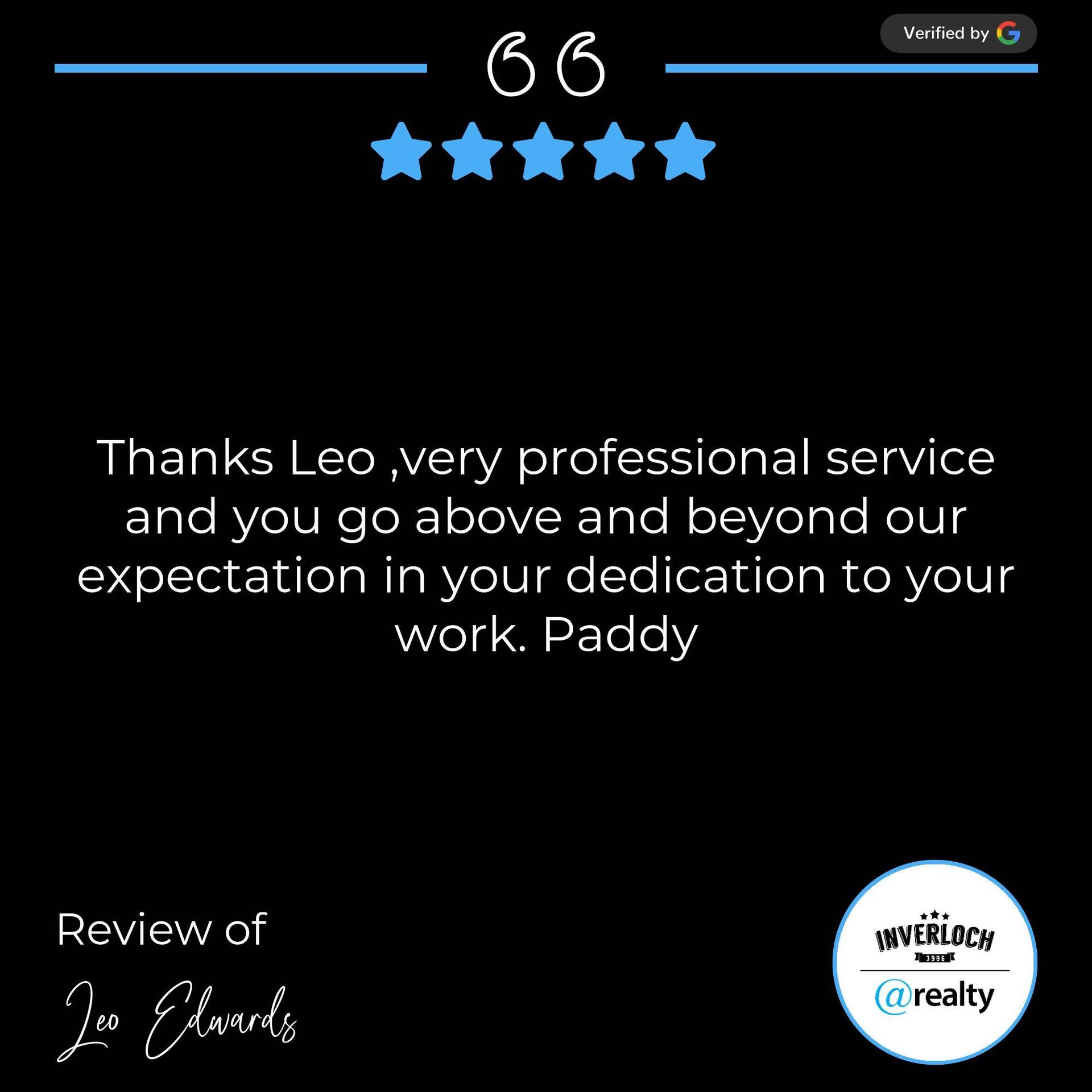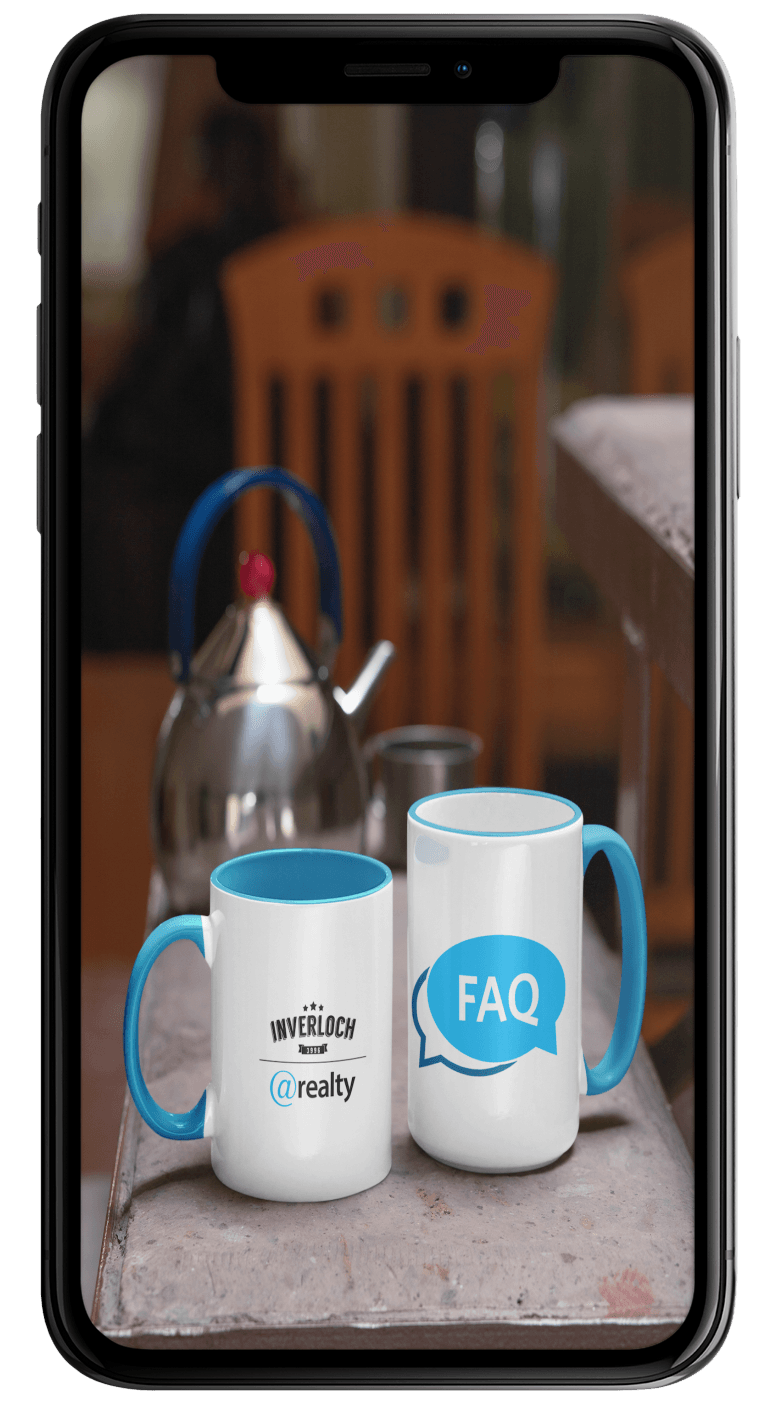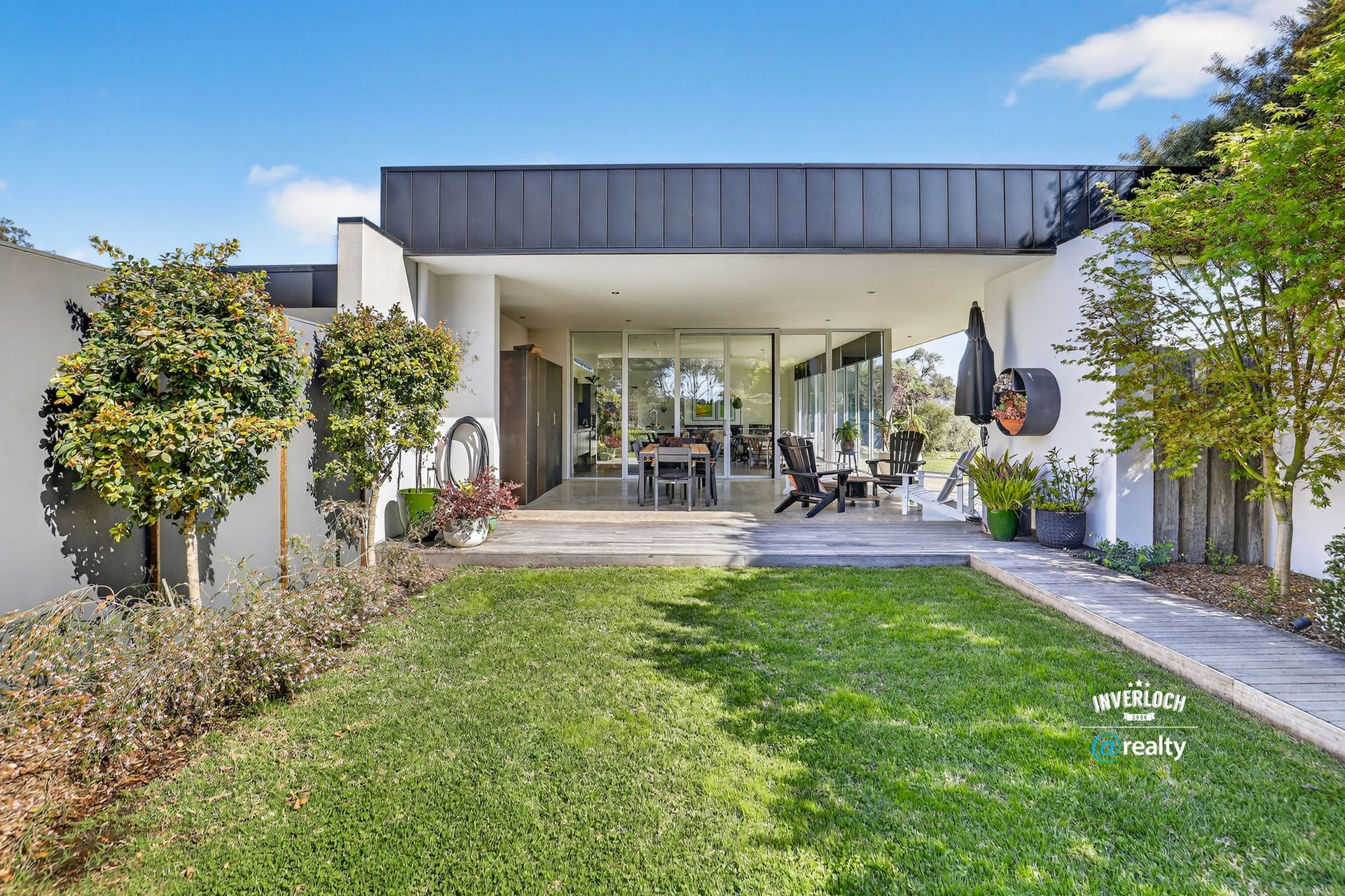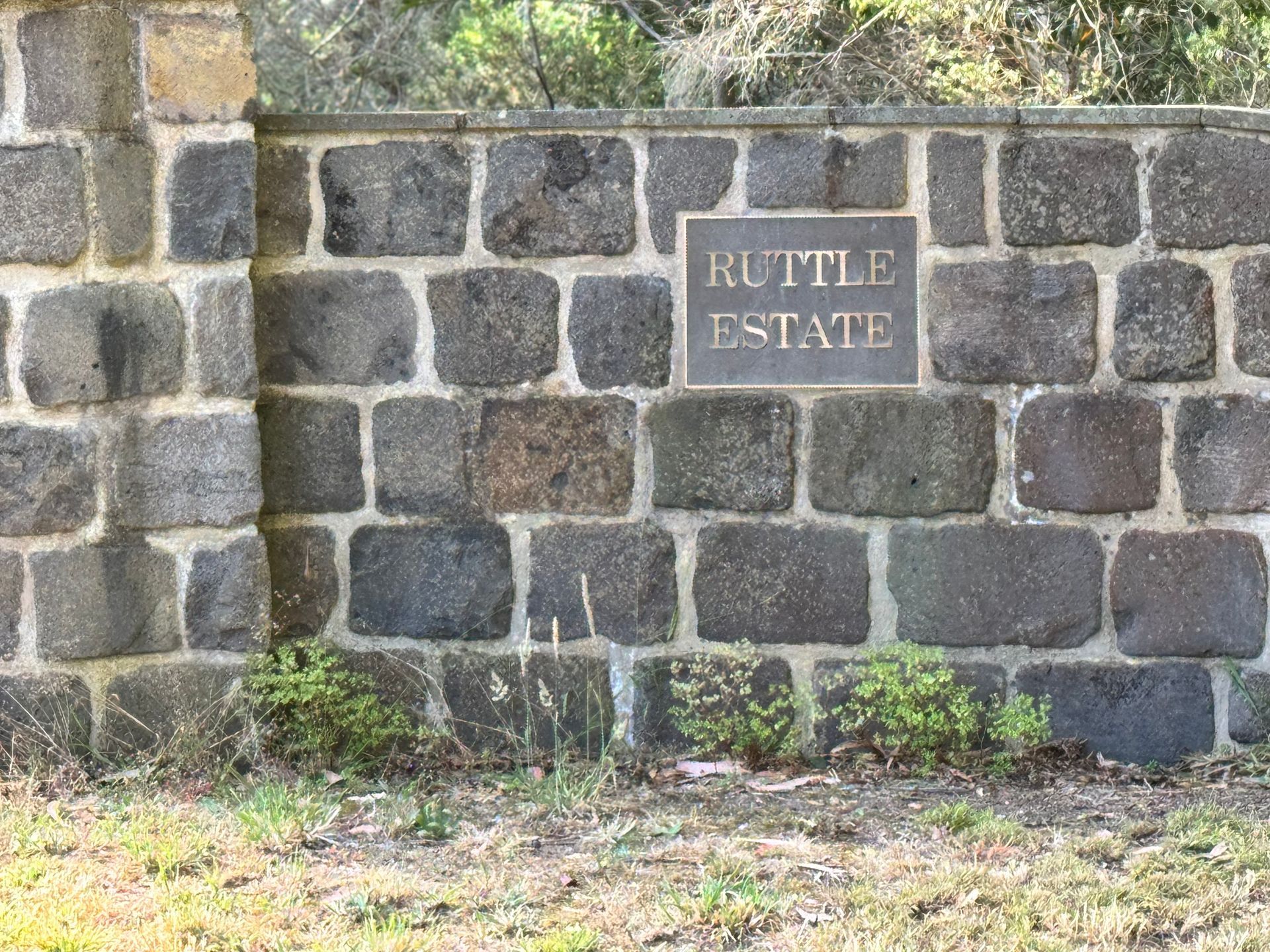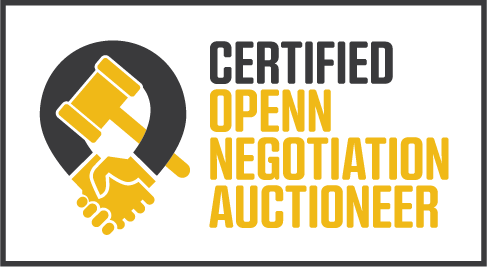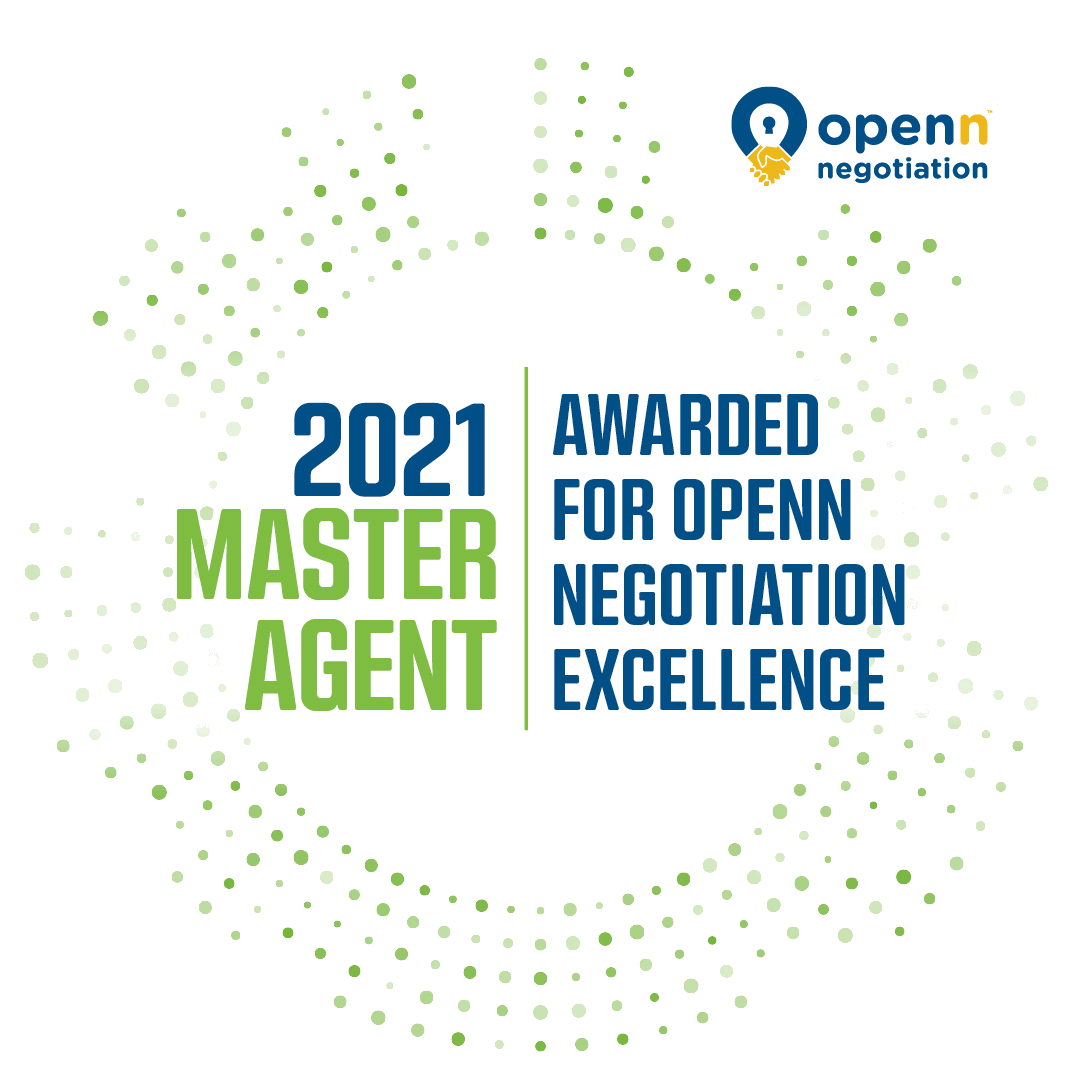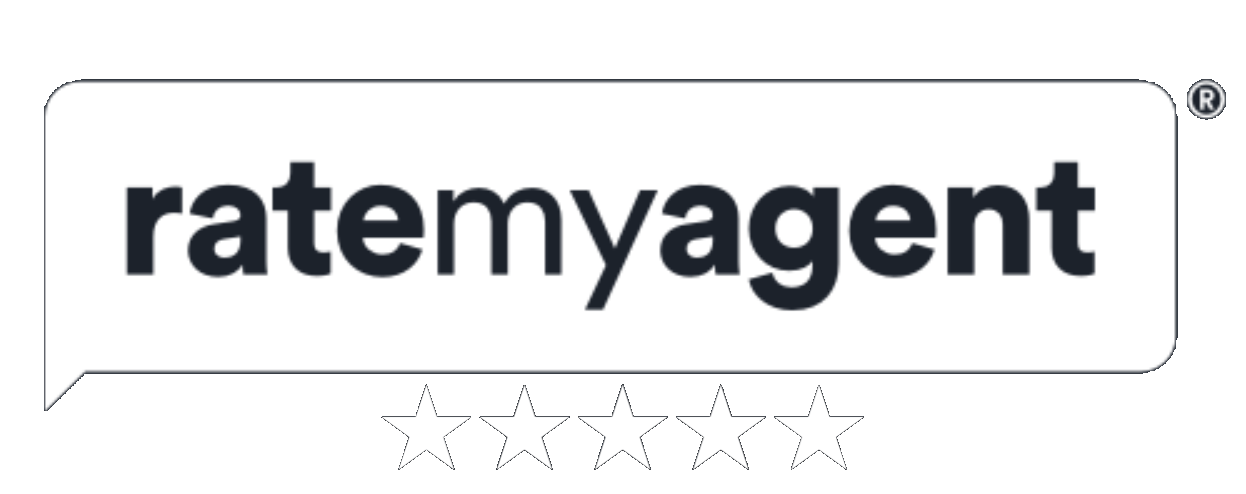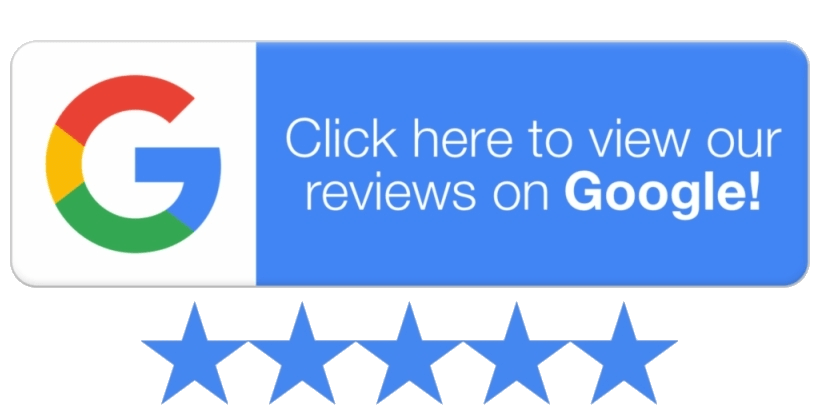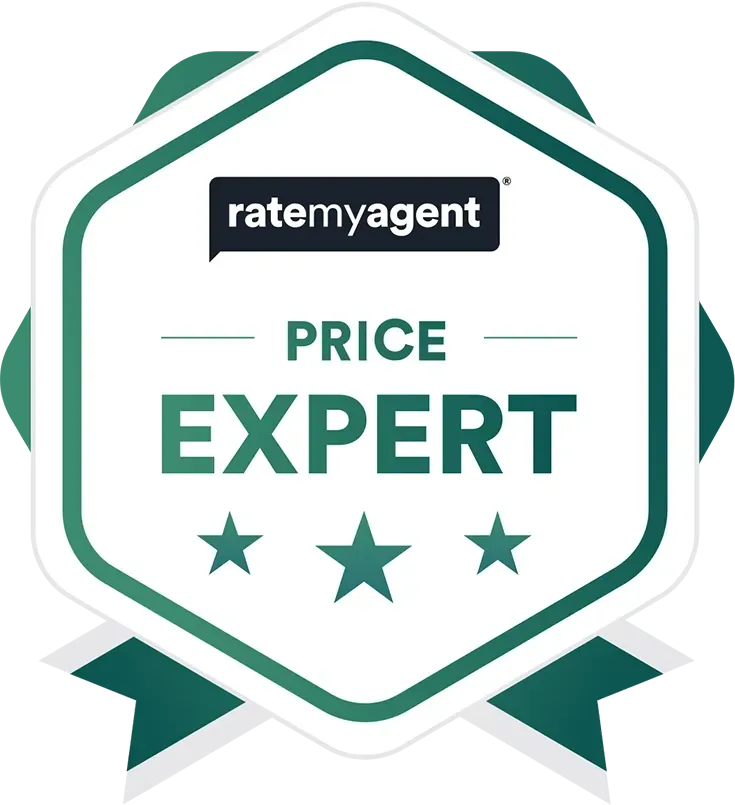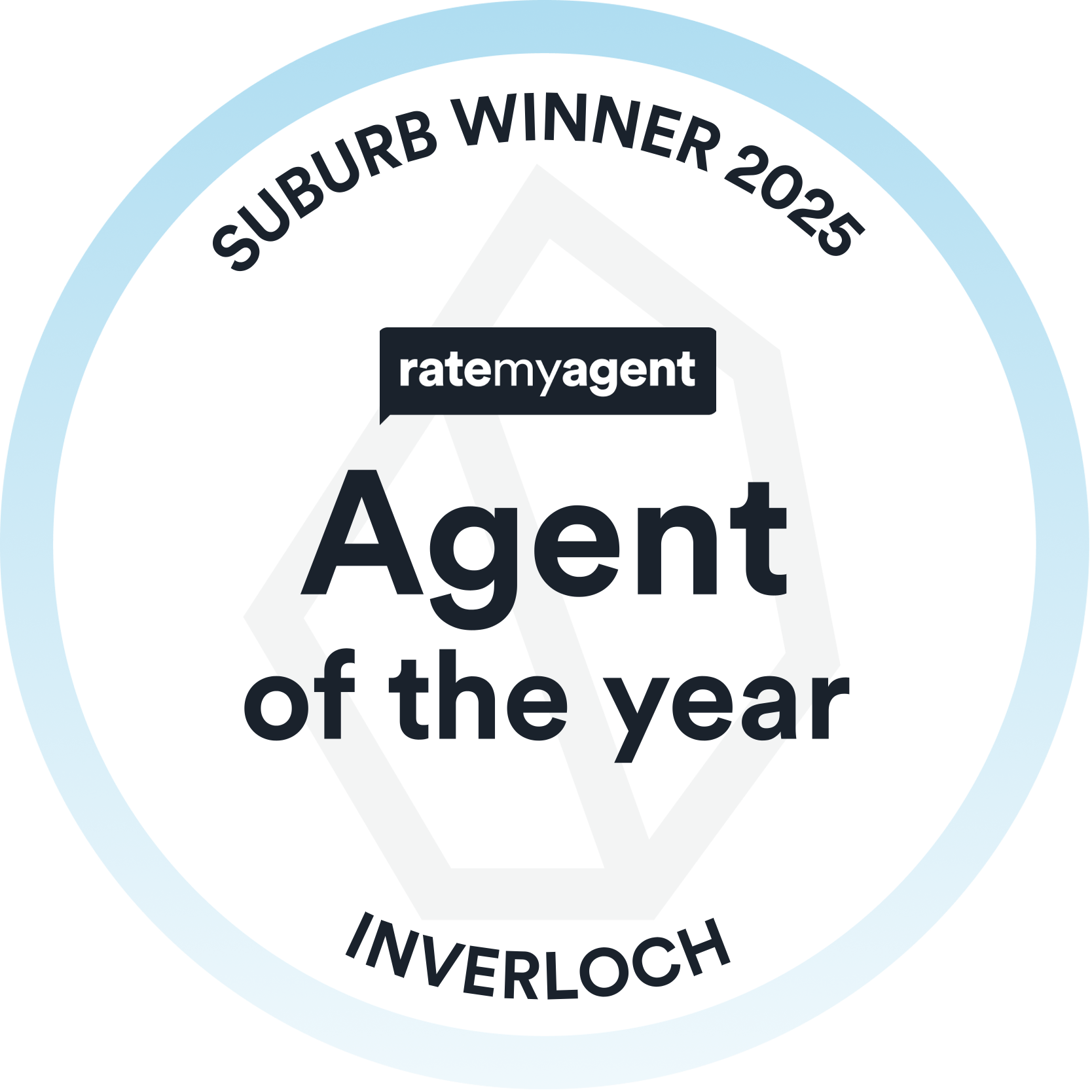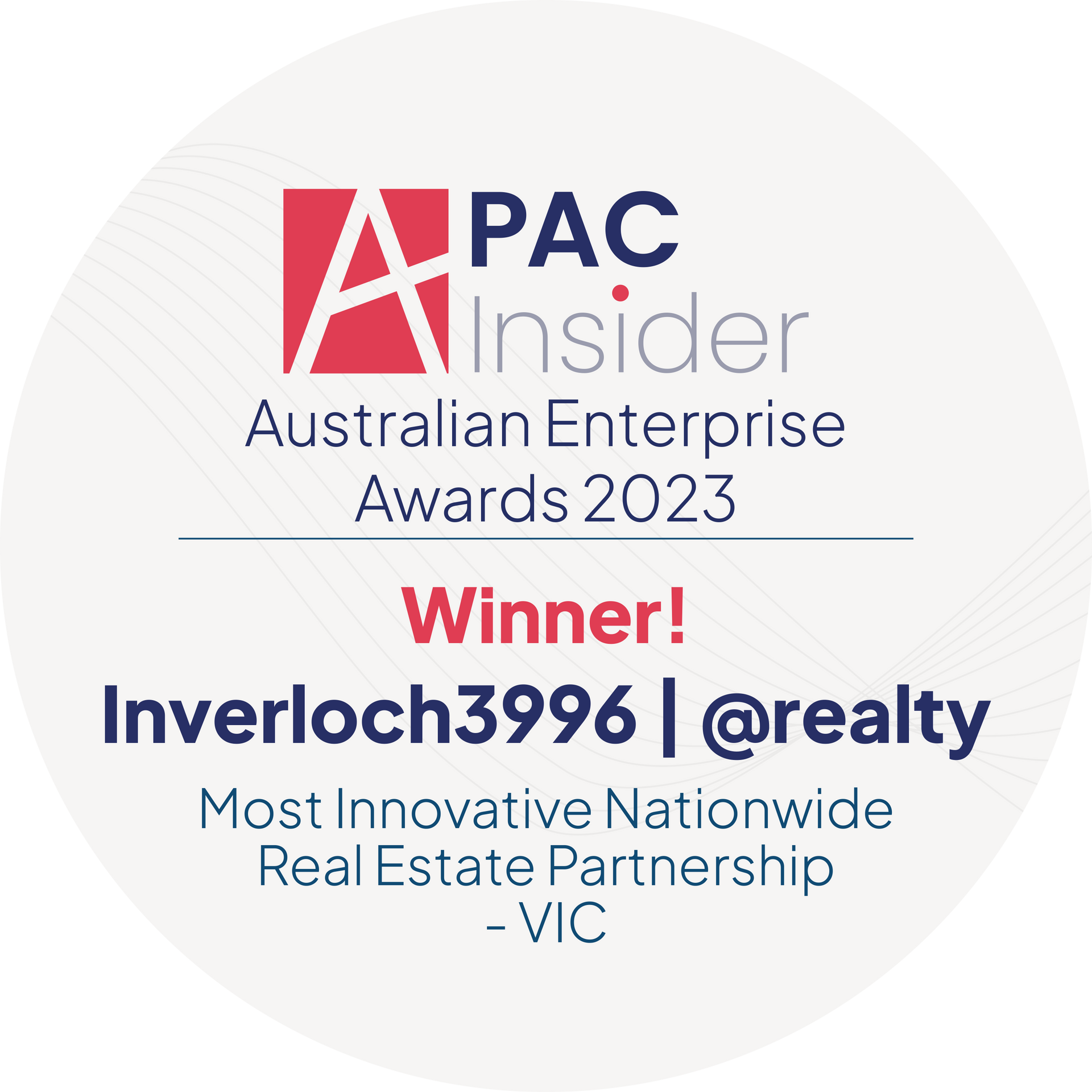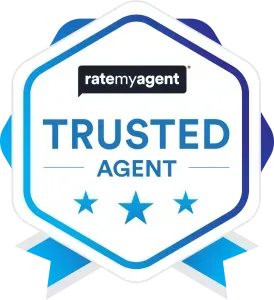The Truth About Pricing Your Inverloch Property: What 204 Sales Taught Me About the 2025 Market
After analysing every single property sale in Inverloch from January to October 2025, I need to share something important with you.
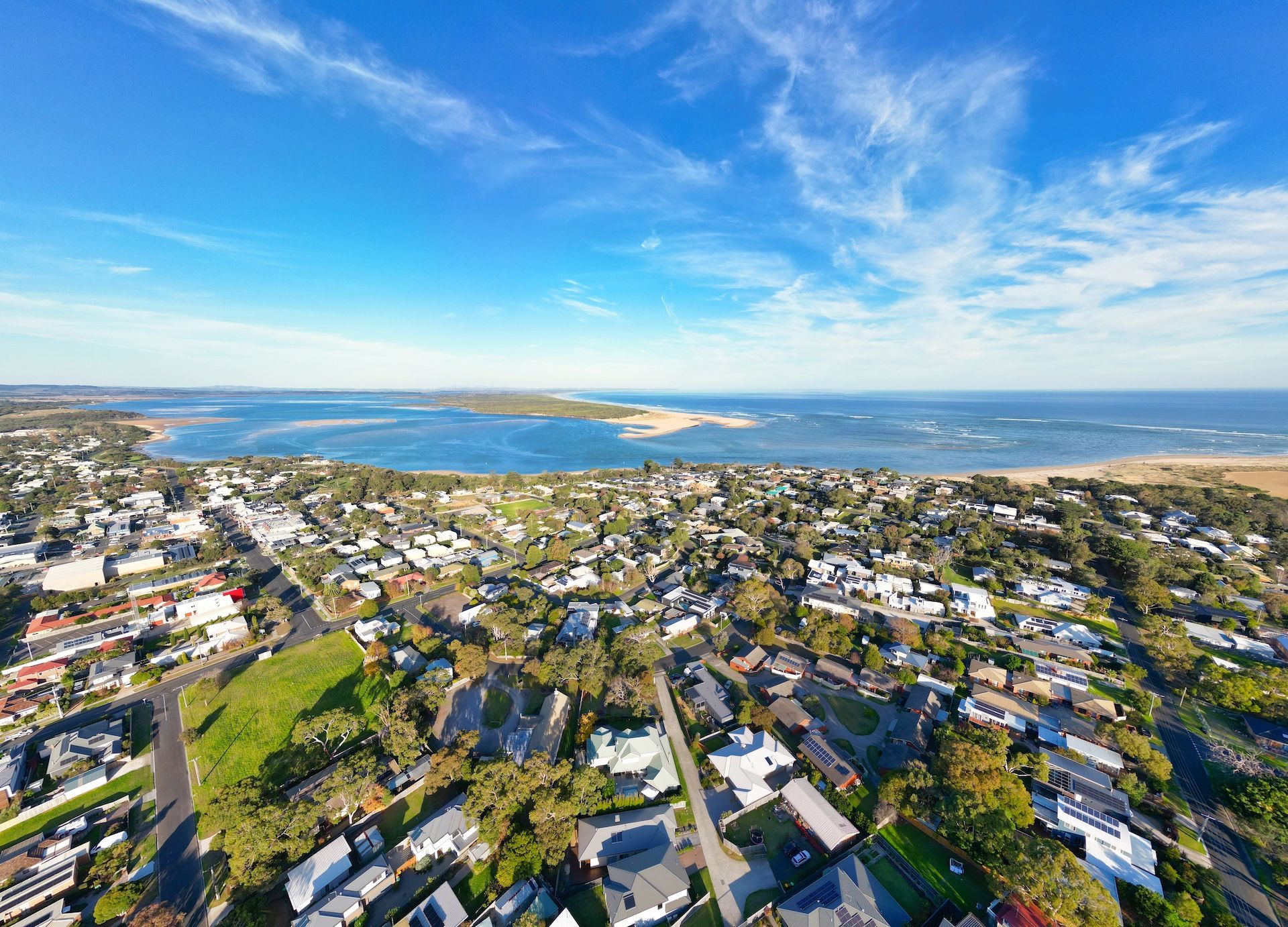
As a local agent who genuinely cares about this community getting the best outcomes, a property owner and active investor I've noticed some concerning patterns in our market data. More importantly, I've discovered what separates successful sales from those that struggle—and I want to share these insights with you.
Because here's the thing: pricing isn't just about picking a number. It's about understanding how buyer psychology works, how market perception shifts over time, and how to position your property for the best possible result.
Understanding What Really Happened in Our Market
Let me start with some context. Over the 2025 period, Inverloch saw 204 property sales with:
- Median sale price: $750,000
- Median days to sell: 139 days
- Average days to sell: 192 days
But those averages hide some fascinating—and important—stories.
Some properties sold in under two weeks at fantastic prices. Others sat on the market for over a year and eventually sold for significantly less than they could have achieved. The difference? Almost always pricing strategy.
A Tale of Two Approaches: Learning From Real Examples
21 View Street: When Pricing Misses the Mark
Original asking price: $1,295,000
Final sale price: $865,000
Time on market: 629 days
I want to talk about this property with respect and empathy, because these sellers aren't alone. They made a decision that seemed reasonable at the time—perhaps based on advice they received, perhaps based on what they'd seen in previous years.
But the market had shifted, and 629 days later, they accepted $430,000 less than their original asking price.
Think about what this meant: nearly two years of mortgage payments, maintenance, insurance, and—perhaps most importantly—life on hold. The emotional toll of watching a property sit, of disappointing open homes, of gradually reducing the price while wondering what went wrong.This isn't about judgment. It's about learning.
28 Victoria Street: Understanding Market Timing
Original asking price: $1,450,000
Final sale price: $860,000
Time on market: 443 days
Again, I share this not to criticise but to educate. These sellers likely had genuine reasons for their initial pricing. Perhaps they'd seen strong growth in previous years. Perhaps they'd invested significantly in improvements. Perhaps they simply weren't aware of the current market conditions. The result was 14 months on market and a significant adjustment to their expectations.
The Pattern We Need to Understand
When I analysed the data, I found 10 properties that required price reductions of 25% or more:
- 28 Victoria St: -40.7% reduction, 443 days
- 21 View St: -33.2% reduction, 629 days
- 8A High Street: -31.8% reduction, 273 days
- 22 Royal Pde: -31.8% reduction, 397 days
- 29 Wirilda Cres: -30.0% reduction, 519 days
- 19 Cuttriss St: -28.3% reduction, 435 days
- 50 Cashin St: -26.7% reduction, 424 days
- 56 Cuttriss St: -24.4% reduction, 583 days
- 18 Oceanic Dr: -24.3% reduction, 486 days
- 5 Fern St: -22.7% reduction, 230 days
Average time on market: 449 days
Here's what's important to understand: these weren't bad properties. They weren't in poor locations. They simply started with pricing that didn't align with current market conditions and comparable sales data.
Why This Happens: The Psychology of Pricing
As someone who's worked with hundreds of Inverloch families, I've learned that pricing decisions are rarely purely logical. They're emotional. And that's completely human.
Common thoughts I hear include:
- "We've put so much into this home over the years"
- "Properties in our street used to sell for much more"
- "We need to get X amount to buy our next home"
- "We're not in a hurry, so we might as well try for a higher price"
All of these are understandable. But here's what I've learned: the market doesn't factor in our needs or timeline. It responds to value relative to other current options.
The Agent Factor: How "Buying the Listing" Creates Long-Term Pain
Here's something I need to address candidly, because it's a significant contributor to the pricing problems we see in our market.
Not all overpricing happens because sellers are unrealistic. Sometimes it happens because agents tell them what they want to hear.
This practice is called "buying the listing," and it's more common than you might think. Here's how it typically unfolds:
You interview three agents. Two tell you your property is worth around $850,000 based on comparable sales. The third agent says, "I think we can get $950,000, maybe even $1 million."
Which agent do you choose?
Human nature being what it is, many sellers choose the agent with the highest number. It feels validating. It suggests this agent sees the value in your home that the others don't. It gives you hope.
But six months later, after multiple price reductions and mounting frustration, you realise that agent wasn't more optimistic—they were more strategic about winning your business.
The Real Cost of Price Promises
I've written extensively about the price promise trap and how it impacts Inverloch sellers. The short version is this: agents who promise unrealistic prices to win listings typically deliver three outcomes:
- Extended time on market while the property sits overpriced
- Multiple price reductions that damage the property's market perception
- Lower final sale prices than if the property had been correctly priced from day one
Looking at our 2025 data, I can see this pattern play out repeatedly. Properties that required 25%+ reductions weren't just incorrectly priced—many were incorrectly advised.
A $3.27 Million Problem in Our Community
Earlier this year, I conducted an analysis of what poor agent selection cost Inverloch sellers. The results were sobering: over $3.27 million in quantifiable losses from properties that were overpriced, sat on market for extended periods, and eventually sold for significantly less than they could have achieved.
That's not a typo. $3.27 million in seller losses from properties that could have achieved better outcomes with honest pricing advice from the start.
When you choose an agent based on who quotes the highest price rather than who provides the most realistic assessment backed by data, you're setting yourself up to become part of that statistic.
The Hidden Costs of Extended Marketing
Let's look at what sitting on market for an extended period actually costs, using realistic Inverloch scenarios:
Property valued at $850,000, listed at $1,100,000
Scenario over 12 months:
- Mortgage payments: ~$54,000
- Rates and insurance: ~$8,000
- Maintenance and utilities: ~$6,000
- Agent fees on eventual sale: Similar regardless of time
- Carrying costs: ~$68,000
- Eventual sale price after reductions: $820,000
- Net position: $752,000
Same property, correctly priced at $875,000 from day one:
- Sold in 45 days
- Carrying costs during sale: ~$6,000
- Likely sale price (competitive positioning): $870,000
- Net position: $864,000
The difference: $112,000 and 11 months of your life
This isn't hypothetical. This is the reality playing out in our local market—often because sellers chose the agent who told them what they wanted to hear rather than what they needed to know.
The Role of Honest Agent Advice
I want to be very clear about something: my job isn't to win your listing by telling you what you want to hear. My job is to help you achieve the best possible outcome.
Sometimes that means having difficult conversations about market reality. Sometimes it means showing you comparable sales data that doesn't align with your expectations. Sometimes it means explaining why the agent who promised $950,000 will likely deliver $820,000 after six months of disappointment.
The best agents—the ones who genuinely have your interests at heart—will provide:
- Transparent comparable sales data showing what similar properties actually sold for (not just listed for)
- Honest market condition analysis explaining current buyer behaviour and price sensitivity
- Clear strategy for why their suggested price creates the best outcome
- Warning signs about the costs of overpricing, both financial and emotional
If an agent can't or won't show you this data, or gets defensive when you ask for comparable sales evidence, that's a significant red flag.
Questions to Ask Your Agent
Before you sign with any agent, ask these questions:
- "Can you show me three comparable sales from the last 90 days that support your suggested price?"
If they can't, be very cautious. - "What happens if we don't get offers at this price in the first 4-6 weeks?"
Their answer will tell you if they have a realistic strategy or just hoping for the best. - "How many of your listings in the past 12 months required price reductions of more than 20%?"
This reveals their track record of realistic pricing versus buying listings. - "What's the average time on market for your listings versus the market average?"
Longer times often indicate consistent overpricing. - "Can you explain the real costs of overpricing our property?"
If they minimise these costs or can't articulate them, they may not have your best interests at heart.
What The Top 10% Do Differently
While some properties struggled, others achieved outstanding results through smart pricing strategies. Let me share three recent examples that represent best practice:
9 Stargazer Rise: Pricing that’s informed by data and relevant to the market.
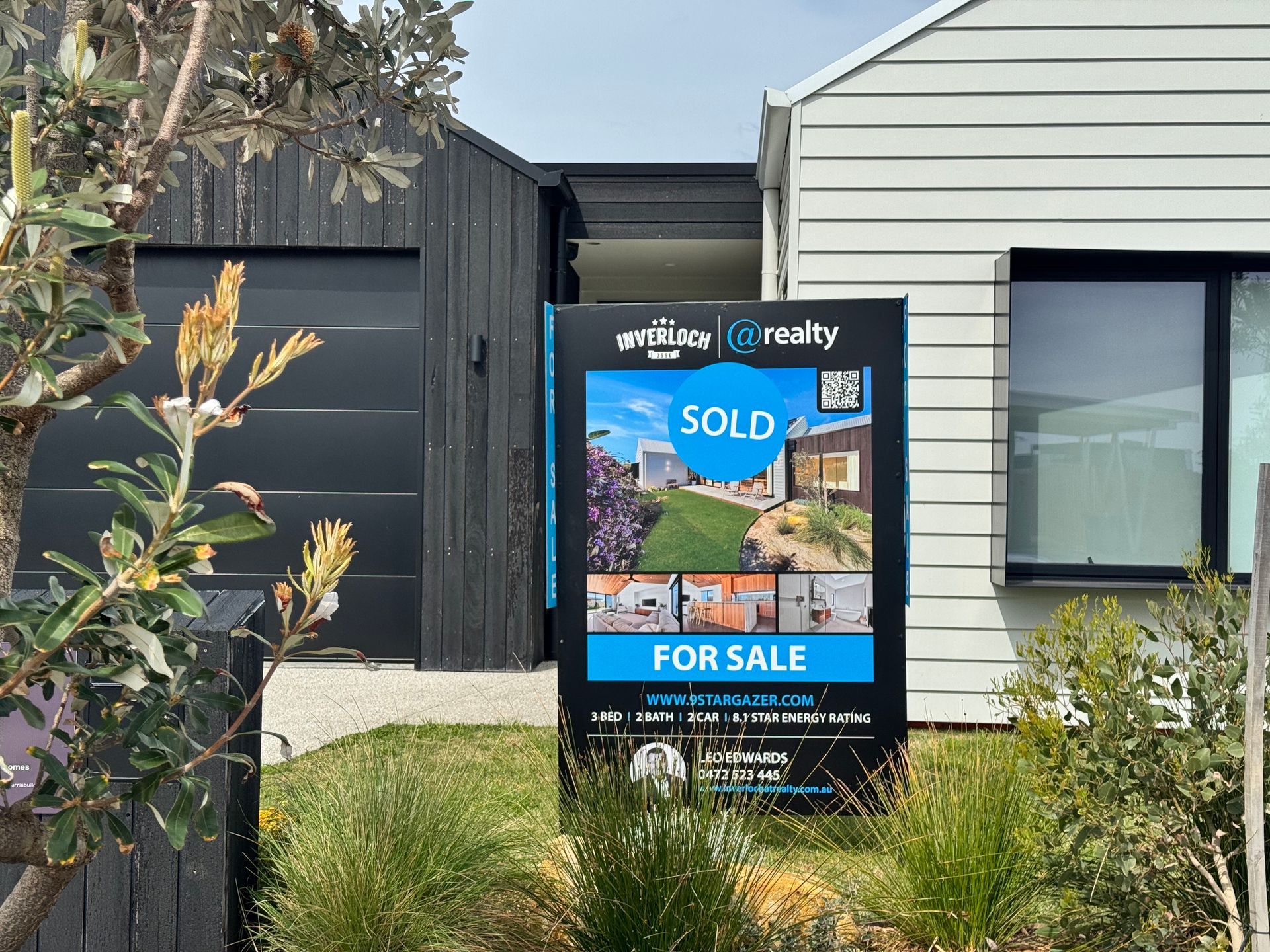
Listed at: $1,095,000 - $1,195,000
Sold for: $1,150,000
Time on market: 21 days
With some properties in The Cape taking much longer to sell, some over two years with multiple price reductions getting the pricing right first time is critical to reaching the right buying demographic. This Harris Build home hit all the right notes attracting over 50,000 social views and 143 enquiries and a great final result all within 3 weeks.
44 Tamara Crescent: Creating Urgency Through Strategic Pricing
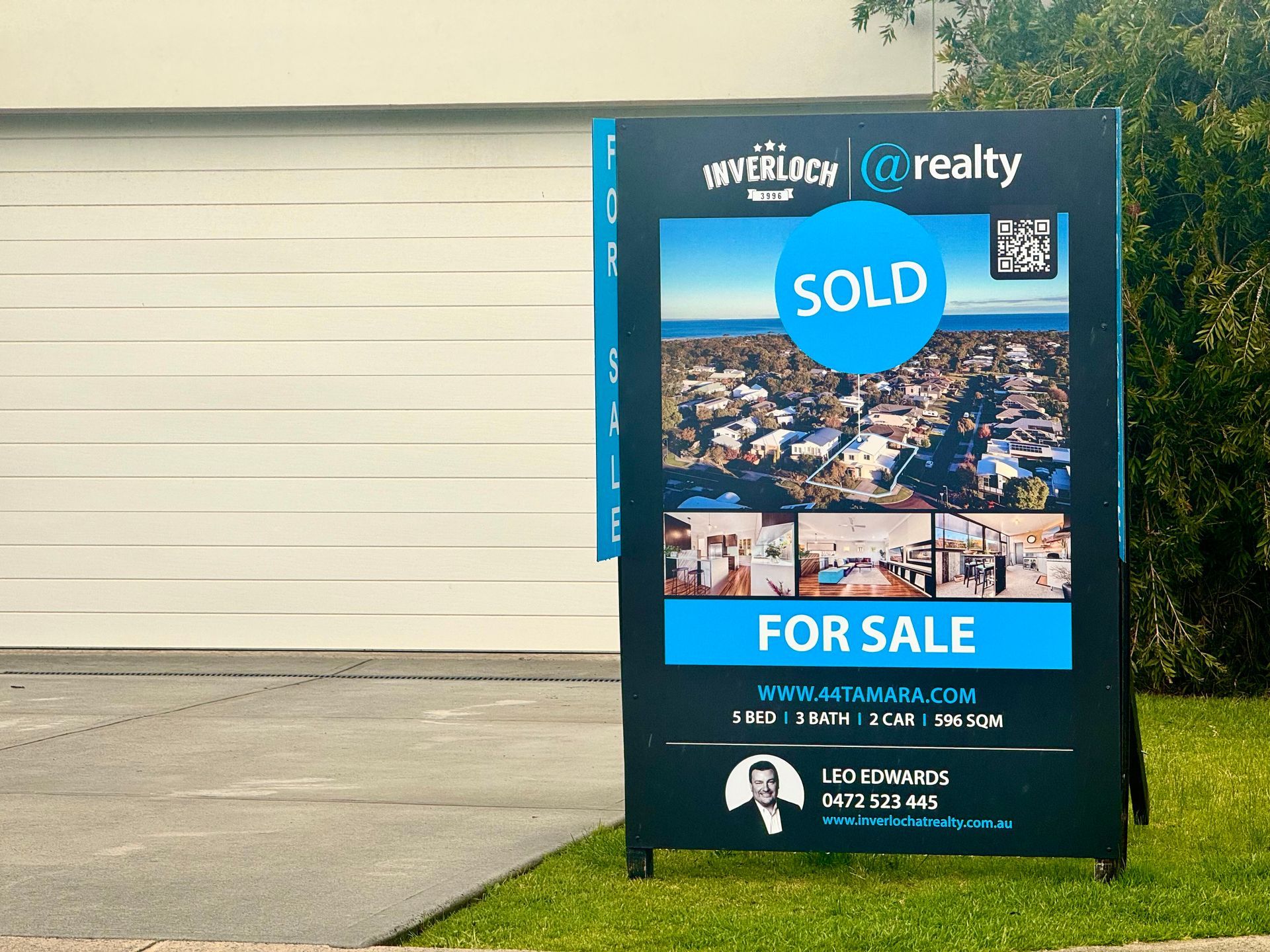
Listed at: $1,095,000 - $1,195,000
Sold for: $1,125,000
Time on market: 44 days
This property was priced right in the middle of market expectations based on comparable sales. The sellers resisted the temptation to "try their luck" at a higher price. Instead, they positioned the property as excellent value within its category.
The result? Sold in just over six weeks at a strong price with minimal stress and carrying costs.
7 Heather Grove: The Power of Competitive Positioning
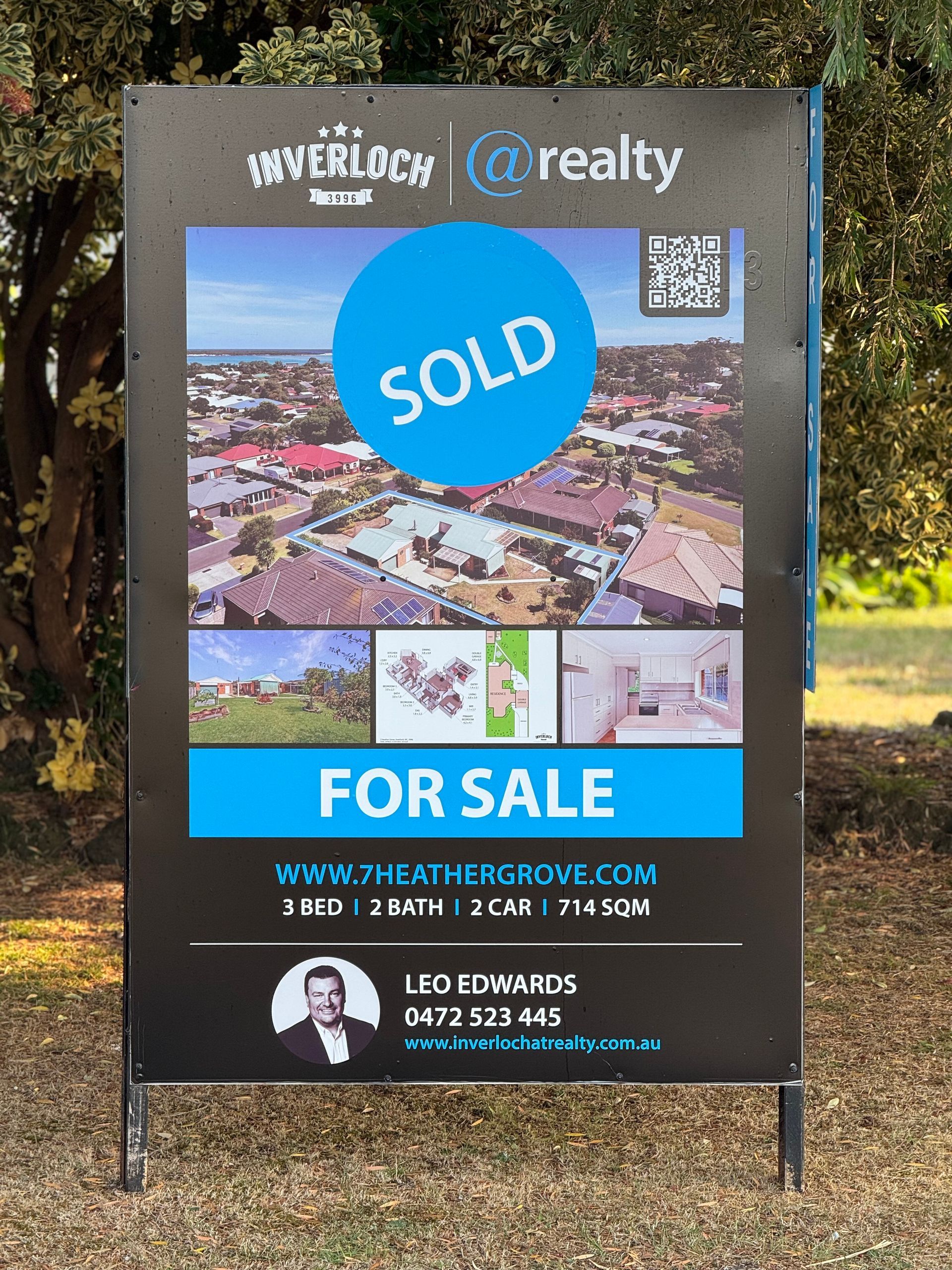
Listed at: $695,000 - $735,000
Sold for: $700,000
Time on market: 20 days
This is a perfect example of strategic pricing creating urgency. By positioning at the lower end of their range, these sellers attracted immediate attention. Buyers could see the value proposition clearly, and within three weeks, the property was sold.
No lengthy marketing campaign. No price reductions. No market fatigue.
13 Oceanic Drive: Patient Yet Strategic Pricing
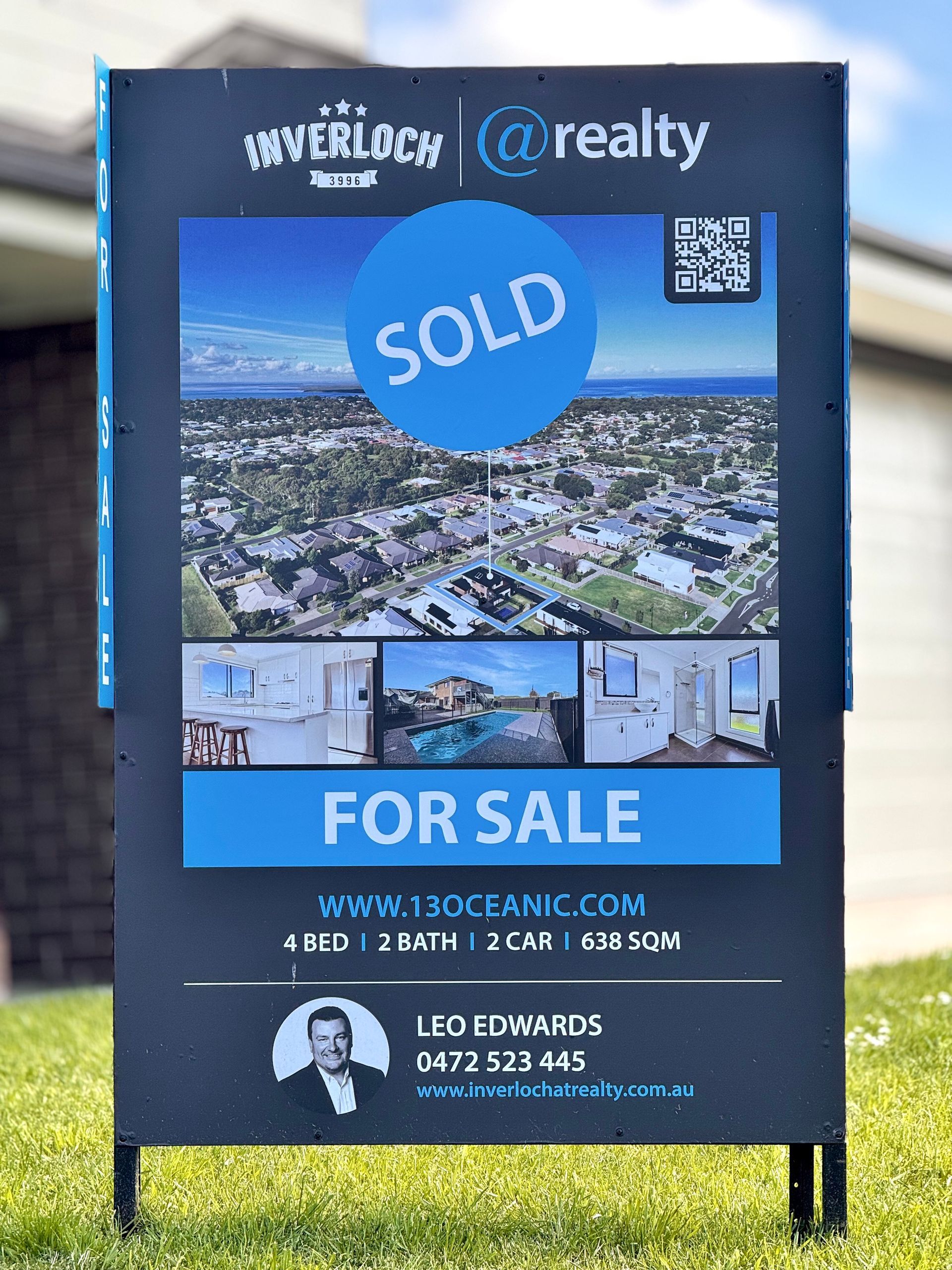
Listed at: $910,000 - $985,000
Sold for: $915,000
Time on market: 105 days
This property demonstrates that sometimes quality properties in strong locations can take a bit longer to find the right buyer—but smart pricing still matters. By pricing realistically within a considered range from the start, these sellers attracted serious buyers and achieved a sale within the listing range.
While 105 days is longer than some sales, it's still well below the market average, and the sellers avoided the price reduction trap that plagued properties listed too optimistically.
What These Successful Sales Have in Common
Looking across all the swift, successful sales in Inverloch during 2025, several patterns emerge:
1. Evidence-Based Pricing
They worked with agents who started with recent, comparable sales data—not inflated promises to win the listing.
2. Professional Presentation
Properties were presented at their absolute best from day one, not "tested" first and improved later.
3. Market Responsiveness
If feedback suggested pricing needed adjustment, it happened quickly (within 2-4 weeks), not after months of hope.
4. Clear Strategy
Sellers had agents with defined plans and realistic timelines, not "let's see what happens" approaches.
5. Honest Agent Relationships
The agents prioritised long-term reputation over short-term listing acquisition.
Understanding Market Dynamics in Inverloch
Our local market has some unique characteristics worth understanding:
Seasonal Factors: Properties listed in spring and early summer typically see more activity. Those listed in autumn and winter often require different pricing strategies.
Buyer Profile: Inverloch attracts a mix of sea-changers, investors, and holiday home buyers—each with different price sensitivities and timelines.
Comparable Sales: Our relatively small market means that overpriced properties become quickly known to agents and buyers alike. You can't hide overpricing in a tight-knit community.
Price Points: Different price brackets move at different speeds. Properties under $800K typically have more buyer competition. Those over $1.2M require more patient, strategic marketing.
Agent Reputation: In a small market, agents build reputations quickly—both good and bad. Buyers' agents know which listings are realistically priced and which to avoid.
A Better Approach: The Three-Step Pricing Strategy
Based on what I've learned from 204 sales in our local market, here's the approach that consistently delivers results:
Step 1: Gather Current, Comparable Data
Look at properties that have actually sold (not just listed) in the last 90 days. Focus on:
- Similar location
- Similar size and land
- Similar condition
- Similar features
In Inverloch's market, "similar" matters. A property on Surf Parade isn't comparable to one on Norman Road. A 600sqm block isn't comparable to a 1,000sqm one.
Critical point: Make sure your agent shows you these comparables in detail, not just mentions them vaguely.
Step 2: Understand Current Market Velocity
How quickly are properties selling in your price bracket? If homes under $800K are selling in 30-45 days but those over $1.2M are taking 150+ days, that tells you something about buyer appetite at different levels.
The 2025 data showed clear velocity differences across price points, and this should inform strategy.
Step 3: Position for Success, Not Hope
Price your property where buyers will see clear value compared to current alternatives. This doesn't mean undervaluing your home—it means positioning it competitively within current market conditions.
The goal isn't to get the highest price on paper. It's to get the best possible price in reality, in the shortest reasonable timeframe.
Questions to Ask Before Setting Your Price
Before finalizing your pricing strategy, consider:
- What do I need to achieve, and is it realistic in today's market?
Be honest about your financial position versus market reality. - What are the carrying costs if this takes 6-12 months to sell?
Factor in real numbers: mortgage, rates, maintenance, opportunity cost. - What's my actual timeline?
"We're not in a hurry" often becomes "Why won't this sell?" after six months. - Am I basing this price on emotion or data?
Your improvements and memories add value to you, but buyers compare against other current options. - Am I choosing my agent based on who quotes the highest price or who provides the most credible evidence?
This might be the most important question of all. - What would I do differently if I could turn back time six months?
Learn from others' experiences rather than repeating them.
The Opportunity Cost Nobody Considers
Beyond carrying costs, there's something else to consider: opportunity cost.
56 Cuttriss Street sat on market for 583 days before eventually selling. That's 19 months where the sellers couldn't:
- Purchase their next property
- Make investment decisions with the equity
- Move on with their life plans
- Avoid the stress and uncertainty of an unsold property
Time has value. Peace of mind has value. These should factor into your pricing strategy.
And when you choose an agent who overpromises to win your business, you're often choosing extended time on market, multiple price reductions, and all the costs that come with them.
Moving Forward: Making Informed Decisions
My goal with this analysis isn't to criticize anyone's decisions. Every seller did what they thought was best with the information they had at the time.
My goal is to ensure future sellers in our community have better information to make better decisions—including understanding how agent selection impacts pricing and outcomes.
The data from 204 sales in 2025 tells us clearly:
- Properties priced competitively from day one (by agents providing honest advice) sold faster and often achieved better net results
- Properties that required significant price reductions (often from overpromising agents) spent longer on market and typically underperformed
- The market rewards strategic pricing and honest agent relationships
- The market punishes hope-based pricing and agents who buy listings with inflated promises
- Carrying costs and opportunity costs are real and significant
- Your choice of agent matters as much as your choice of price
Your Next Steps
If you're considering selling in Inverloch, here's what I recommend:
1. Request a Detailed Comparable Sales Analysis
Not a quick estimate, but a thorough review of recent sales with similar characteristics to your property. Ask to see the actual sold data, not just hear about it.
2. Interview Multiple Agents—But Not to Find the Highest Price
Interview to find the agent who provides the most credible evidence, the clearest strategy, and the most transparent communication about market conditions.
3. Have an Honest Conversation About Market Conditions
Understand not just pricing, but timing, presentation, and strategy. Be wary of agents who only tell you what you want to hear.
4. Calculate Your True Carrying Costs
Know what extended time on market will actually cost you in real dollars.
5. Set Realistic Expectations
Hope is not a strategy. Data-informed decisions with honest agents lead to better outcomes.
6. Trust the Process
Once you've set a strategic price based on solid data with an agent you trust, commit to it for at least 4-6 weeks before reconsidering.
Final Thoughts
The Inverloch property market is unique, close-knit, and full of beautiful homes owned by wonderful people. My hope is that by sharing this data transparently—including the uncomfortable truth about how some agents contribute to pricing problems—I can help our community make more informed, successful property decisions.
Selling a home is one of the most significant financial—and emotional—transactions most people make. You deserve to approach it with clear eyes, solid data, honest agent advice, and realistic expectations.
The difference between a strategic pricing approach with an honest agent and a hopeful one with an overpromising agent can literally be hundreds of thousands of dollars and months or years of your life.
You get to choose which path you take.
The first step is recognising that the agent who quotes the highest price isn't always—in fact, is rarely—the agent who will deliver the best outcome. The agent who tells you hard truths backed by solid data is often the one who will serve you best.
And if I can help you navigate that path with honest advice, solid data, genuine care for your outcome, and transparent communication about what realistic success looks like, I'm here to help.
Want to discuss your property's pricing strategy based on current market data? I'm always happy to have an honest, no-obligation conversation about what realistic outcomes look like for your specific situation. Because at the end of the day, I'd rather have a difficult conversation at the start than watch you experience a difficult 12 months on market—or become part of the millions in seller losses caused by poor agent selection and inflated pricing promises.
GET INSTANT PROPERTY VALUE
Got Questions? We've Got Answers!


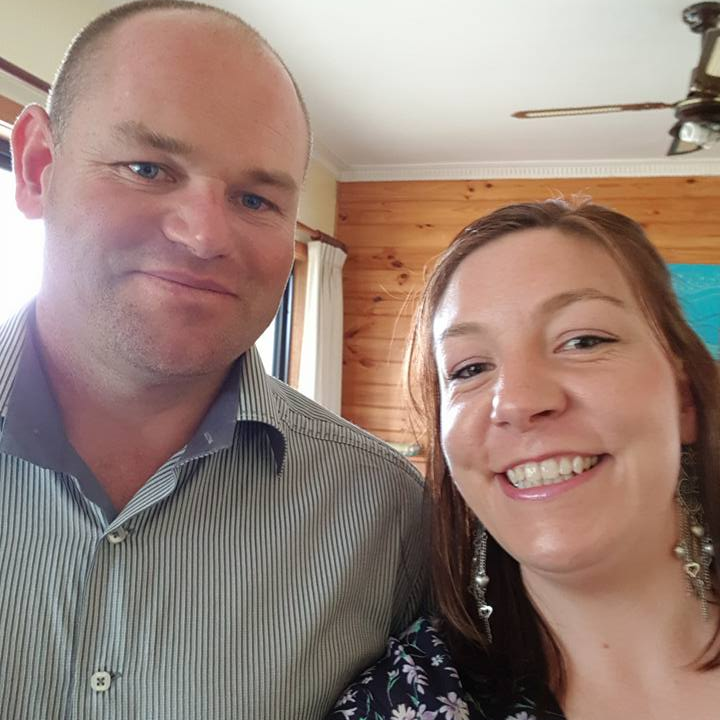
POWERFUL SOCIAL MEDIA ADVERTISING
- Advertise your property to thousands of relevant potential buyers, investors and tenants who you’d otherwise miss.
- Create the best possible conditions for a great price and short sales process.
- Advanced, smart property targeting shows your ads to people identified as:


